Youth Capacity Building
In the initial phase, AFRIEL established Friendship Clubs in the northern and eastern regions, providing a platform for thousands of youth to engage in open discussions about their concerns and the challenges facing their communities. The Friendship Clubs became vital spaces for youth to gain insights into societal issues, serving as a catalyst for enhancing their capacity to comprehend the complexities of society.
Recognizing the growing thirst for knowledge and a desire for greater capabilities among youth, AFRIEL responded by implementing targeted training programs. The training covered a diverse range of topics, including free and fair elections, political cultures, good governance, anti-corruption measures, land rights, constitutional reforms, national unity, transitional justice, freedom of expression and media, and the right to information. Throughout these training initiatives, AFRIEL prioritized active engagement with various stakeholders, including civil society groups, policymakers, government officials, and grassroots communities. Collaborations with organizations, independent commissions, media ministry, and land mediation boards significantly enriched the learning and experience-sharing processes.
This approach played a pivotal role in enhancing the capabilities of youth to effectively participate in civic responsibilities. Moreover, the knowledge-sharing initiatives empowered a substantial number of youth to emerge as activists, particularly those who had been affected by war, providing them with hope and the tools for instigating positive change. This empowerment has enabled these youth to actively contribute to governance in Sri Lanka, addressing issues without resorting to conflict.
A total of 5,674 young individuals have undergone our comprehensive training programs, where the focus extends beyond theoretical knowledge to practical and impactful skills. These programs, numbering 127 in total, have been instrumental in shaping the capabilities of our youth. These figures serve as a testament to our enduring commitment to empowering the youth with the knowledge and skills necessary for active and meaningful participation in societal development and governance.
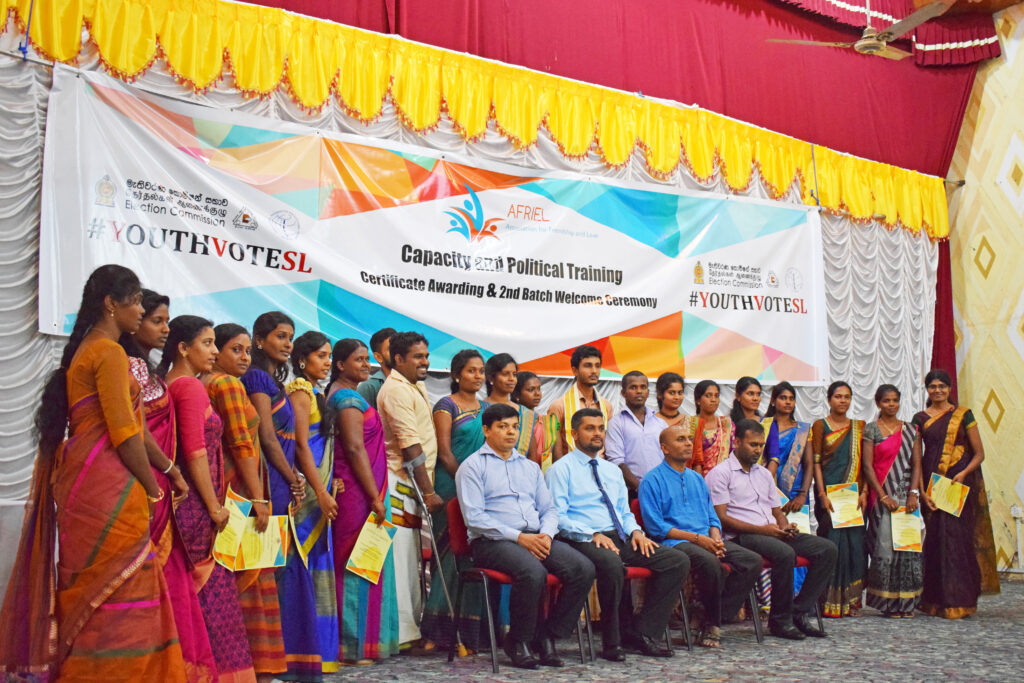
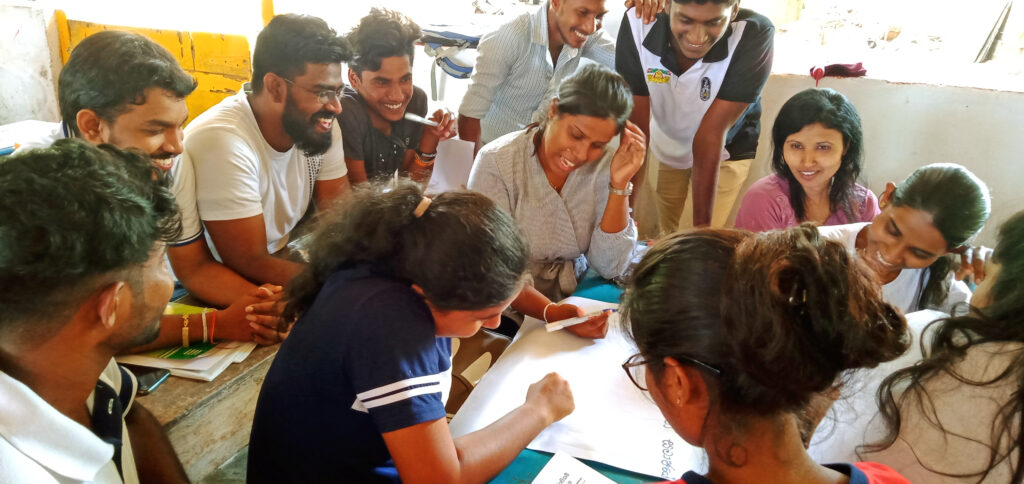
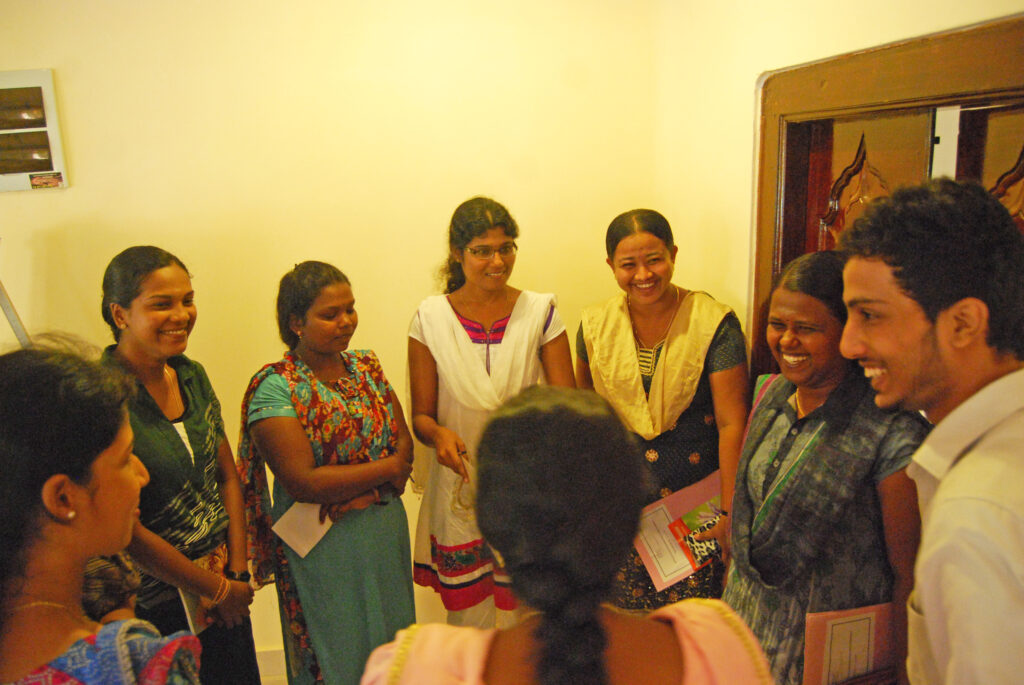
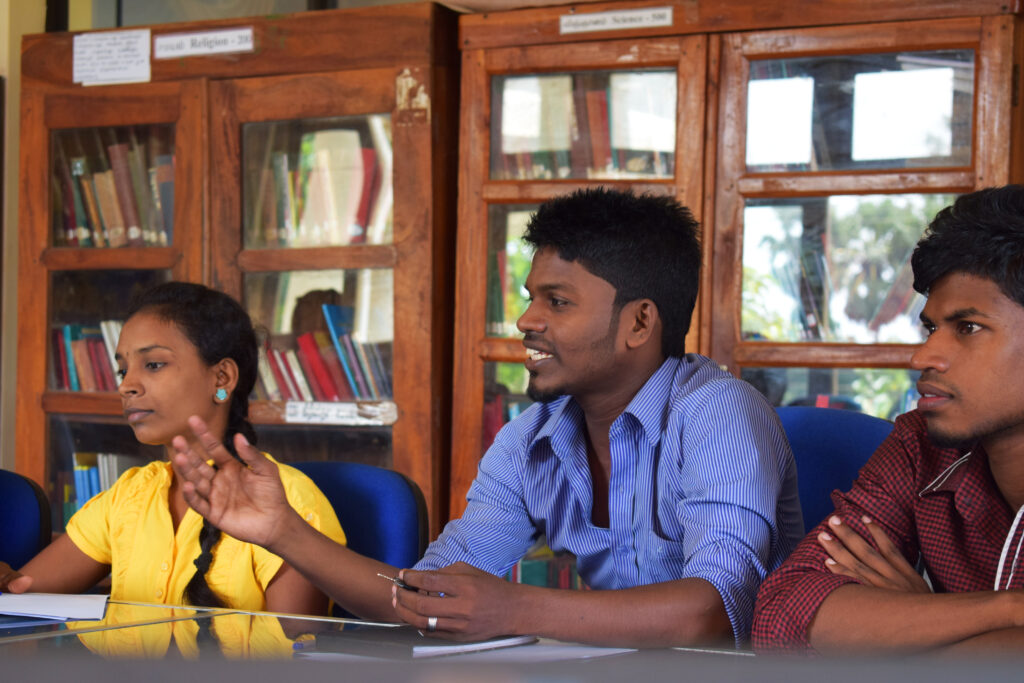
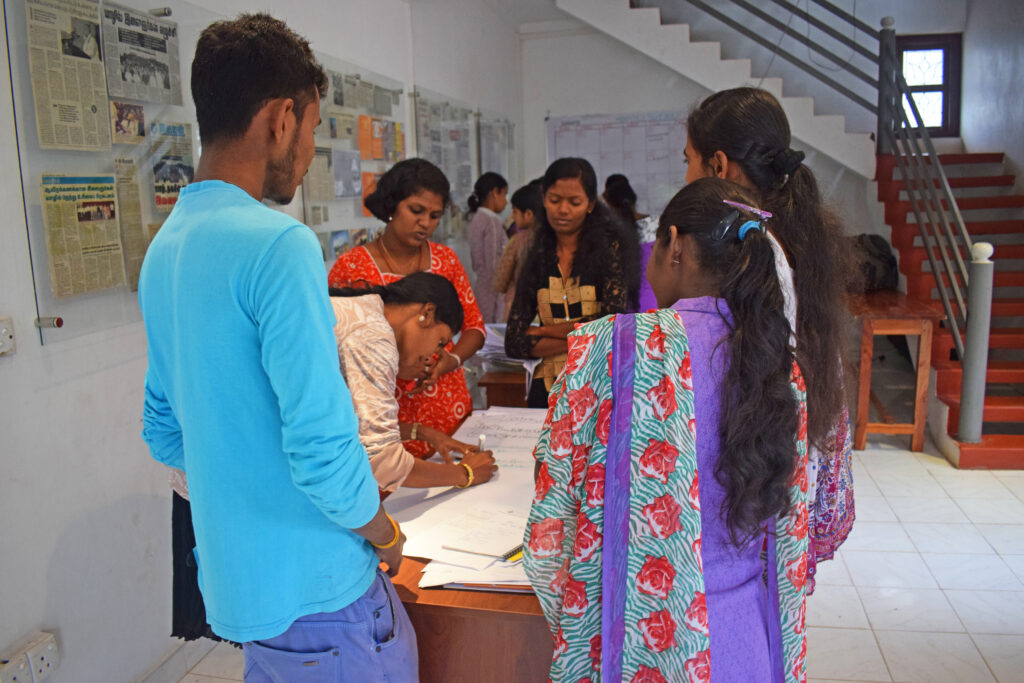
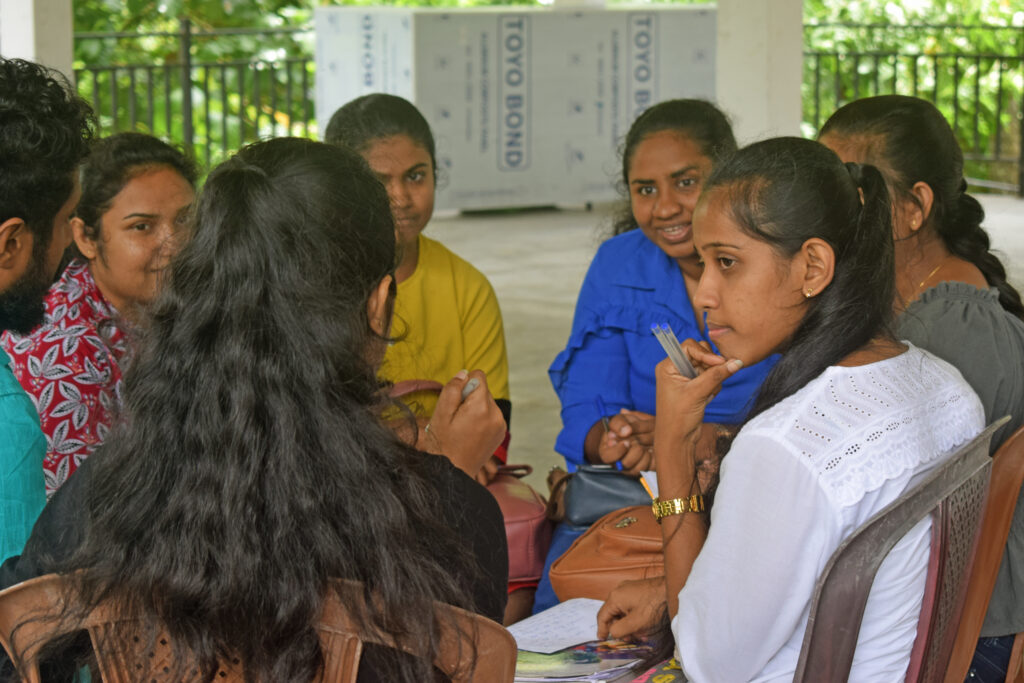
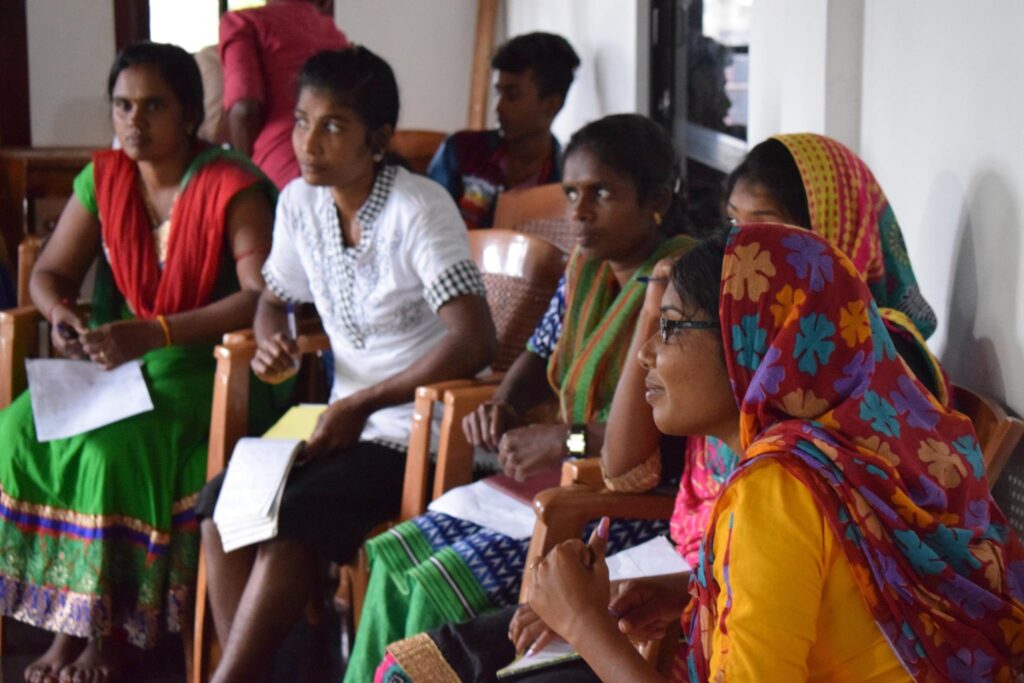
Reconciliation & Transitional Justice
When AFRIEL commenced in 2013, we recognized a significant challenge: as a youth organization, we needed to collaborate with youth communities in the war-affected northern and eastern provinces, where the impact of war had shaped beliefs. Simultaneously, a prevailing perception among the majority depicted the youth in these regions as extreme communities.
AFRIEL’s initial strategy was to create a space for young people from the north and east to freely discuss their individual and communal challenges. Concurrently, we launched initiatives, including meetings with institutions, street dramas, truth-telling camps, and public campaigns, to bring attention to the ethnic situation in the country and catalyze actions for solutions.
We successfully increased minority youth participation in national reconciliation policy reform processes, engaging in activities such as the 2016 youth consultation with the reconciliation task force and becoming key partners in state mechanisms addressing issues like land through mediation boards.
Capitalizing on shared concerns across ethnic groups, such as land, war victims, disappearances, and corruption, we facilitated dialogues and joint actions to foster solidarity, trust, and understanding. Our approach included exchange programs with joint actions, such as public campaigns, institutional visits, and issue reporting with journalist groups, uniting youth from diverse ethnicities and religions in the pursuit of good governance, democracy, and peace. Throughout this process, northern and eastern youth garnered increased support from the southern regions for political solutions and the implementation of national reconciliation policies.
Many program models and initiatives introduced by AFRIEL youth were adopted by other groups, contributing to national reconciliation and peace efforts. AFRIEL’s activities in reconciliation and transitional justice engaged over 10,342 individuals.
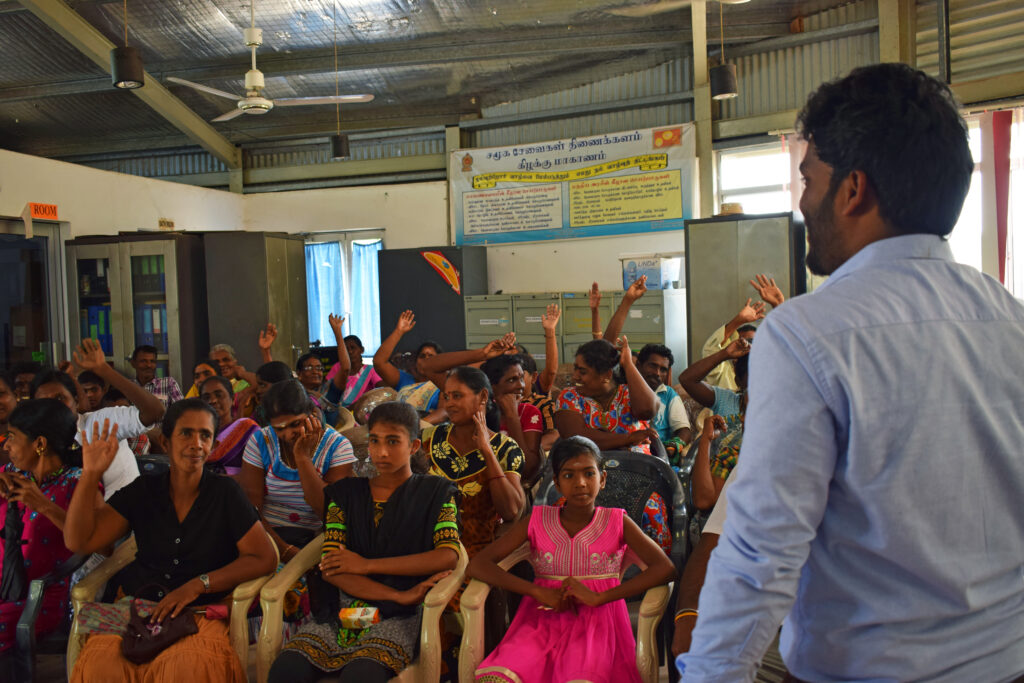
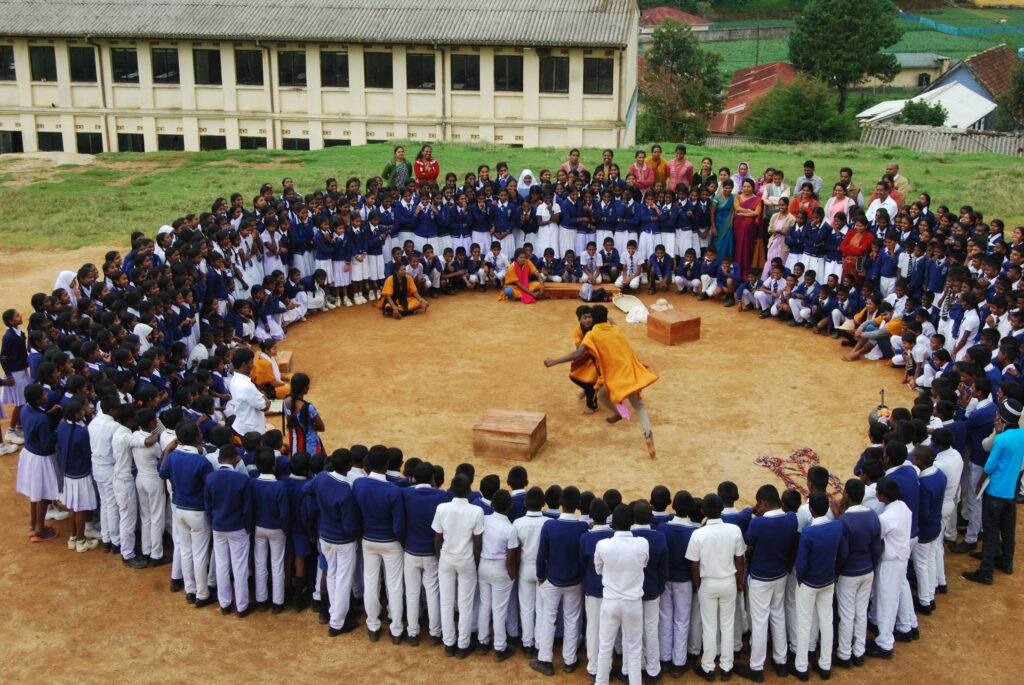
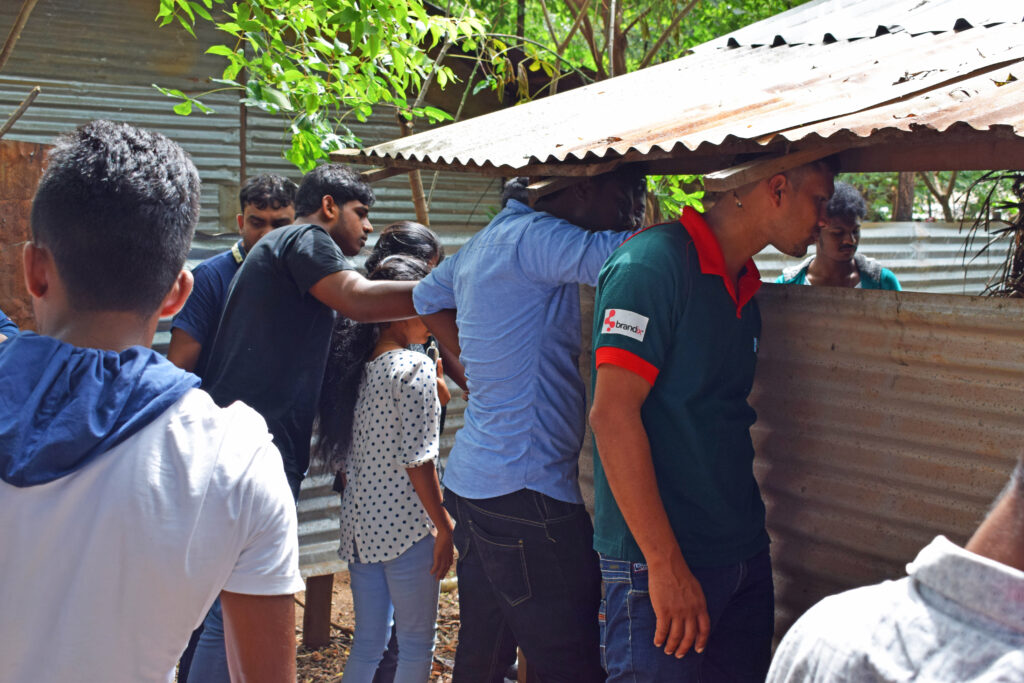
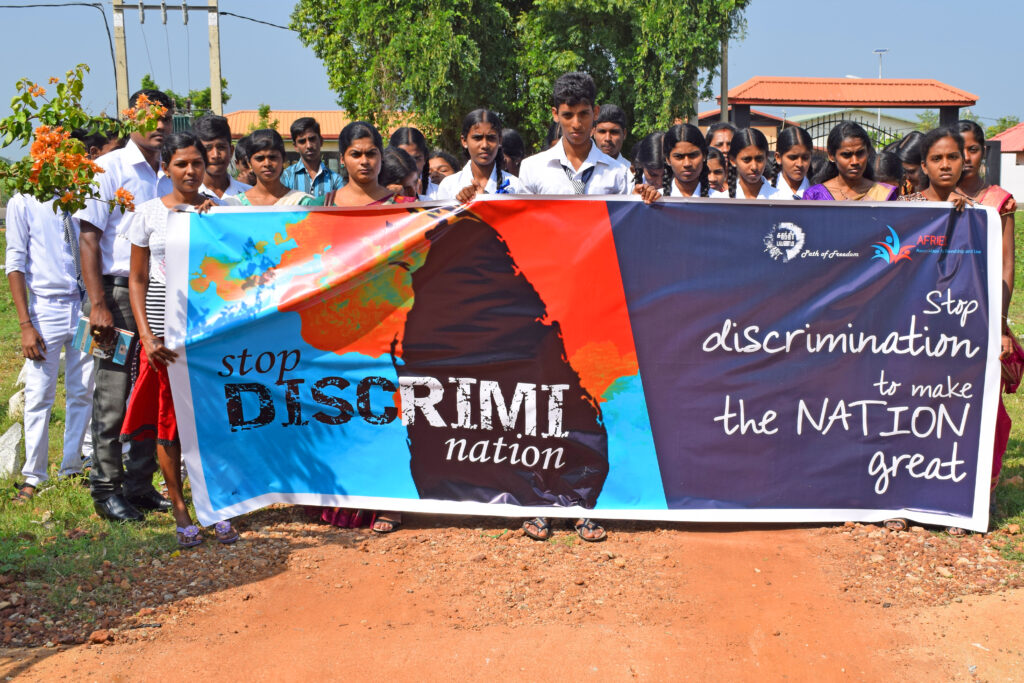
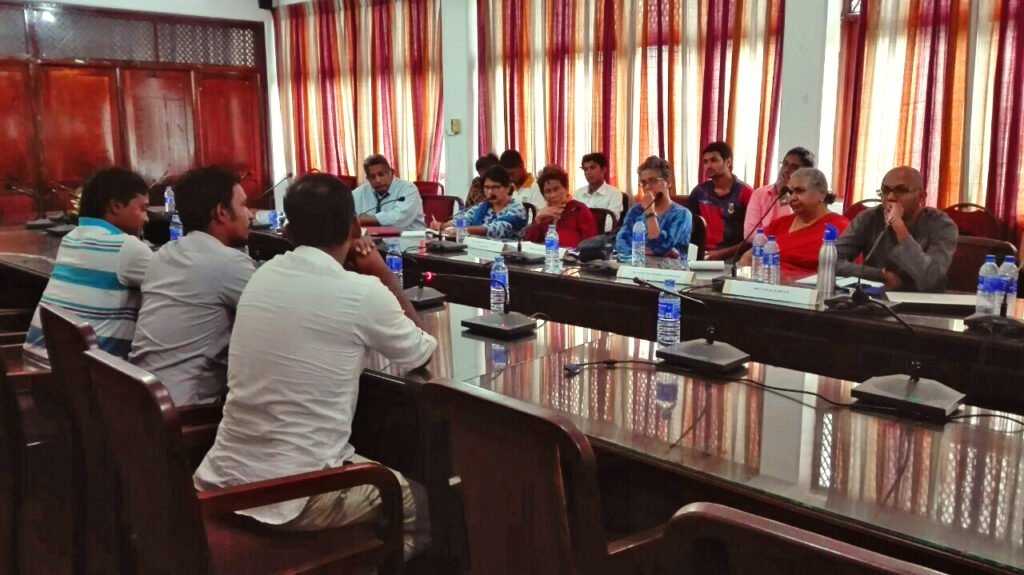
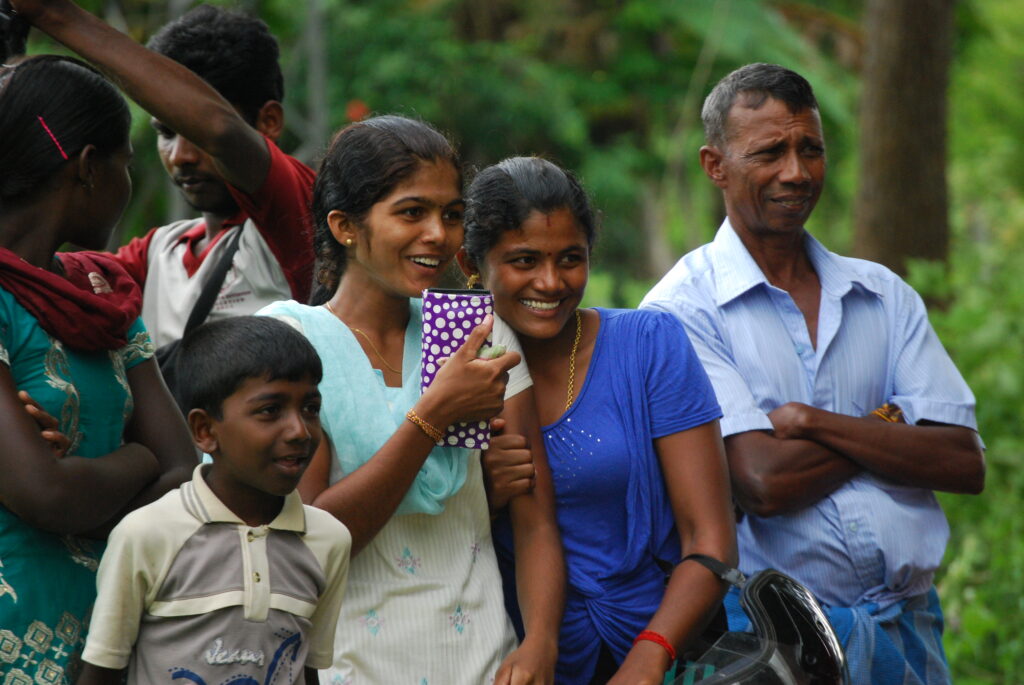
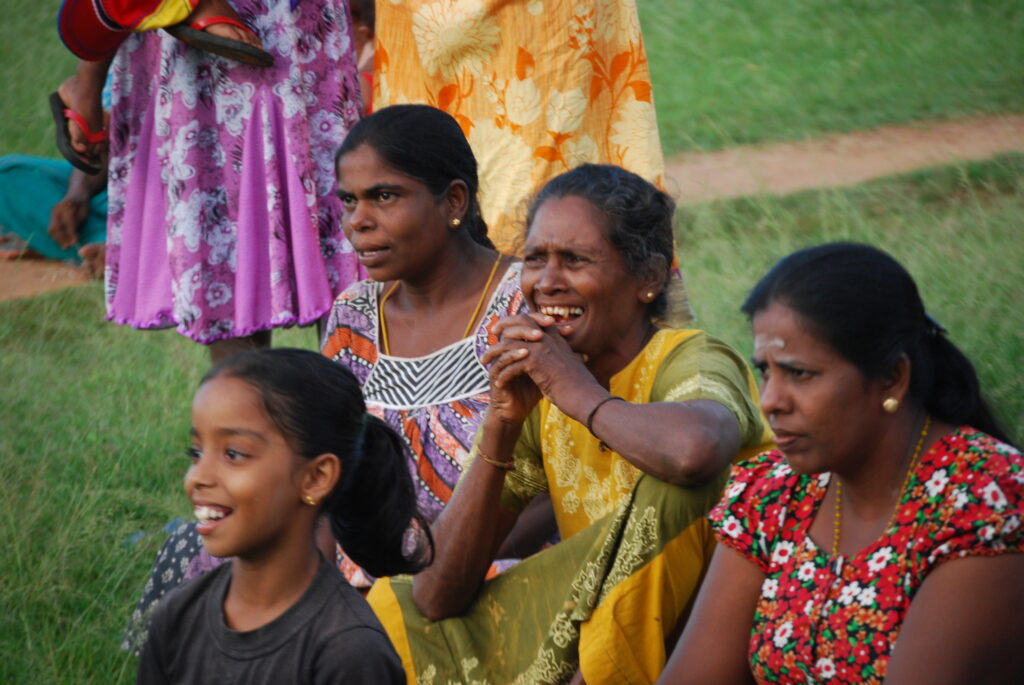
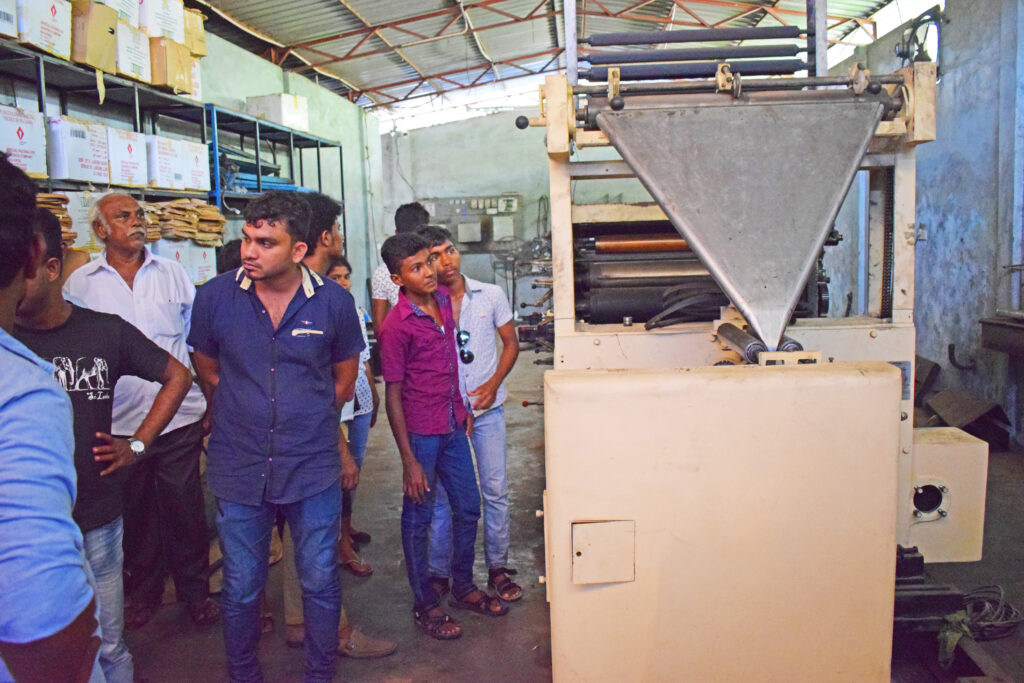
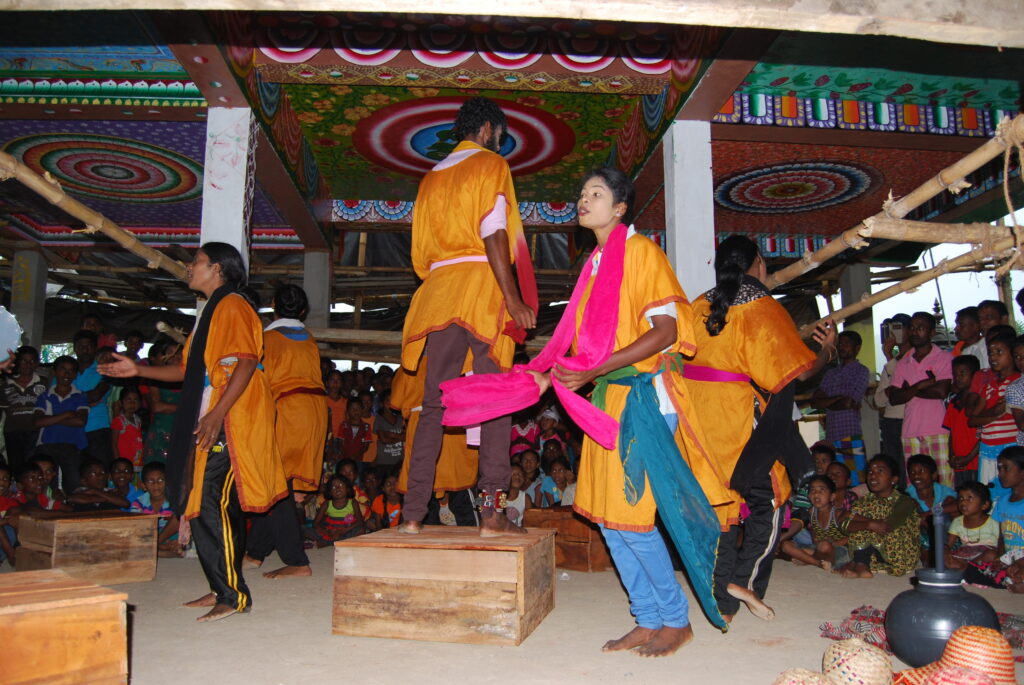
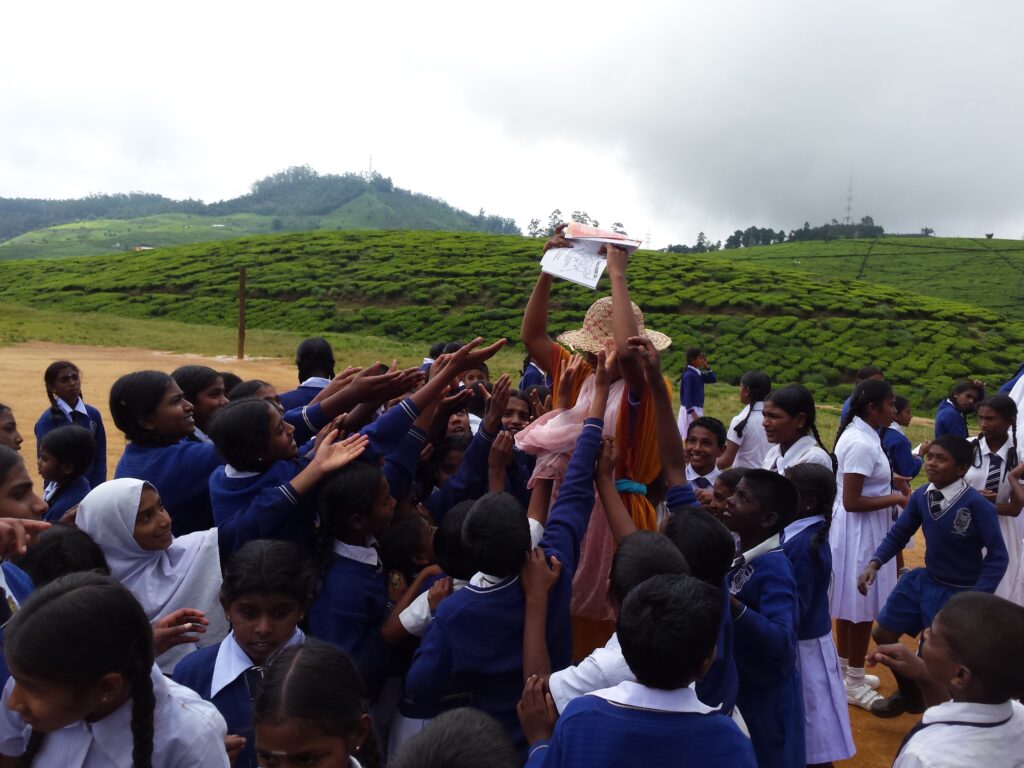
Land Rights
Starting in 2013, AFRIEL encountered numerous communities grappling with unresolved land issues, including challenges such as military land acquisition, illegal land occupation by political groups and their supporters, the issuance of fake land documents, and the absence of proper land ownership documentation. A significant number of people sought assistance from AFRIEL’s legal advice unit and legal advice clinics to file complaints about their land issues. To aid in the problem-solving process, AFRIEL youth volunteers supported land victims by engaging with institutions and advocating for justice.
Unfortunately, in some cases, especially those related to military land acquisition, public authorities continuously ignored them without providing solutions. Consequently, we stood with the victims to amplify their voices and demand justice. AFRIEL’s public campaigns reached and supported at least 2,672 land victims.
Additionally, AFRIEL facilitated land documentation for communities through collaboration with government entities such as Divisional Secretariats. With the initiation of the Land Mediation Board mechanism, AFRIEL actively participated in implementation and awareness-building, referring 3,657 complaints, and some AFRIEL youth leaders worked as land mediators over the past five years.
Recognizing the need for systemic changes and proper planning in land governance, AFRIEL partnered with the Land Registrar General Department, training 190 office and regional staff, resulting in the issuance of nearly 1,000 land ownership recommendations. Recently, AFRIEL has been closely working with victim communities to gather information for policymakers, contributing to sustainable solutions for various land-related issues.
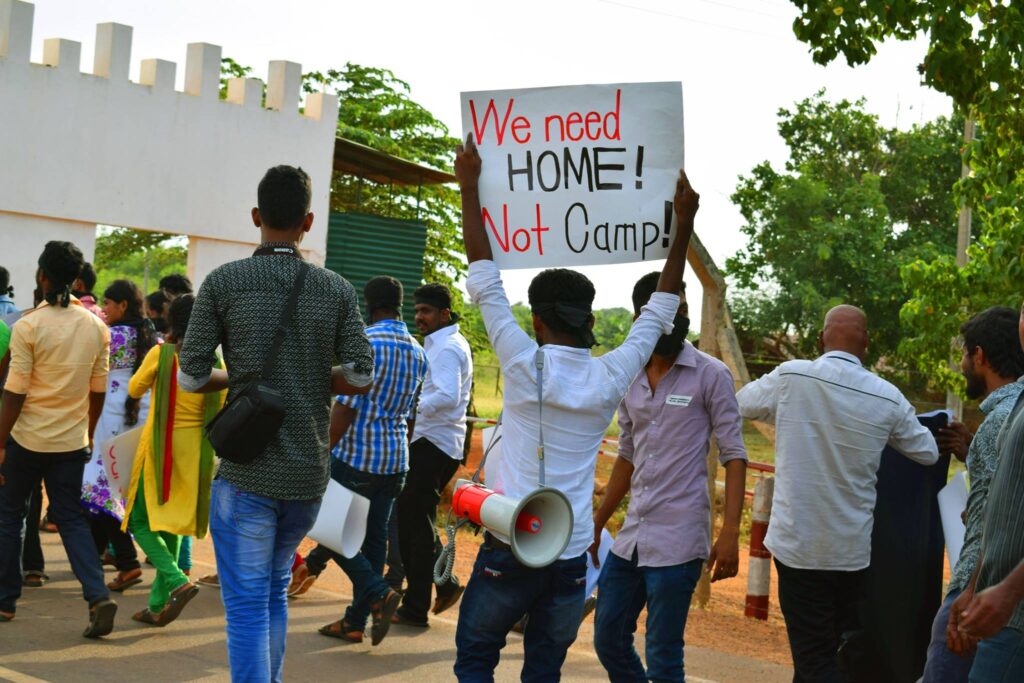
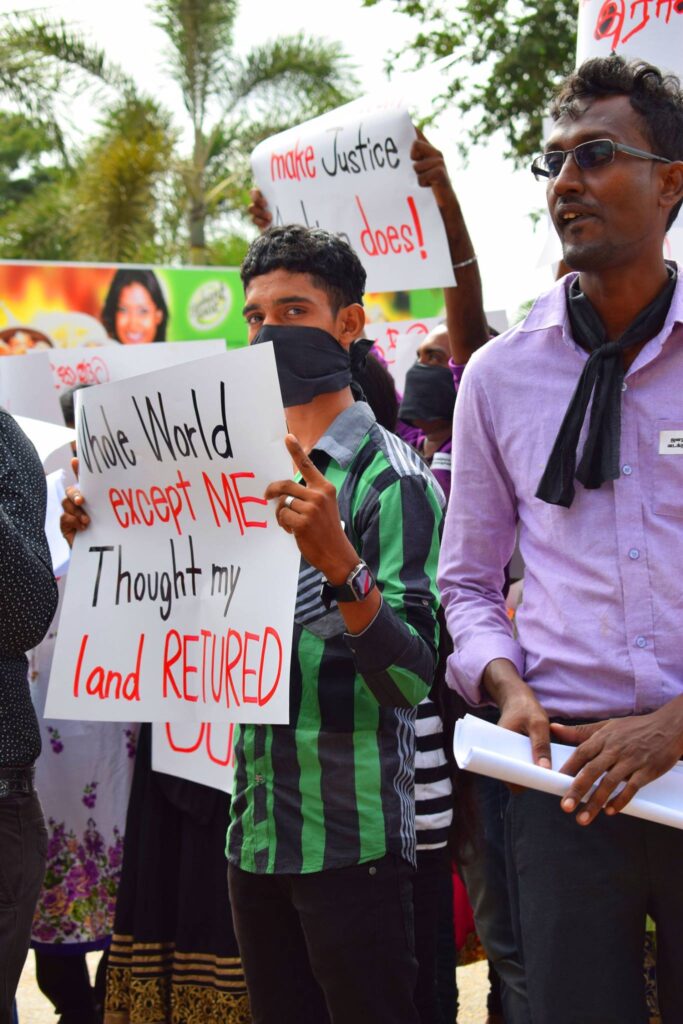
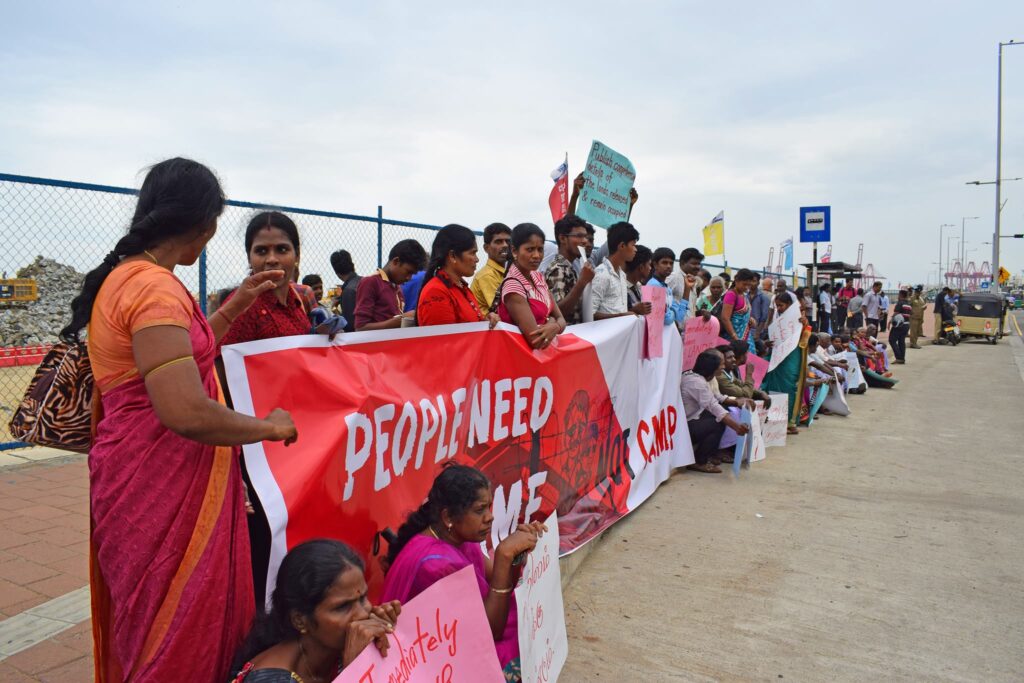
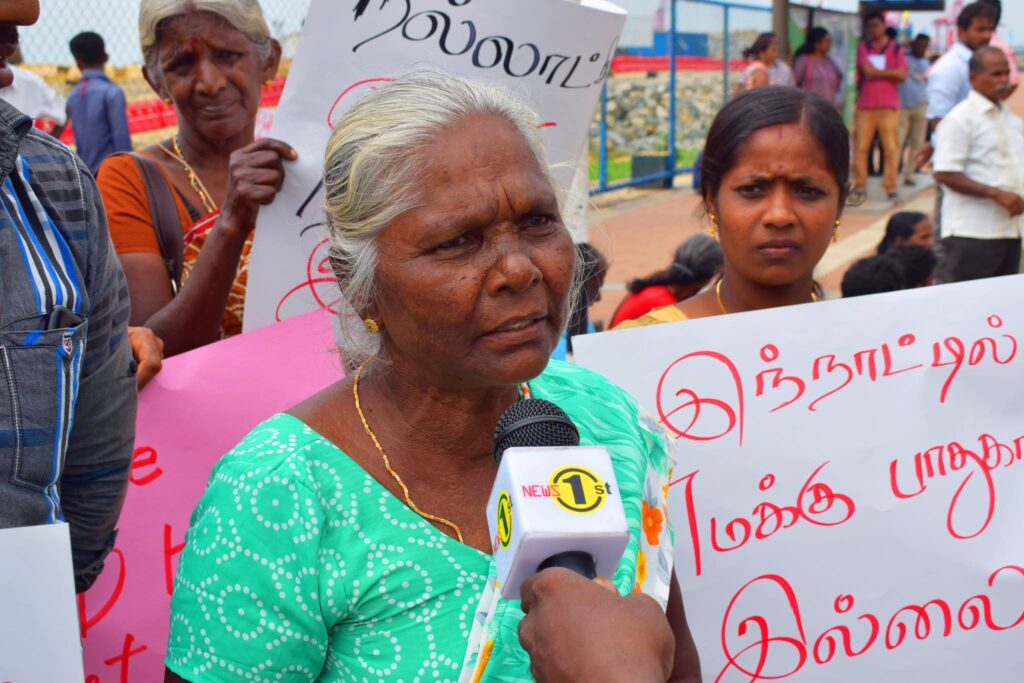
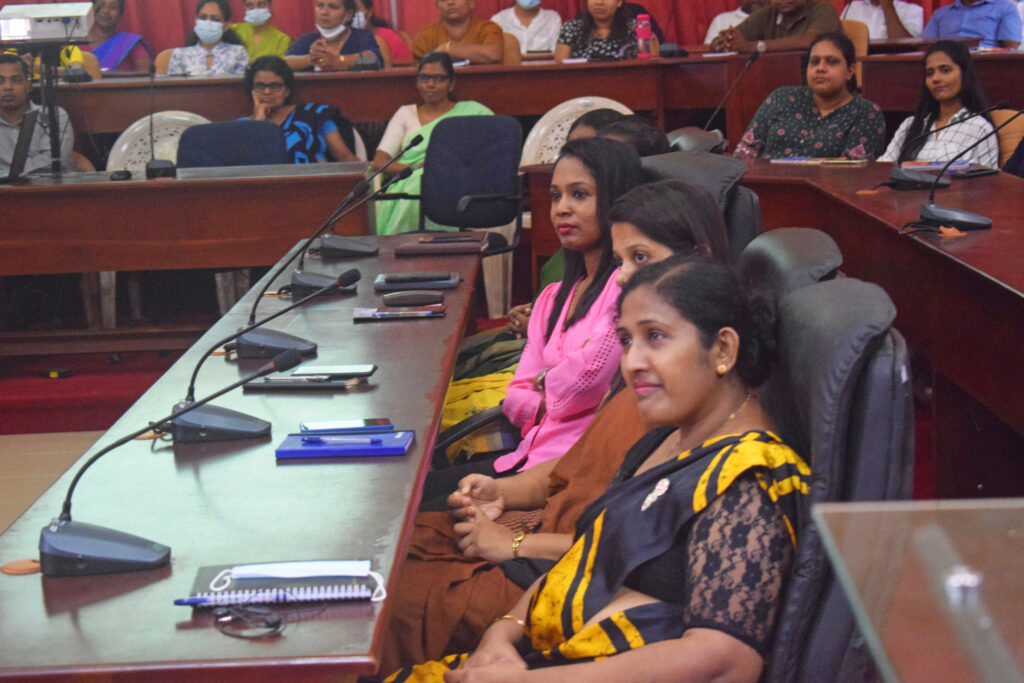
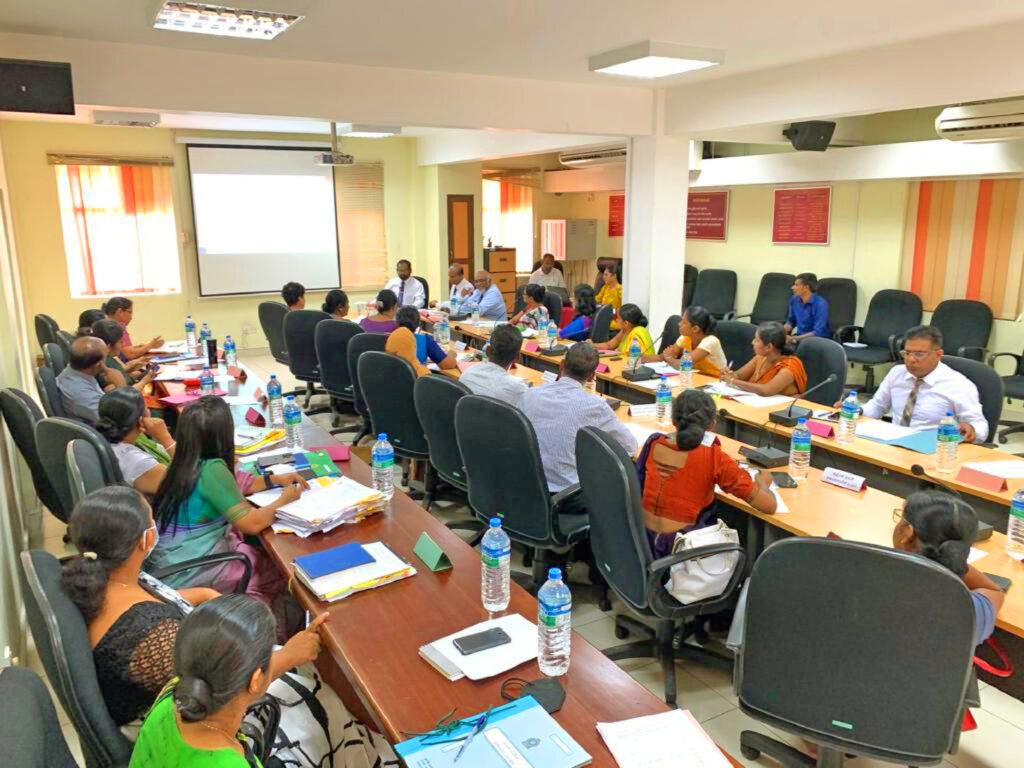
Human Rights
AFRIEL Youth Network’s resolute dedication to human rights is vividly demonstrated through a diverse range of impactful initiatives that transcend communities and individuals. Large-scale youth gatherings not only showcased the commitment of the youth in safeguarding human rights, particularly for minority groups, but also sent a powerful message to political leaders.
AFRIEL empowers grassroots communities through targeted discussions and campaigns, fostering joint actions with various stakeholders for collaborative problem-solving. The network has played a vital role in intervening in critical cases involving housing, forcible eviction, and unfair compensation for victims of development projects, achieved through collaborative efforts with religious leaders, media, and the Human Rights Commission.
In total, the network has engaged 33,890 individuals through 218 programs, underscoring its influential role in human rights advocacy and community engagement.
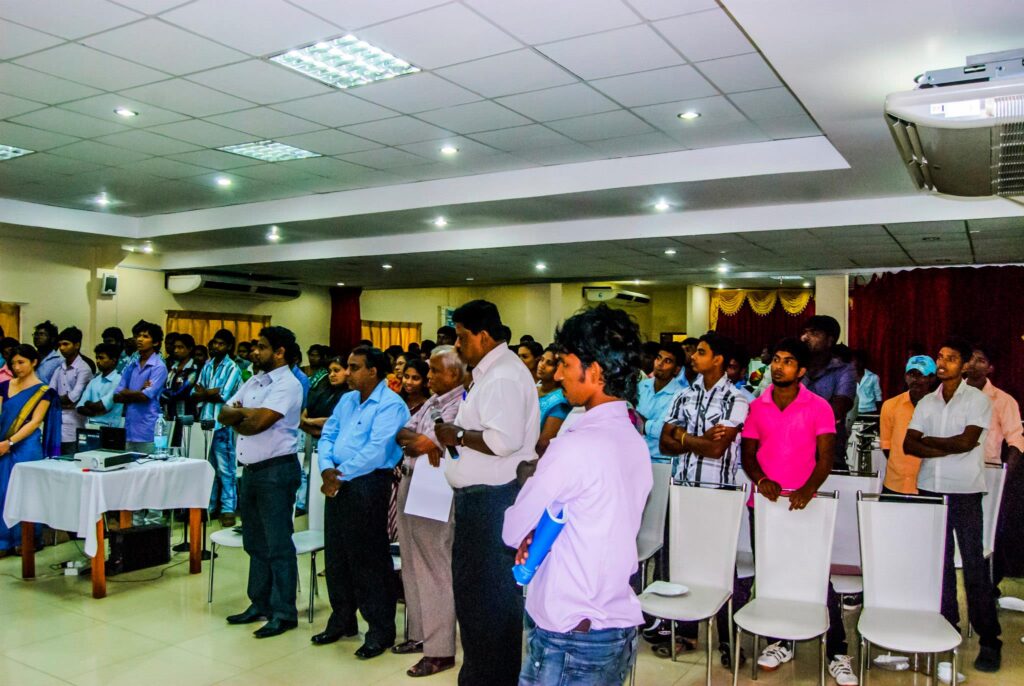
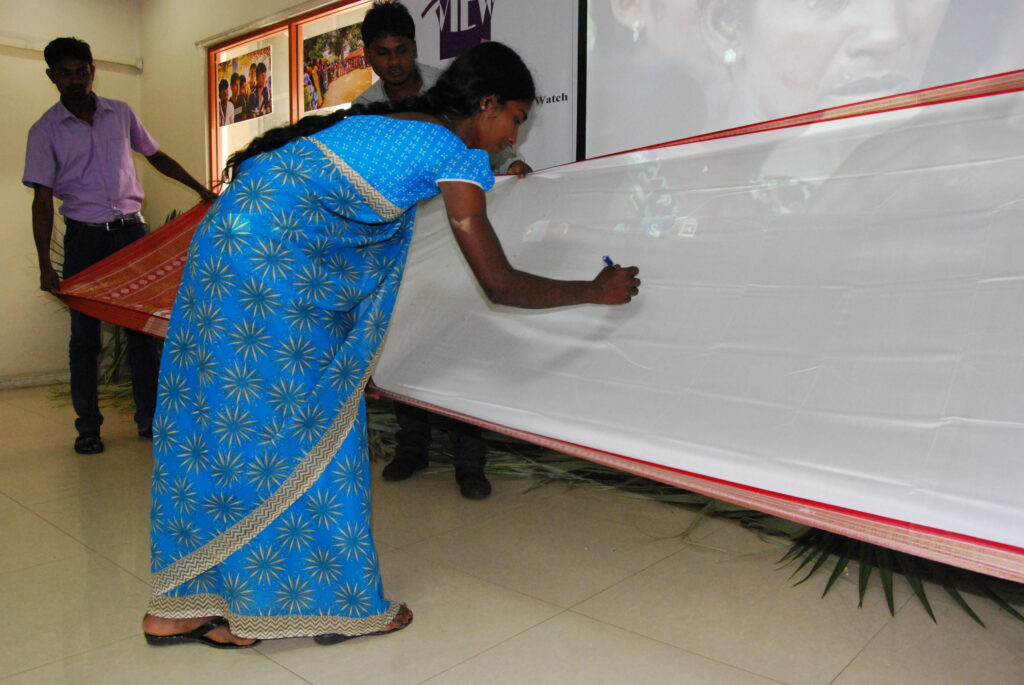
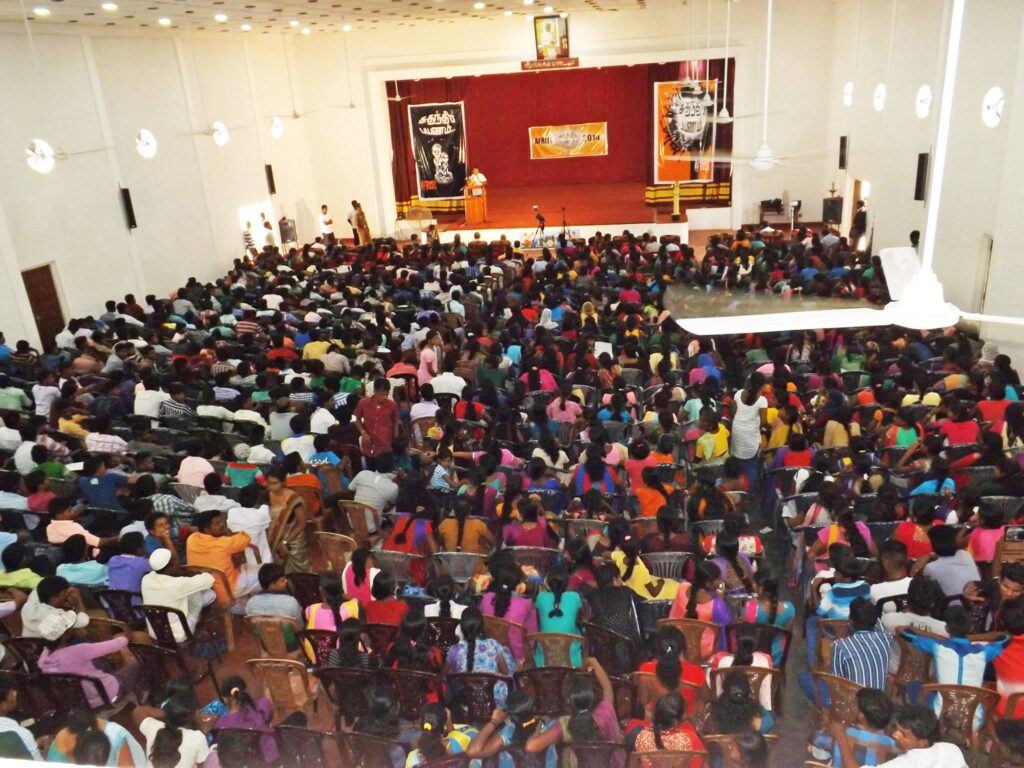
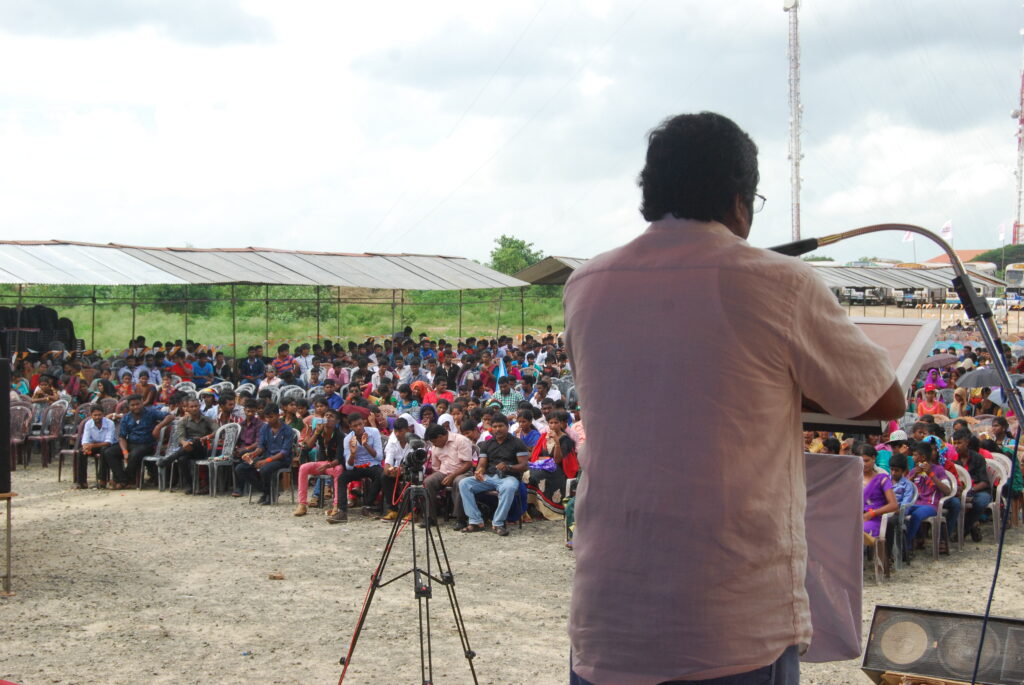
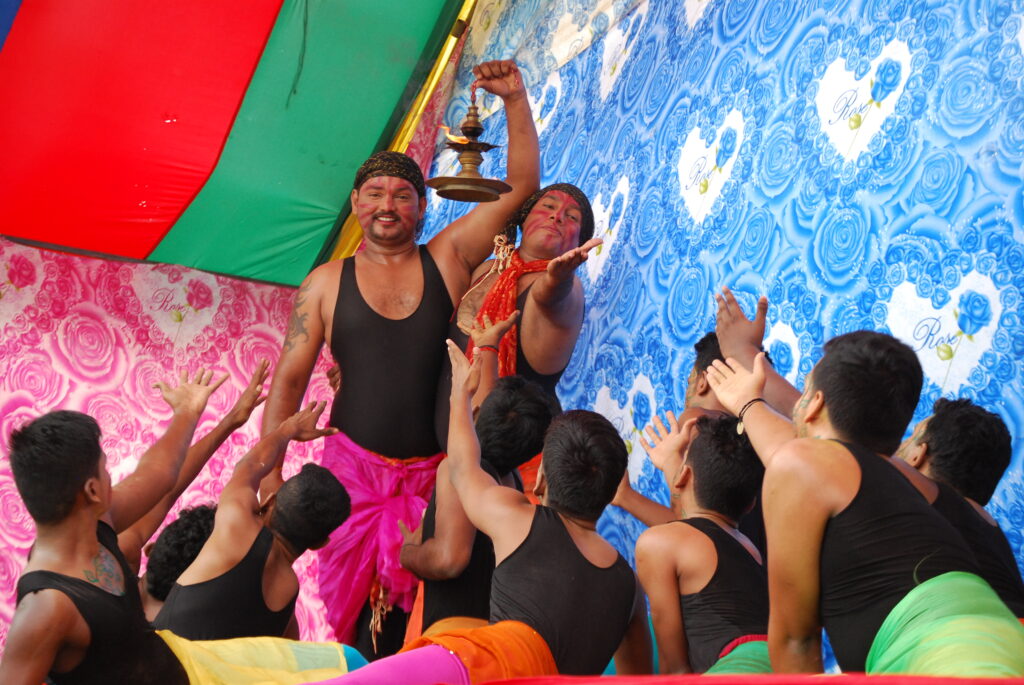
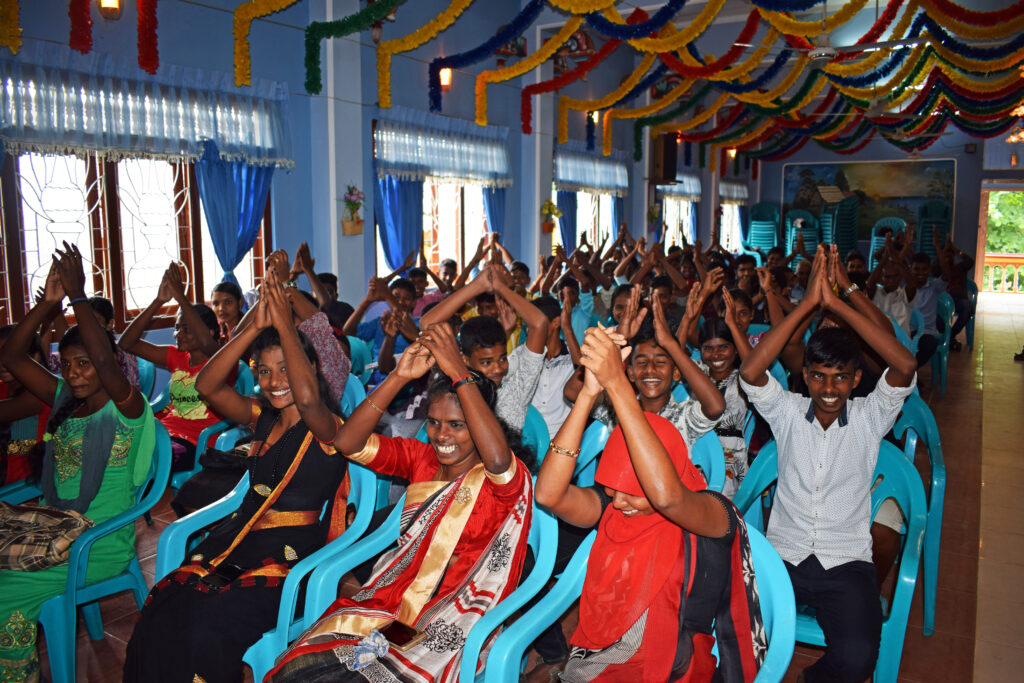
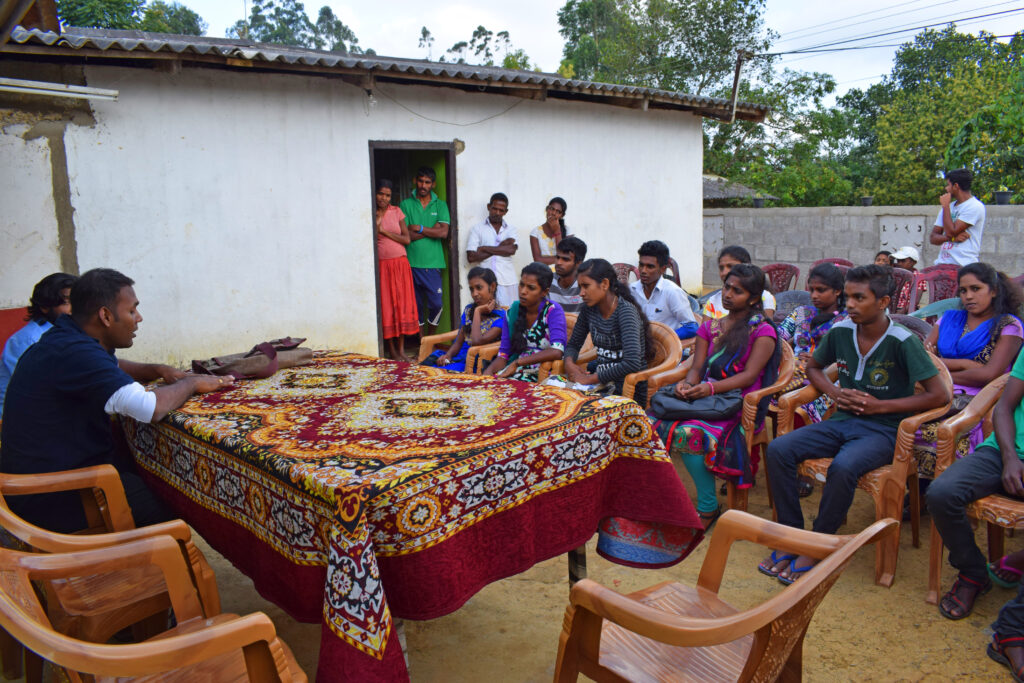
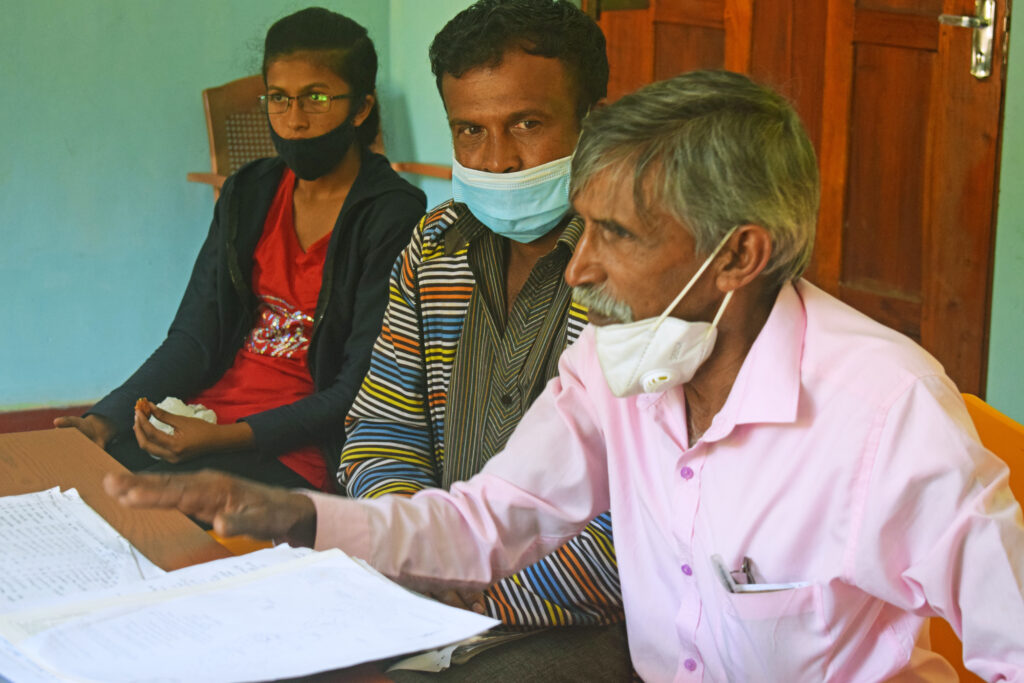
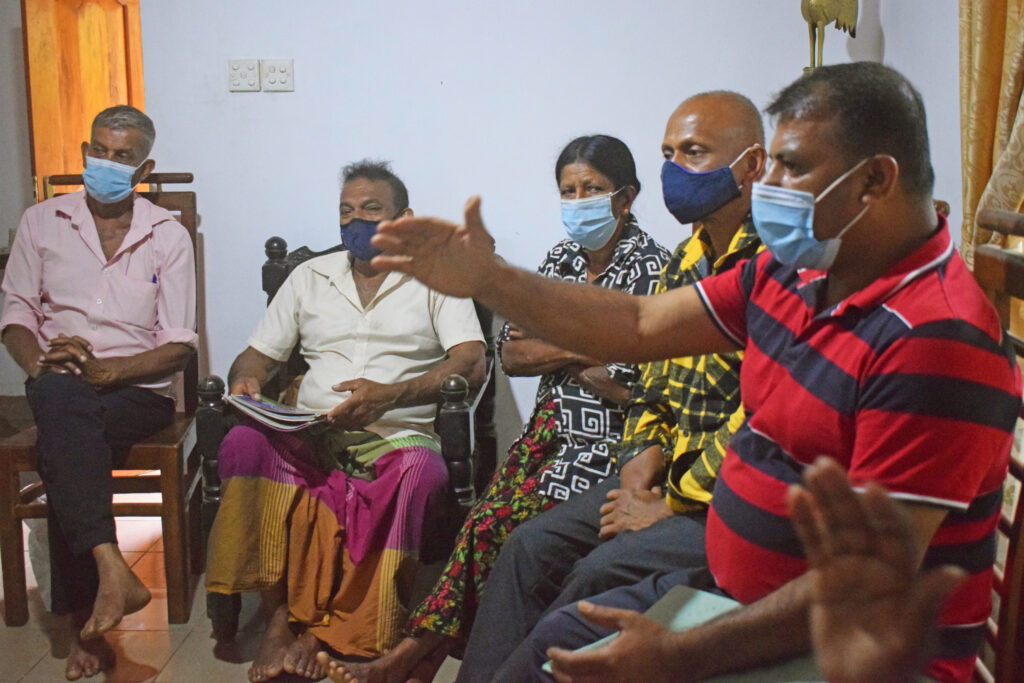
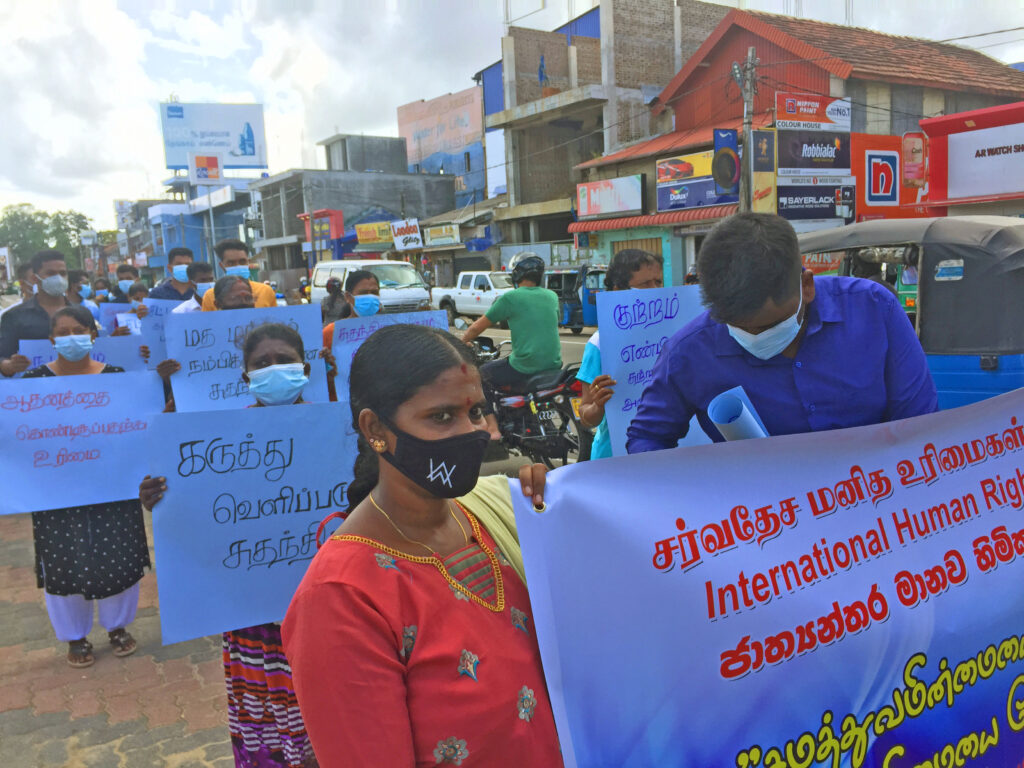
Mobile Service & Legal Advice Clinic
As a result of youth listening to citizens’ day-to-day life issues, AFRIEL youth identified the key major issues facing grassroots communities are legal documentation, land, housing project issues, and environmental problems arising from large-scale development projects.
Over the past 10 years, AFRIEL organized mobile and legal advice clinics led by youth in collaboration with legal experts and sometimes with government institutions, benefiting 68,906 individuals. AFRIEL also facilitated Divisional Secretariats in providing legal documentation and land ownership documents, which has been instrumental in helping them access public services and improve their land and housing rights. AFRIEL also played a significant role in assisting foreign labors facing violations and torture abroad and supported families to legally register their marriage. Additionally, a large number of citizens obtained identity cards and, ensuring their voter rights and access to other public services.
Through legal advice and mobile services, AFRIEL supported institutions in making systematic changes within their offices to better fulfill public needs and address various complaint categories. AFRIEL also facilitated the creation of a problem-solving process based on improved understanding, communication, coordination, and trust between public service sectors and communities. This approach has brought people closer to public administrative sectors, fostering collaborative and peaceful strategies for finding solutions.
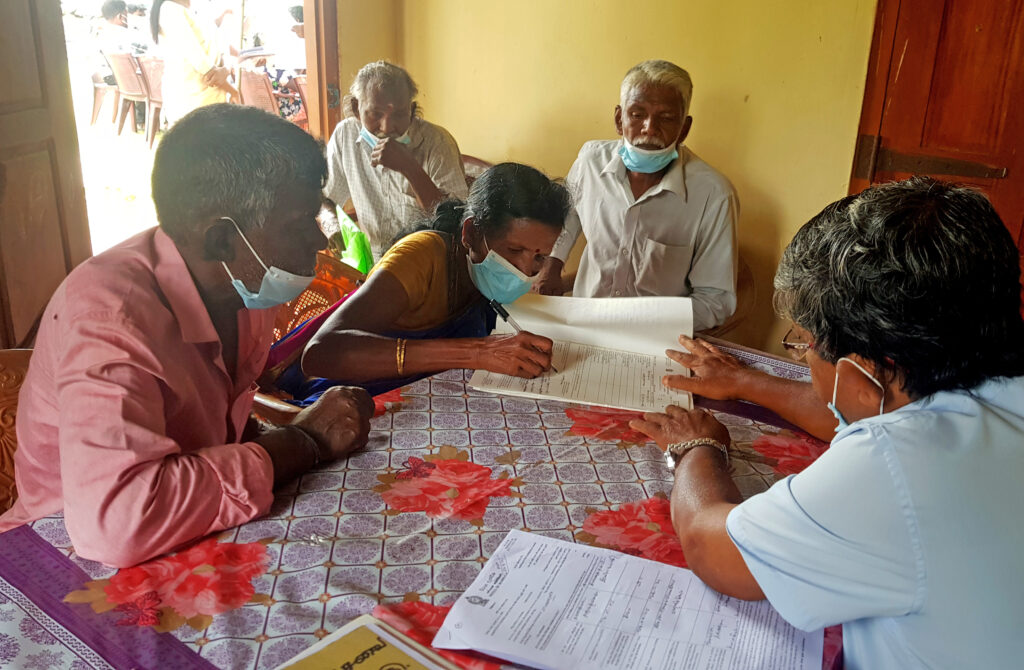
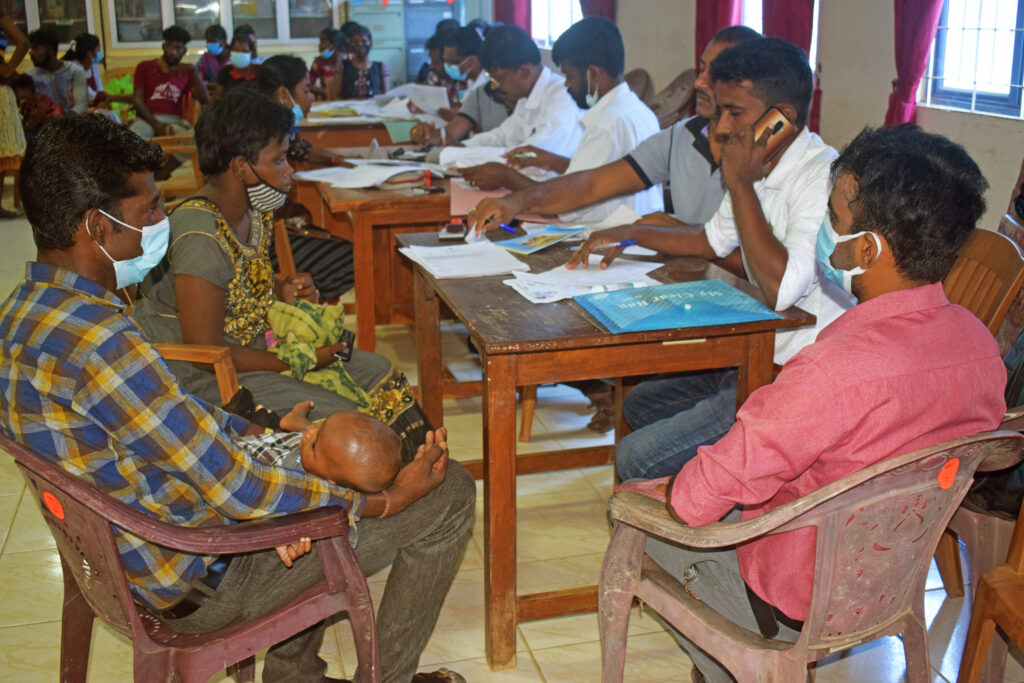
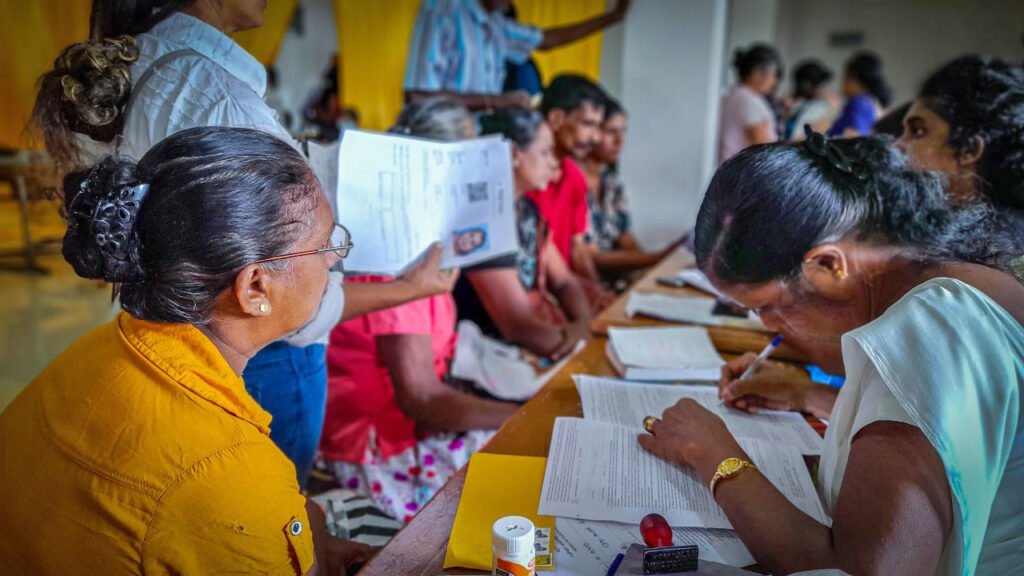
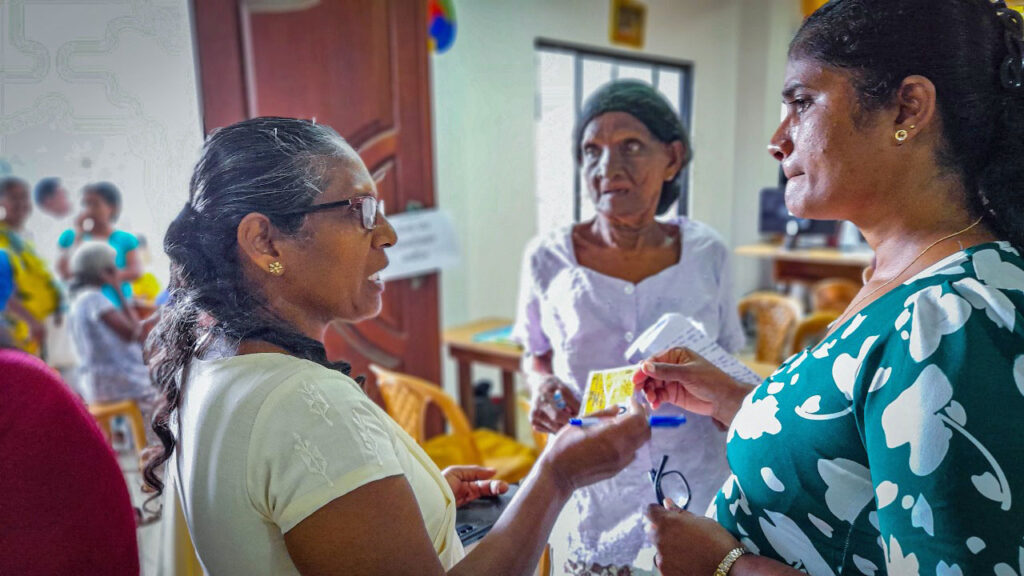
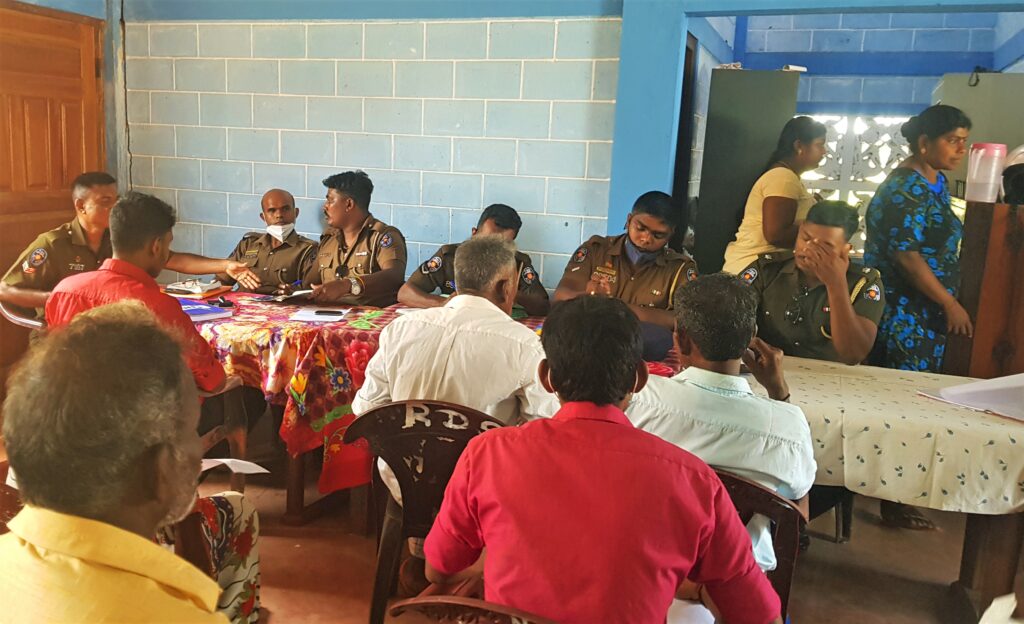
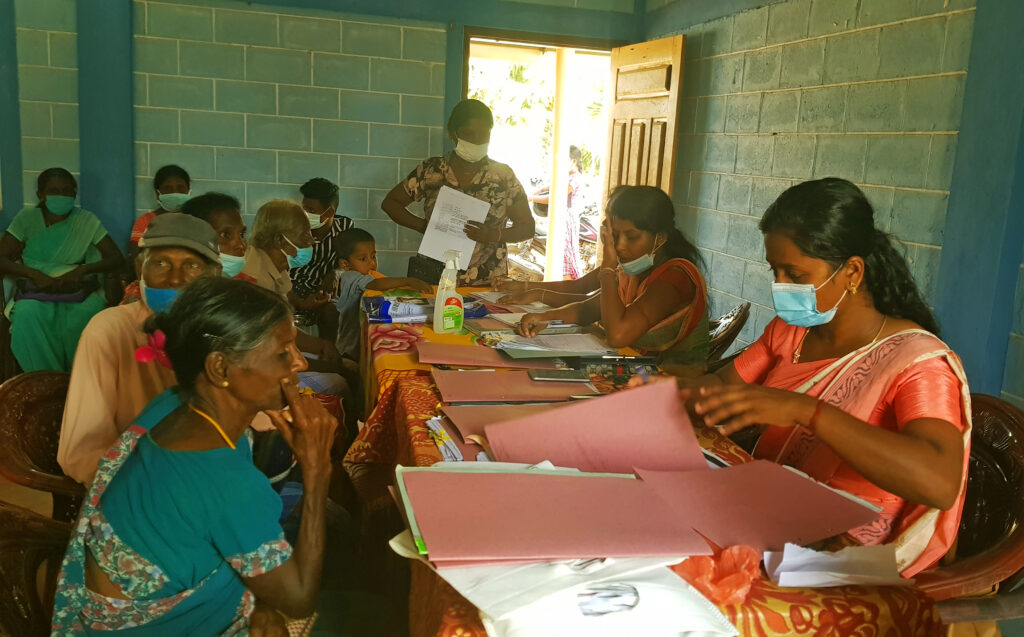
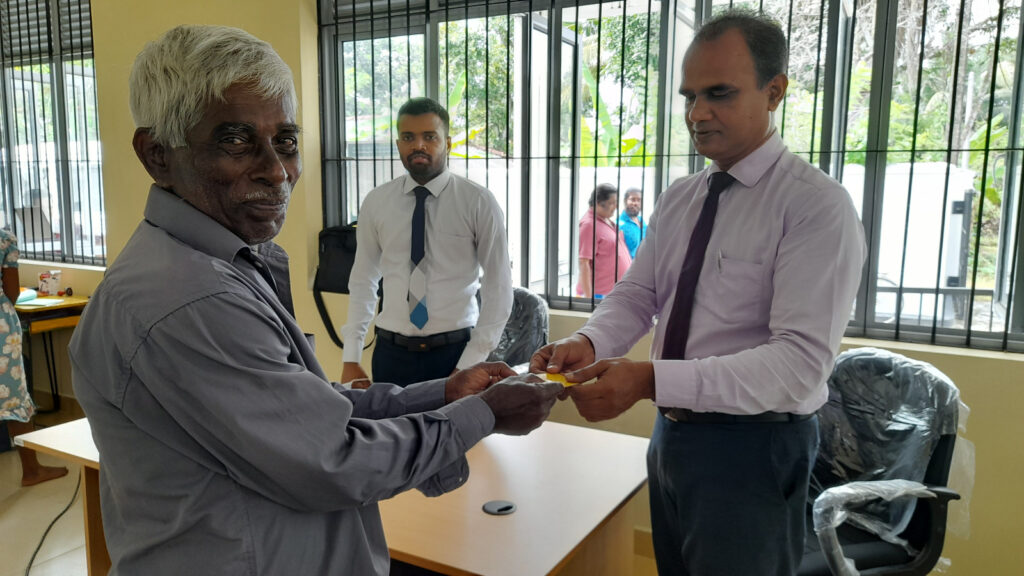
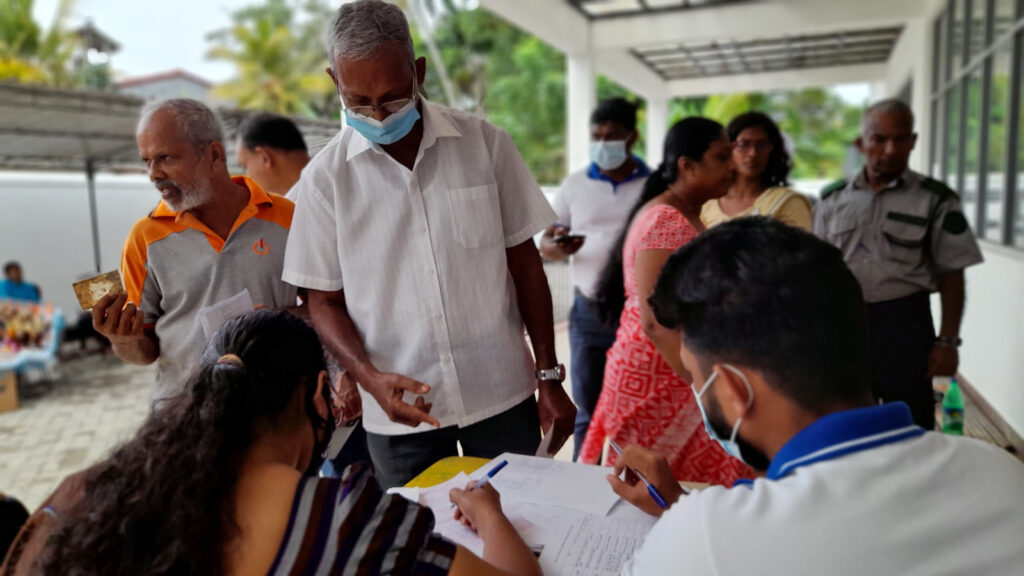
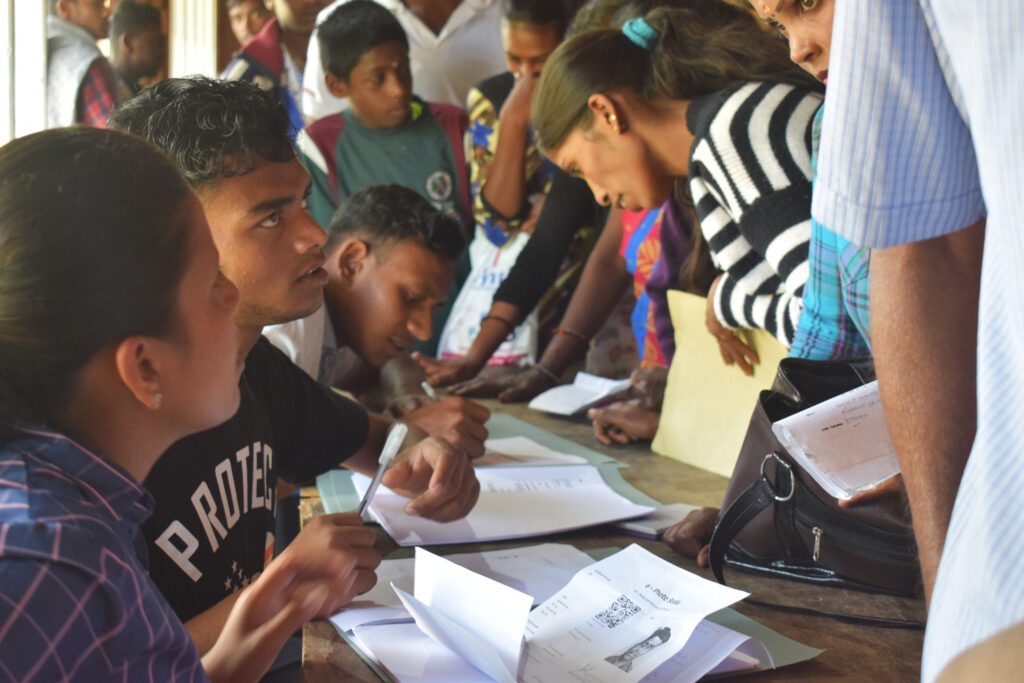
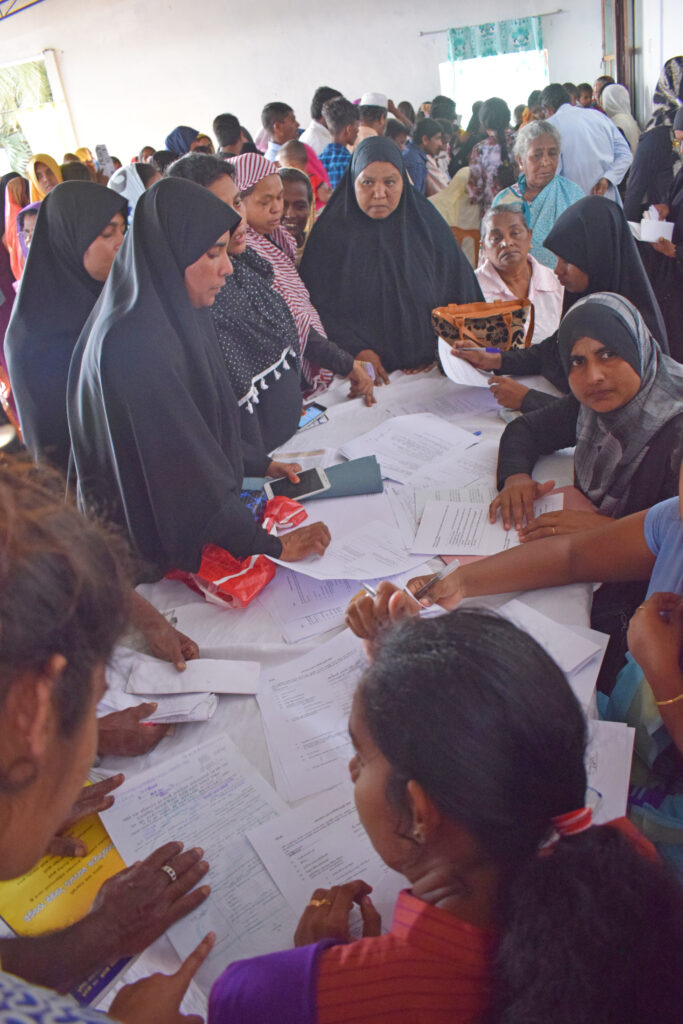
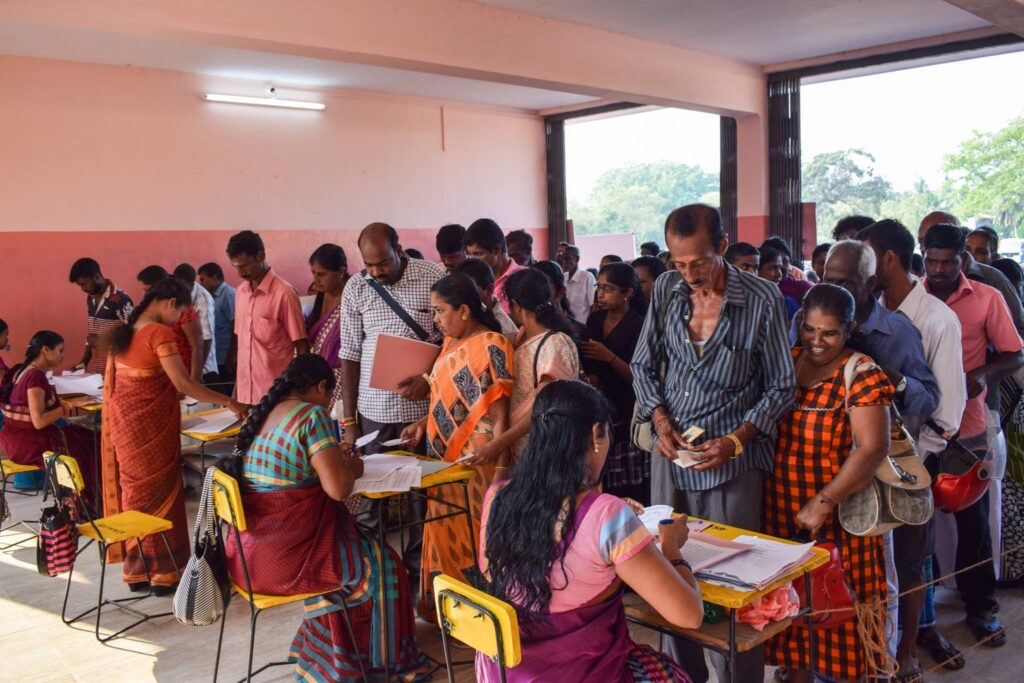
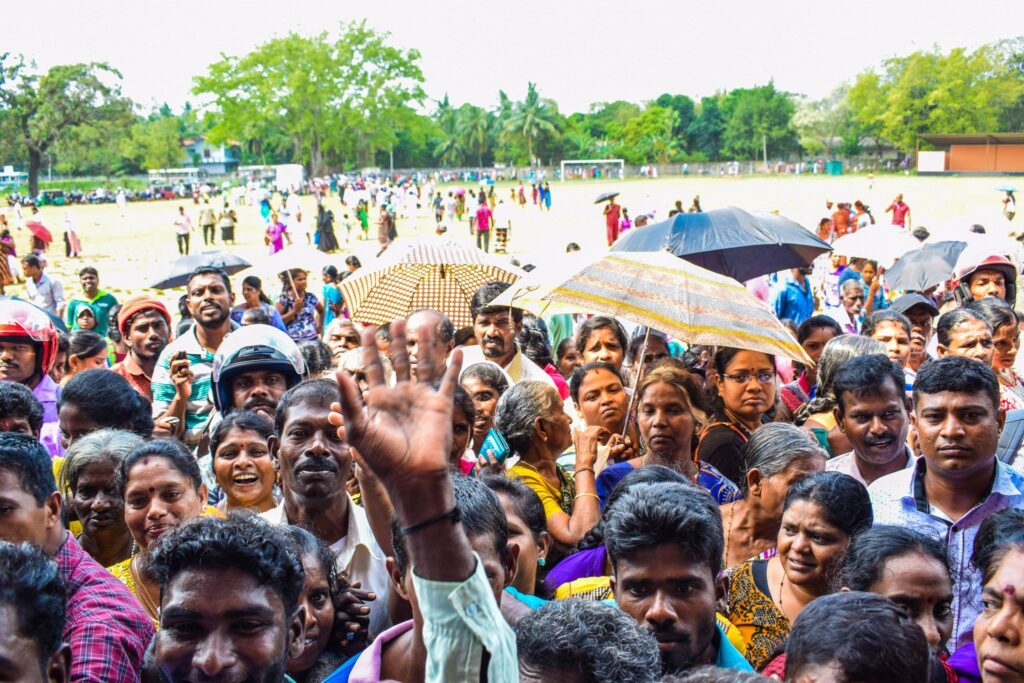
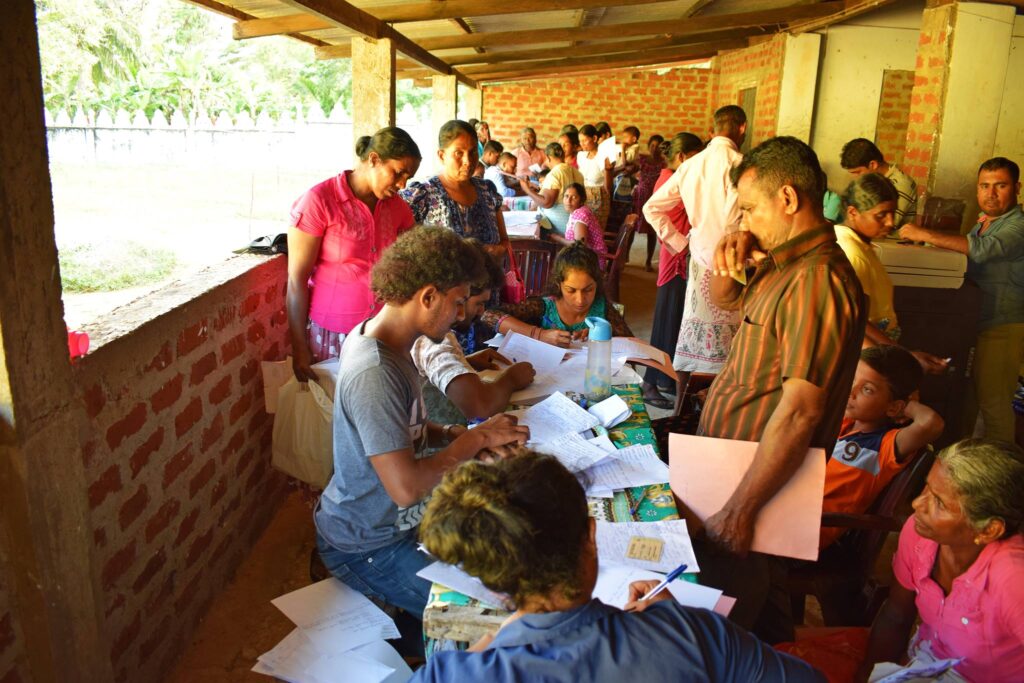
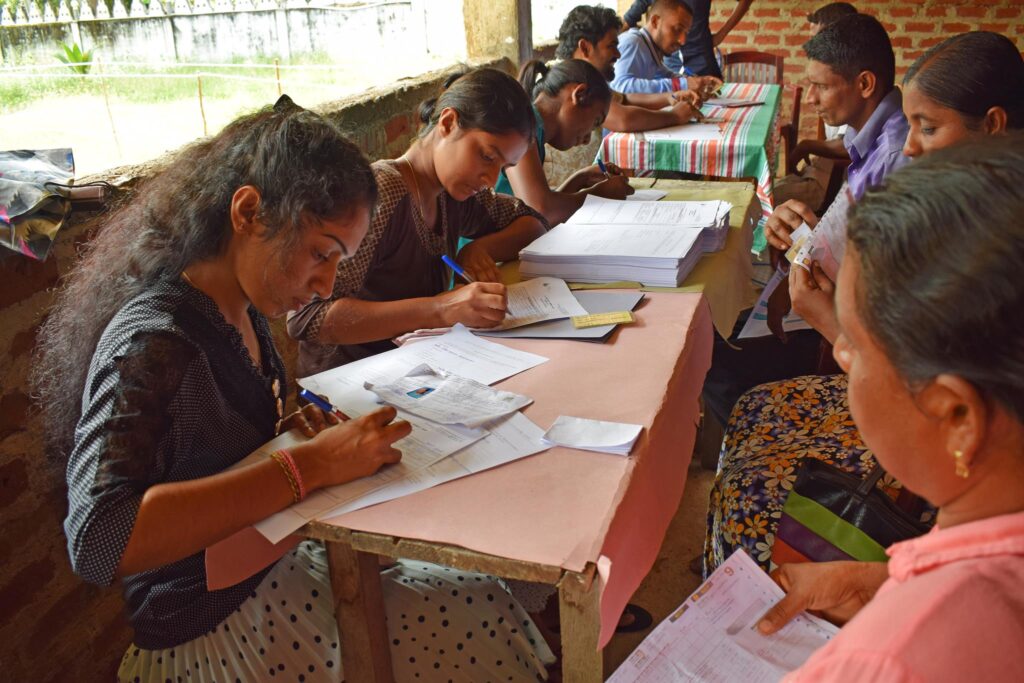
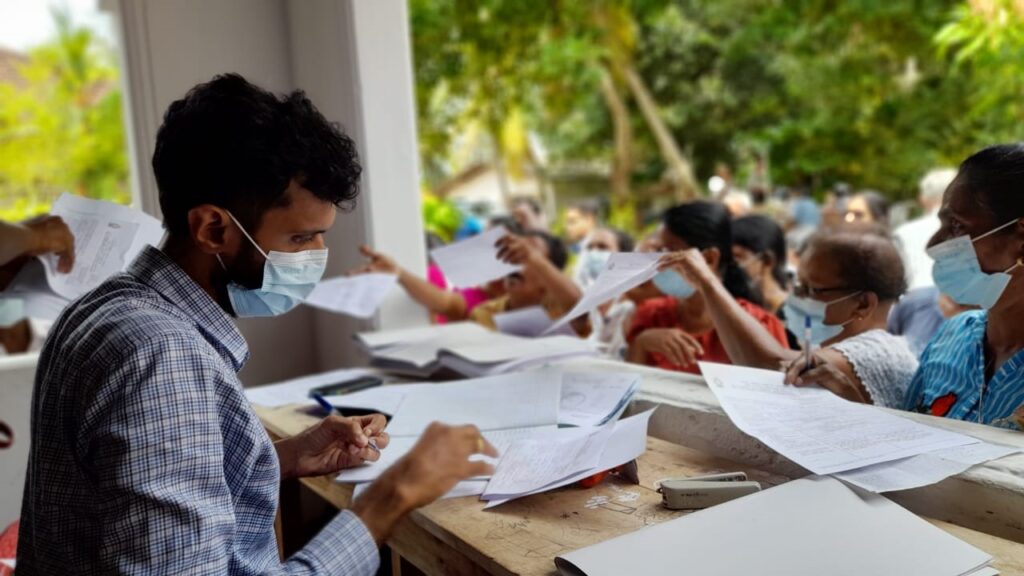
Electoral Reform & Voter Rights
AFRIEL established Volunteer Initiatives for Election Watch (VIEW) in 2013. In the early years, we supported election observation organizations such as Transparency International Sri Lanka (TISL), Centre for Monitoring Election Violence (CMEV), and People’s Action for Free and Fair Elections (PAFFREL).
Subsequently, AFRIEL’s youth increased their engagement with citizens, fostering dialogues with 26,695 individuals through 556 voter education programs aimed at altering prevailing patterns of election law violations. Additionally, we actively worked with 7,892 citizens to enhance civic responsibility, contributing to the fortification of a positive political culture.
Introducing the citizen reporting concept under VIEW, we emphasized citizens’ direct engagement with election-related authorities to report violations, eliminating the need to pay and deploy hundreds of thousands of election observers. This approach aimed to encourage activism naturally from citizens. Alongside the citizen reporting concept, we also devised strategies to activate political mechanisms for preventing election violations and enhancing government officers’ roles in holding and supporting the conduct of free and fair elections.
AFRIEL and VIEW maintained a network of over 3,000 volunteer citizen reporters across the country, a public servant network for whistleblowing, and professional groups. Our ultimate goal is to achieve a scenario where there is no need for election observation organizations paid observers, including VIEW itself, by 2030.
In 2019, AFRIEL, in partnership with the March 12 Movement, hosted the first presidential debate in Sri Lanka, gathering 2,530 participants. VIEW conducted social media monitoring during the Presidential Election, receiving 2,299 complaints.
In 2020, VIEW received official recognition from the Election Commission of Sri Lanka, conducting election observation with the citizen reporting concept during the 2020 Parliament Election. Over 3,000 citizen reporters and social media monitoring garnered 3,306 election violation complaints and 6,029 social media complaints.
Beyond election monitoring, AFRIEL actively participated in electoral reform, mobilizing youth for the 18+ year-old voter rights campaign, contributing to the passage of a parliamentary resolution. Our efforts allowed hundreds of thousands of young voters to engage in the election process.
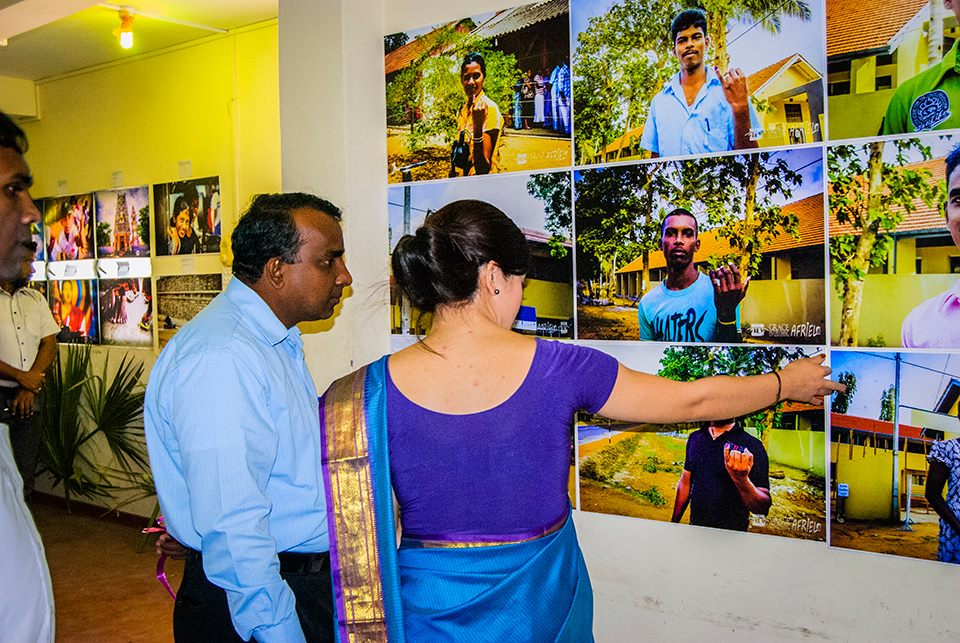
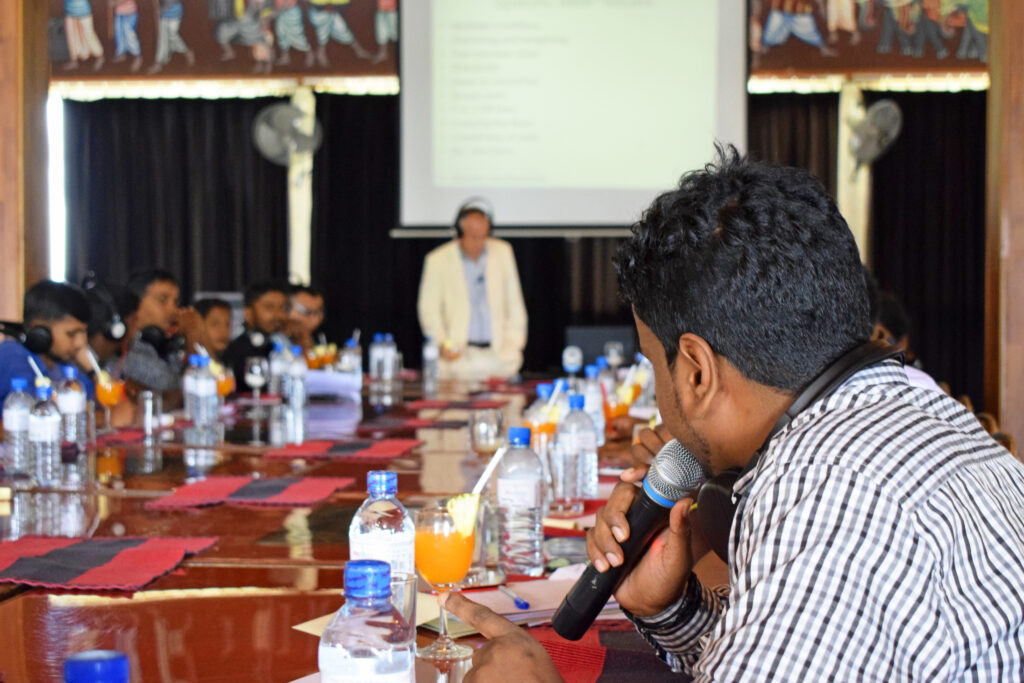
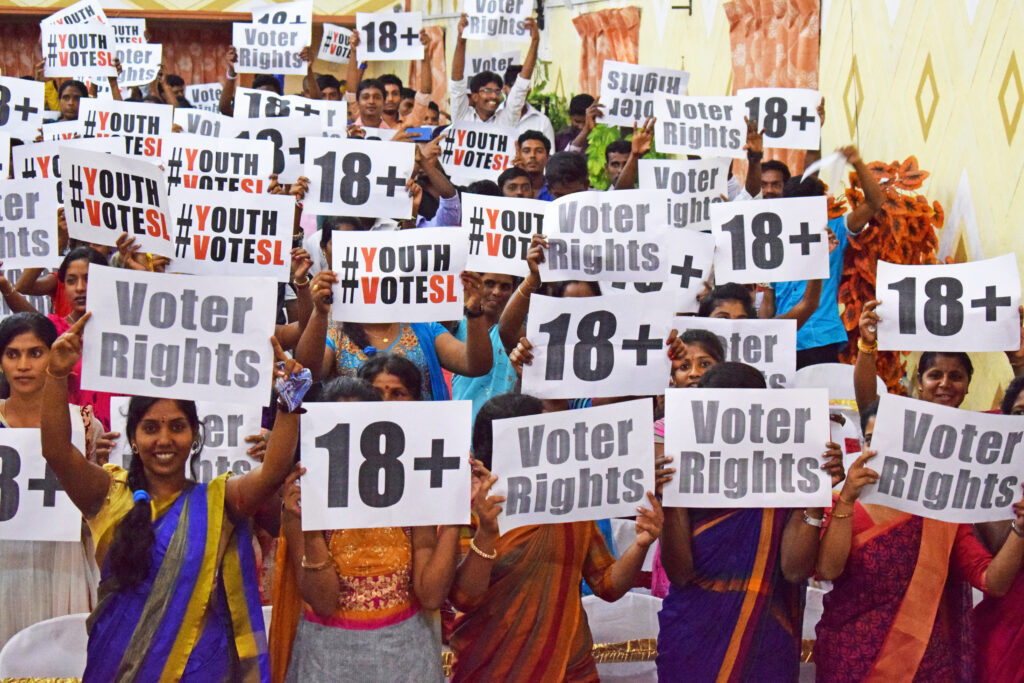
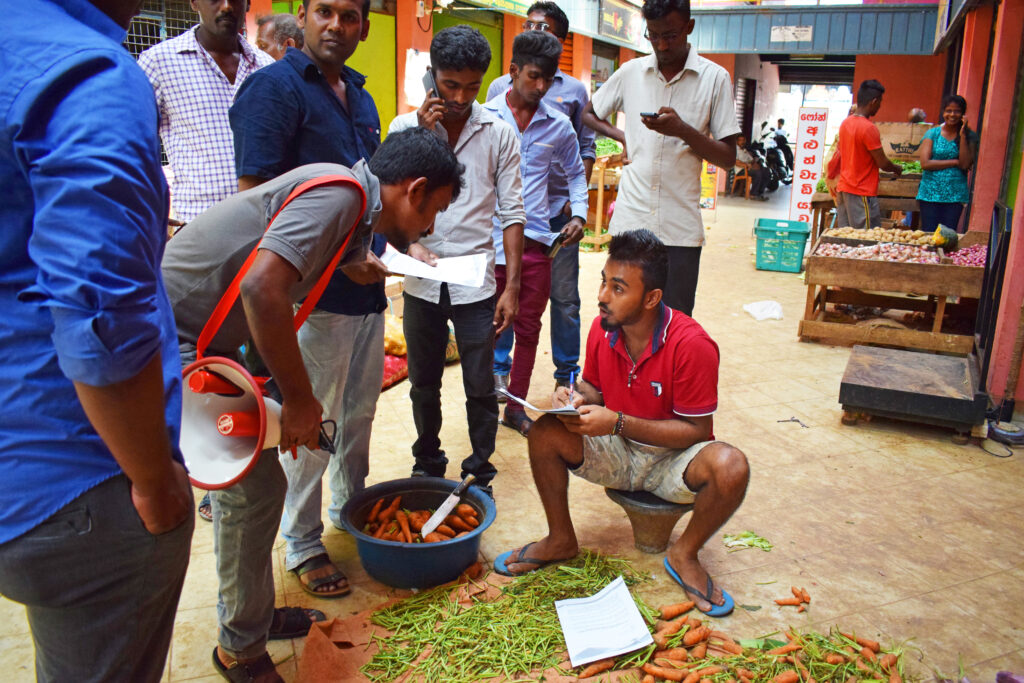
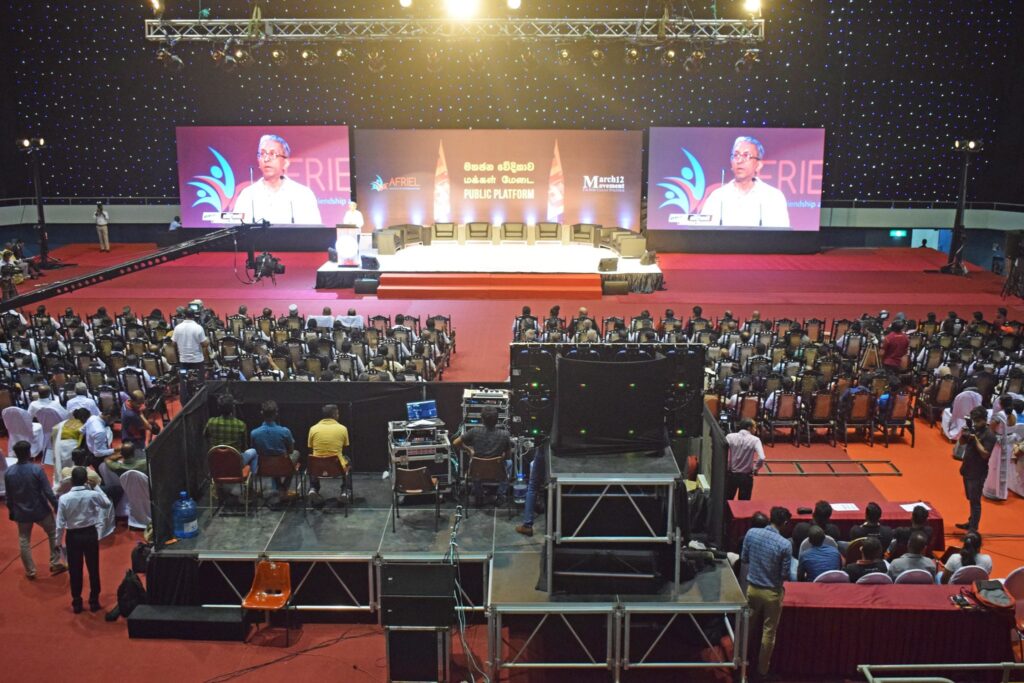
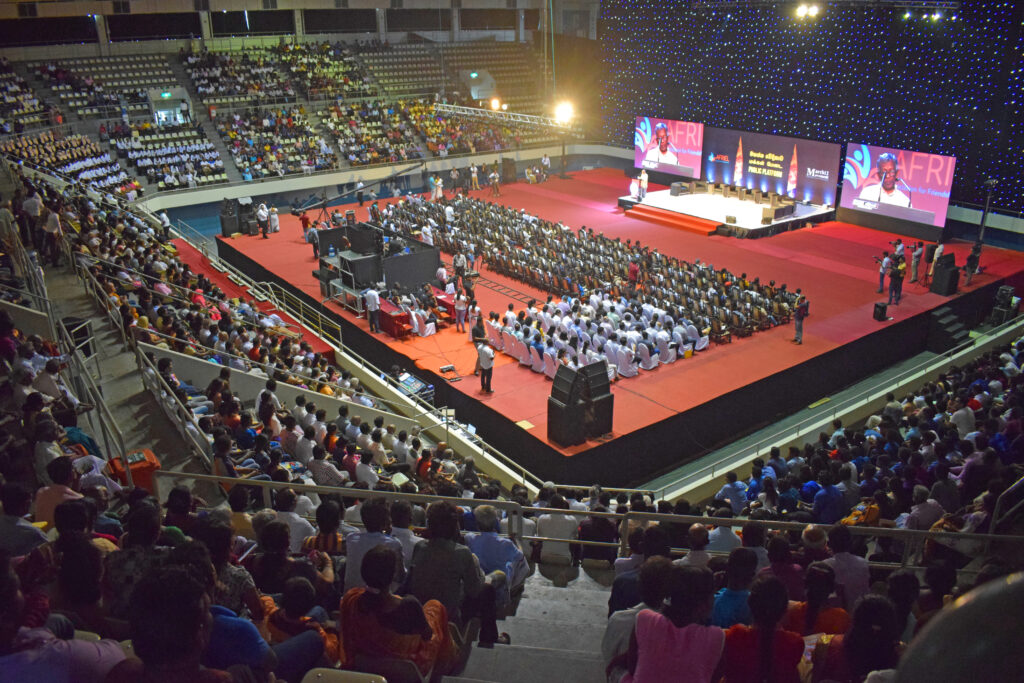
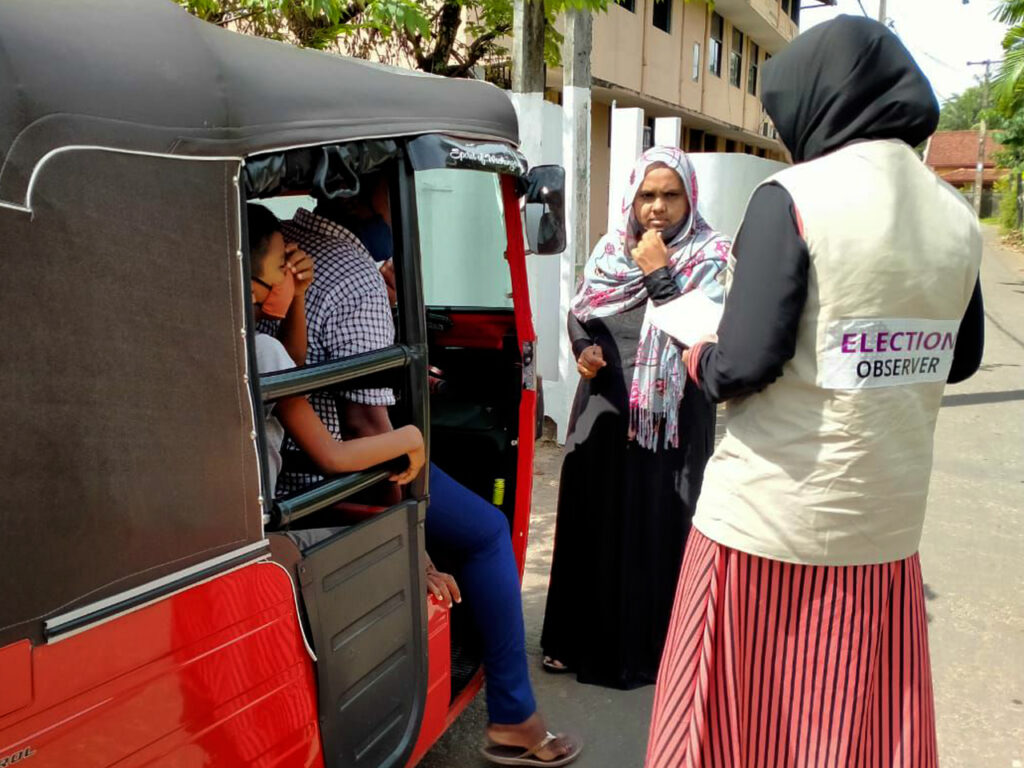
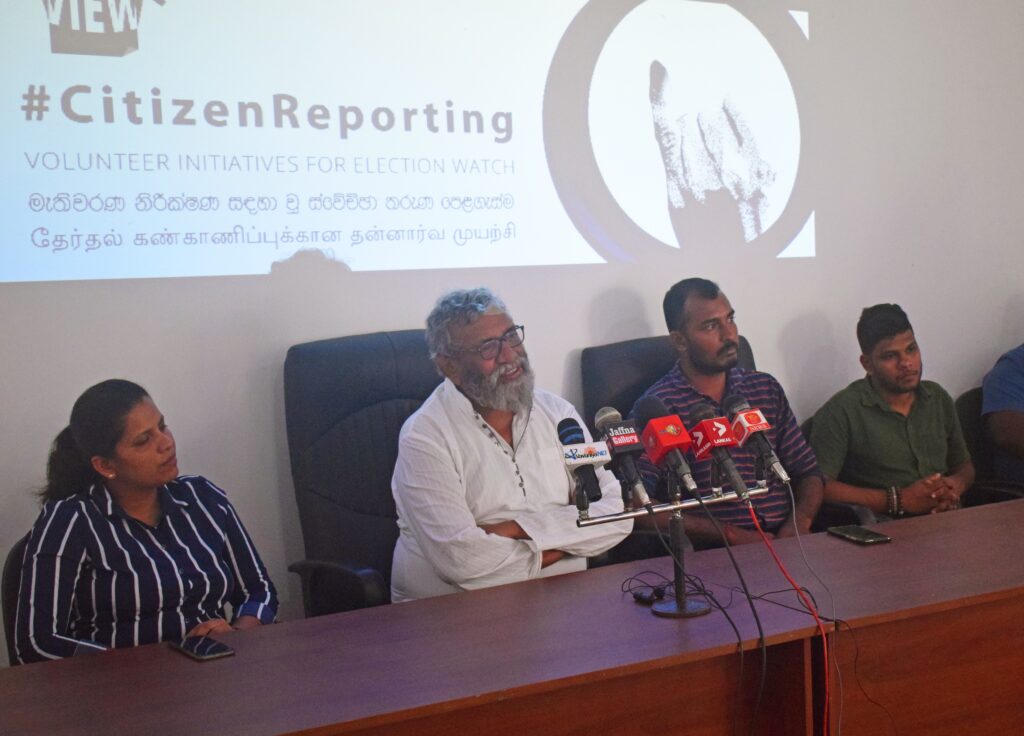
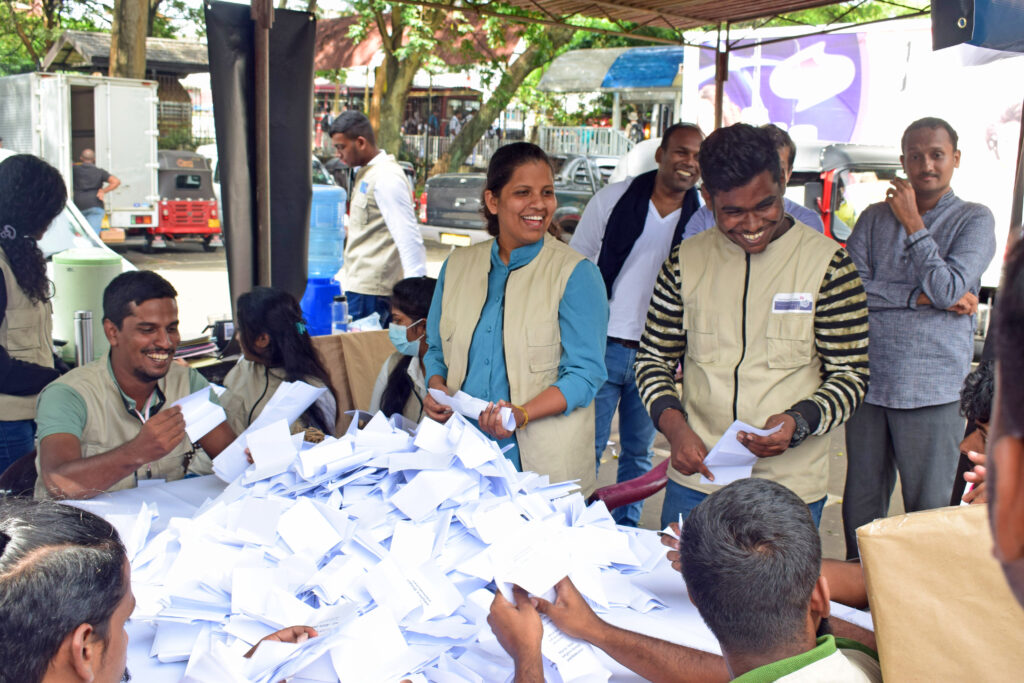
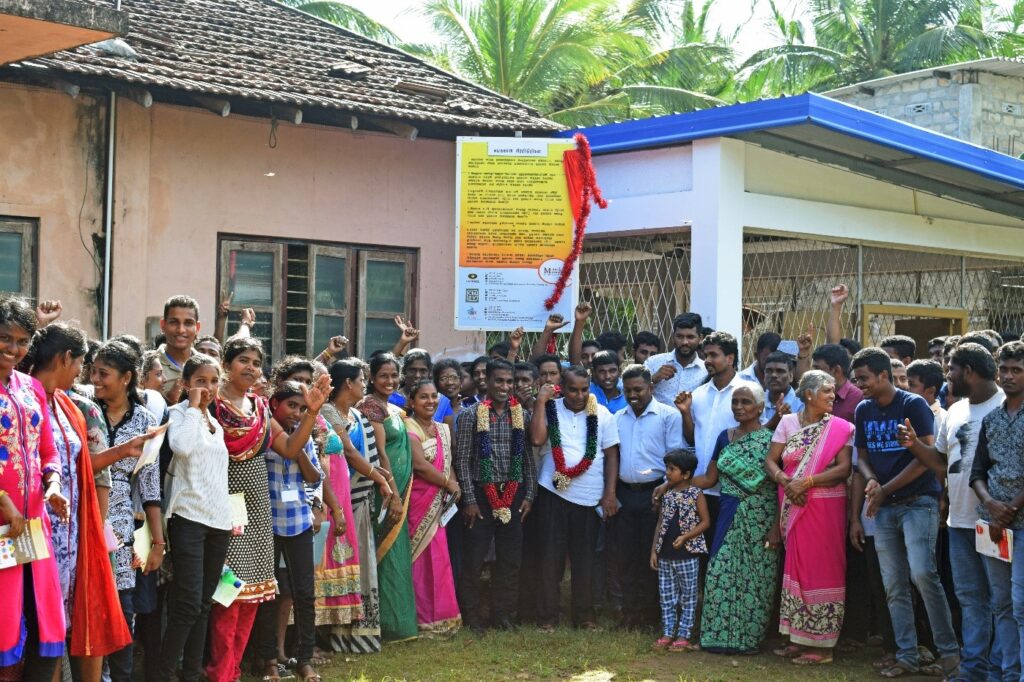
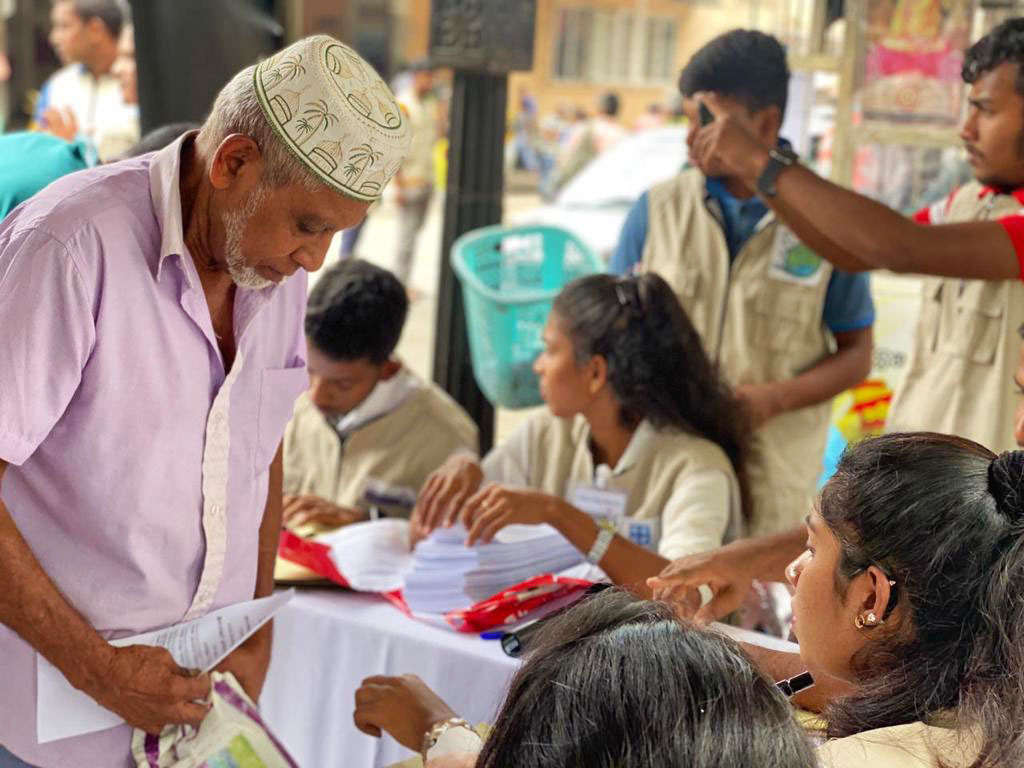
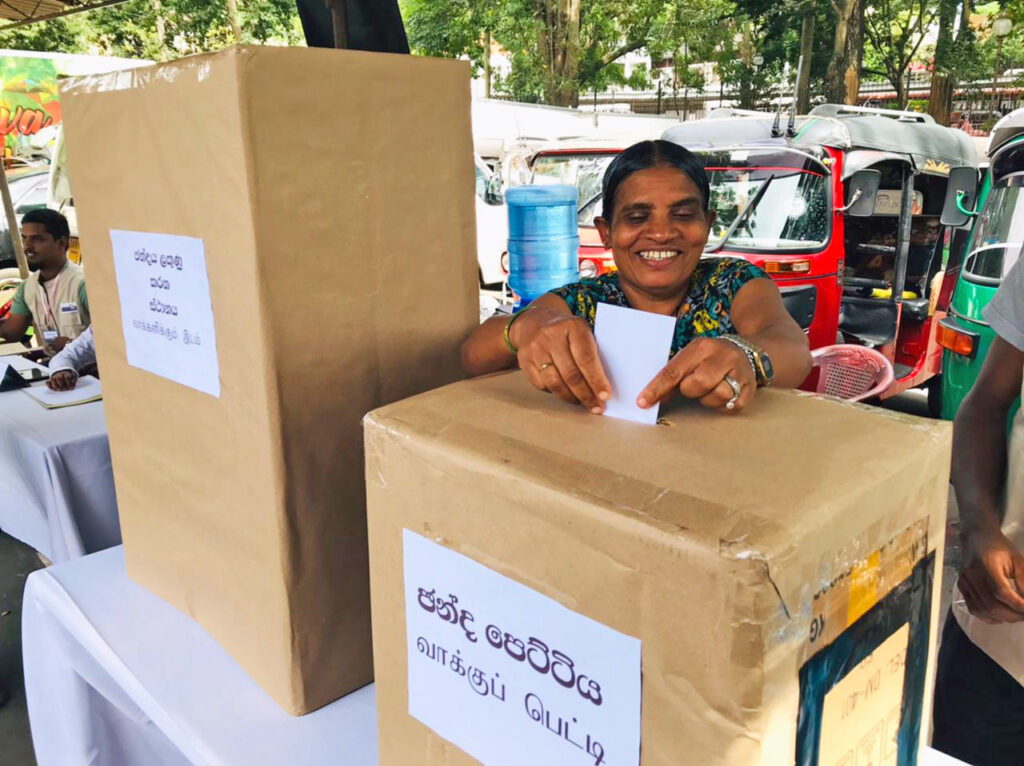
Right to Information (RTI)
Following the implementation of the Right to Information (RTI) law in Sri Lanka in 2017, AFRIEL Youth recognized its potential as a tool for safeguarding citizens’ rights and fostering an environment where diverse laws could be practiced through the RTI process. In a landmark move on the very first day the RTI law came into effect in 2017, AFRIEL took pioneering steps by collaborating with land victim communities in Mannar, demonstrating the practical use of RTI to reclaim land rights.
Inspired by this joint effort, AFRIEL developed the conceptual program “RTI to Village,” focusing on information gathering, community sharing, strategic planning, and action implementation using RTI. This innovative concept gained national recognition, adopted by the Media Ministry and RTI Commission to increase public awareness.
Over the past decade, AFRIEL has raised 21,874 citizens’ awareness on RTI, facilitated 10,307 RTI applications, and addressed challenges in institutional sectors discouraging RTI use. Collaborating with the Media Ministry, AFRIEL established a resource person pool, training 8,209 government officers. Addressing challenges in specific institutions such as the Police Department and Provincial Councils, AFRIEL conducted comprehensive training, distributed informational materials, and worked to overcome technical barriers. Recognizing the importance of the younger generation, AFRIEL introduced the RTI youth facilitator network, contributing to a sustainable RTI implementation process.
Entrusted by the Ministry of Mass Media, AFRIEL brought stakeholders together to formulate a strategic plan for RTI implementation in Sri Lanka for the years 2023-2027. This collaborative effort underscores AFRIEL’s commitment to shaping the trajectory of RTI processes in the country and contributing to the advancement of transparent and accountable governance.
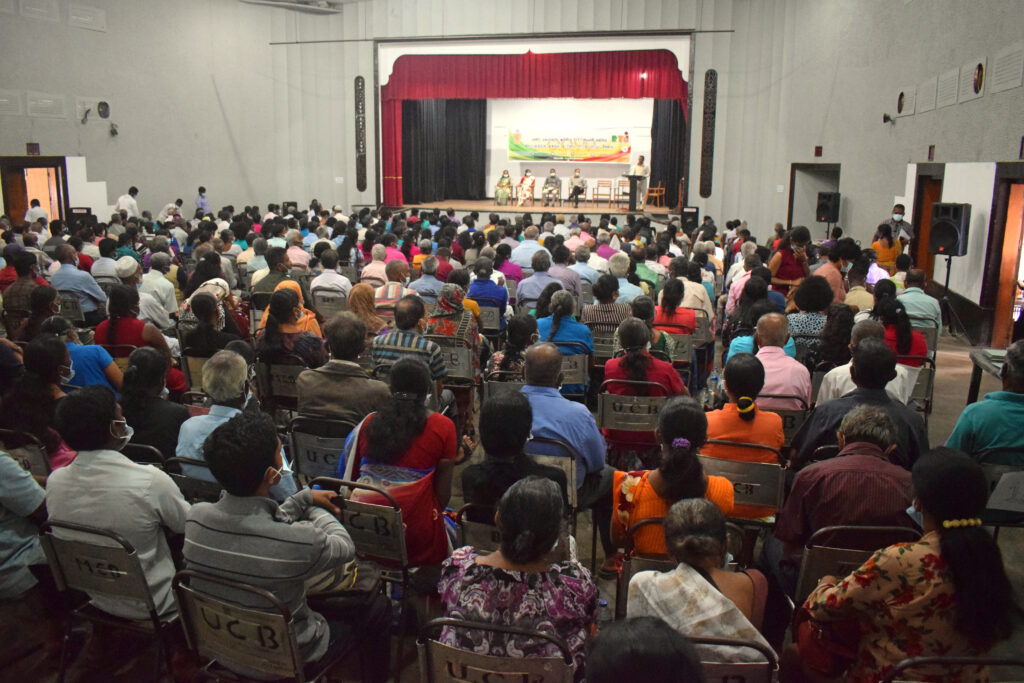
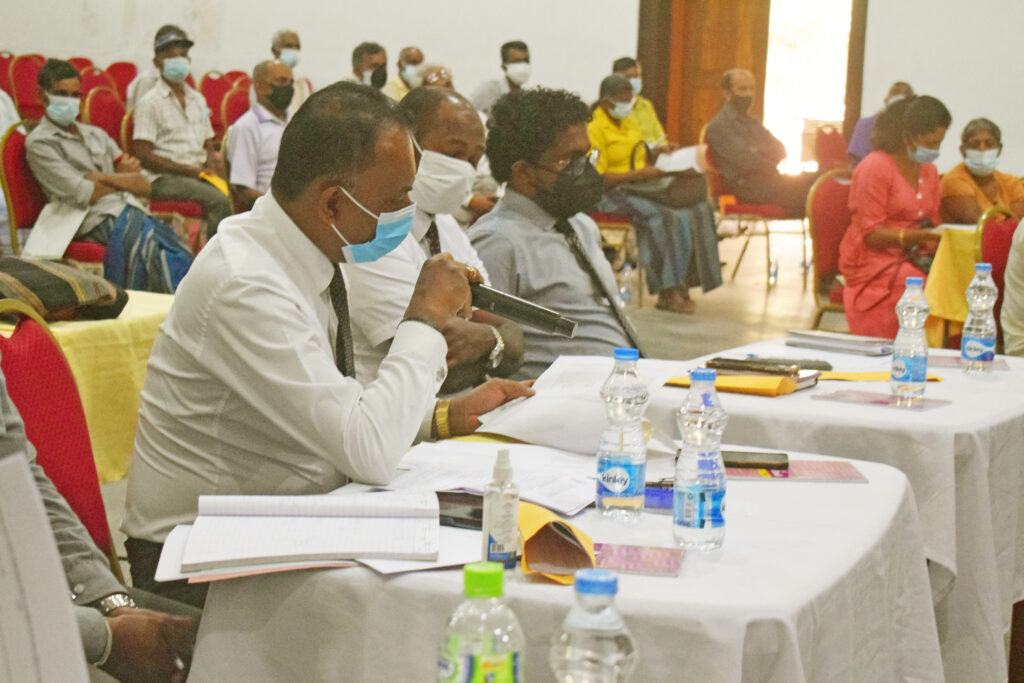
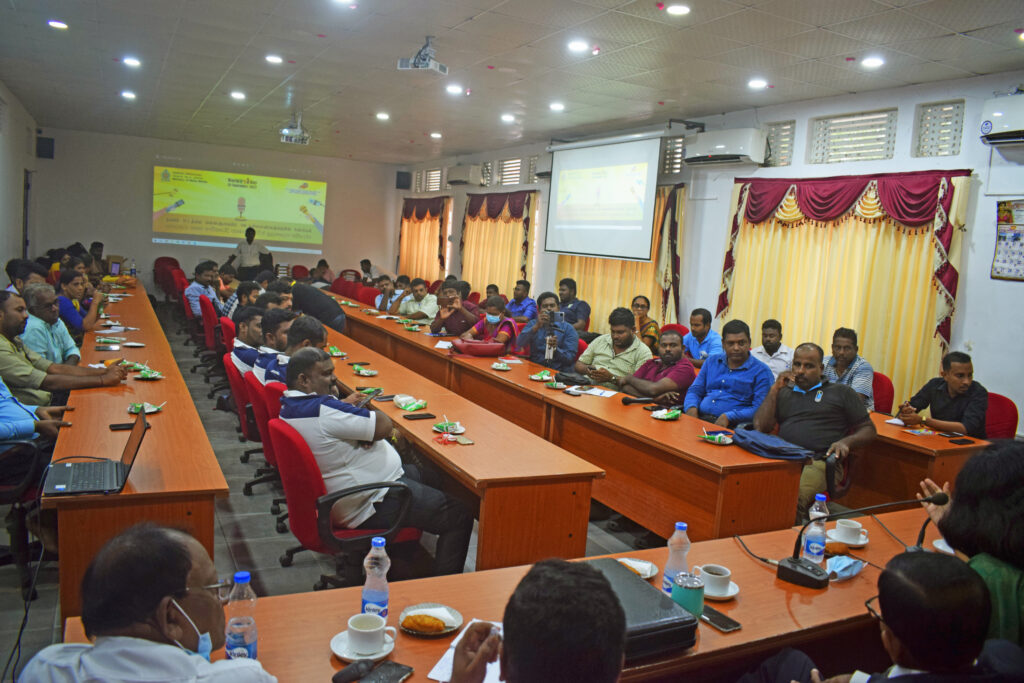
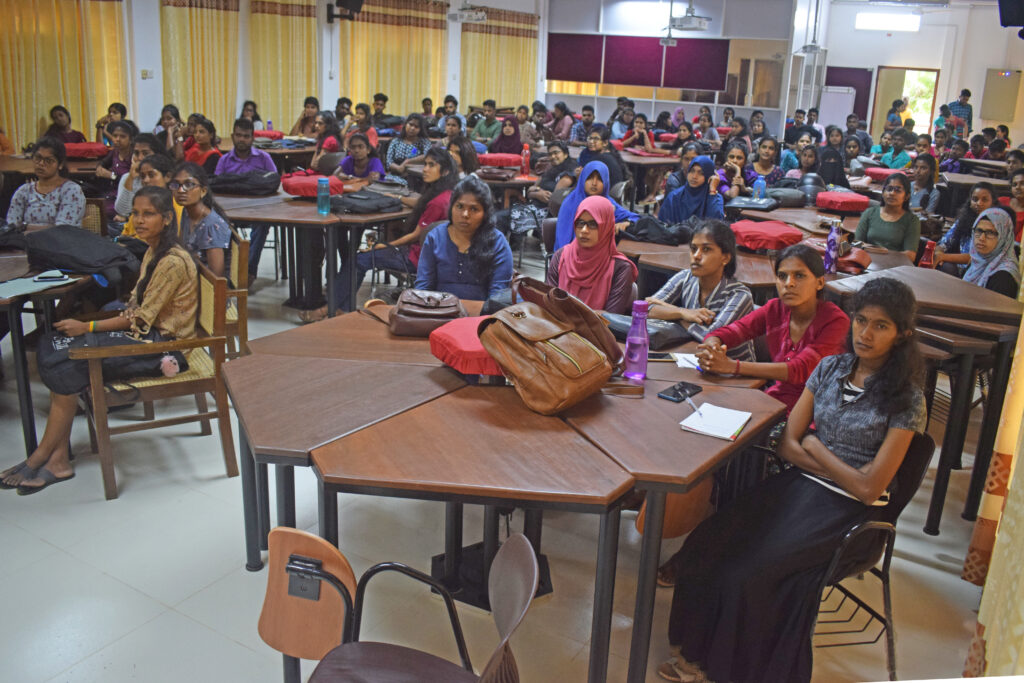
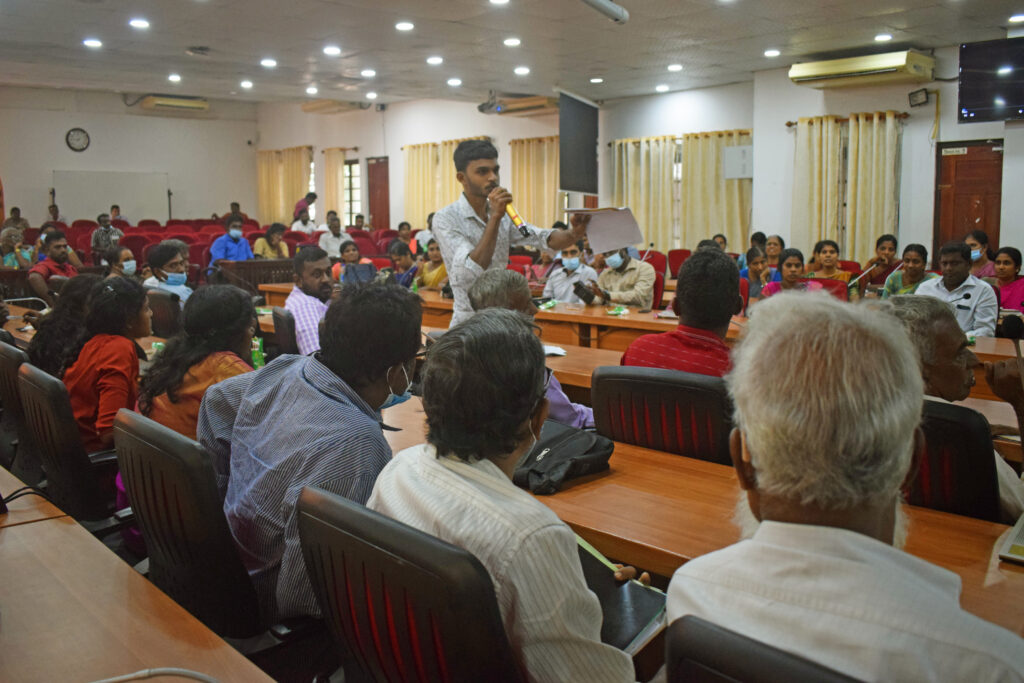
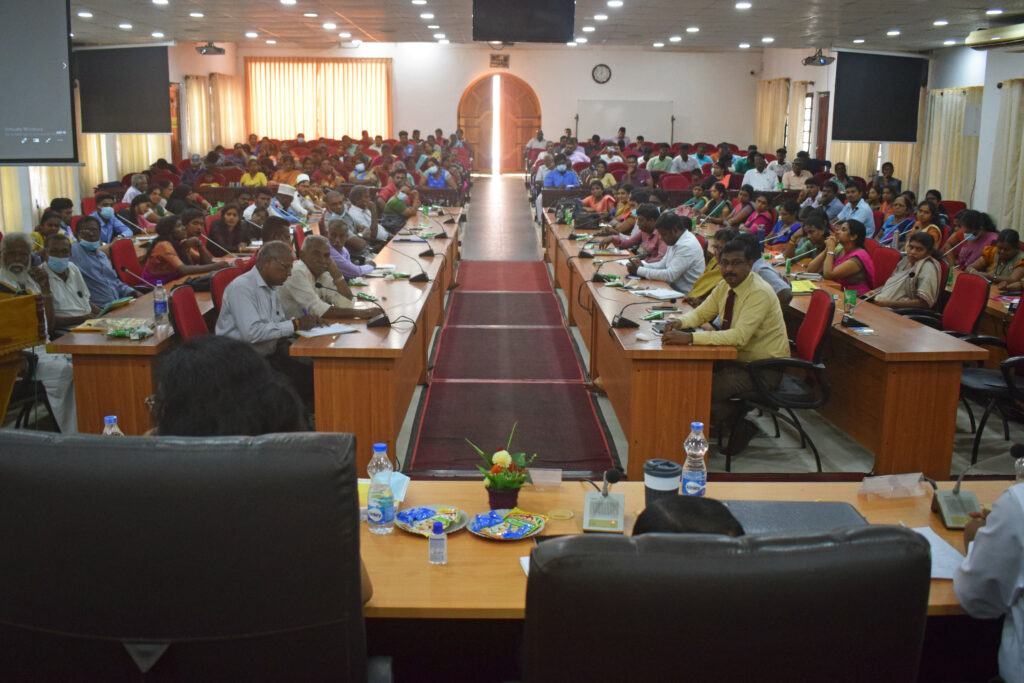
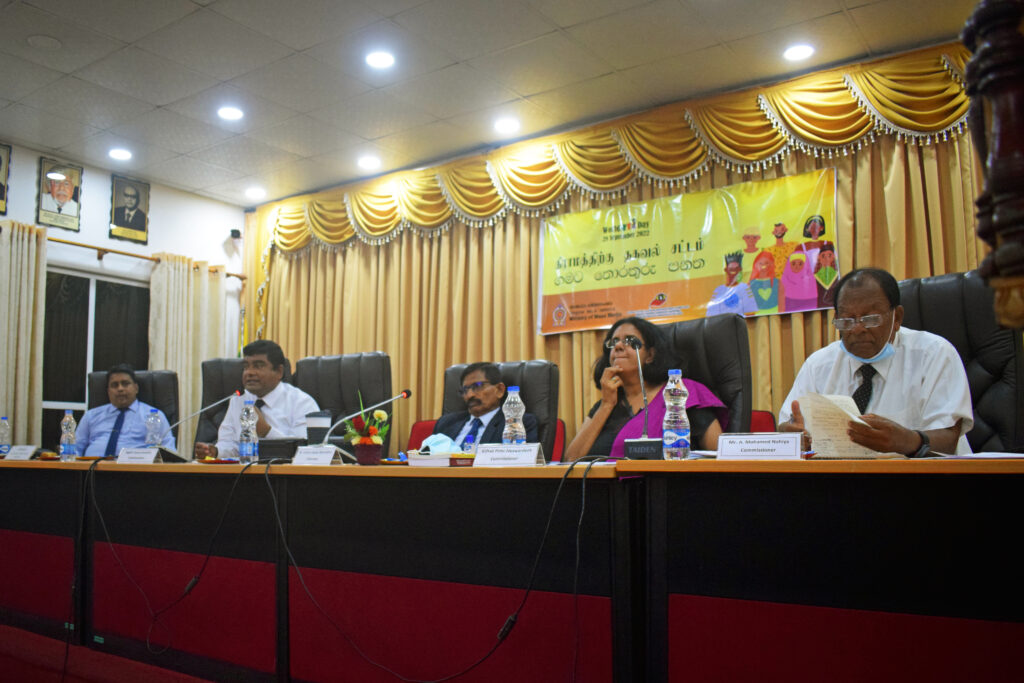
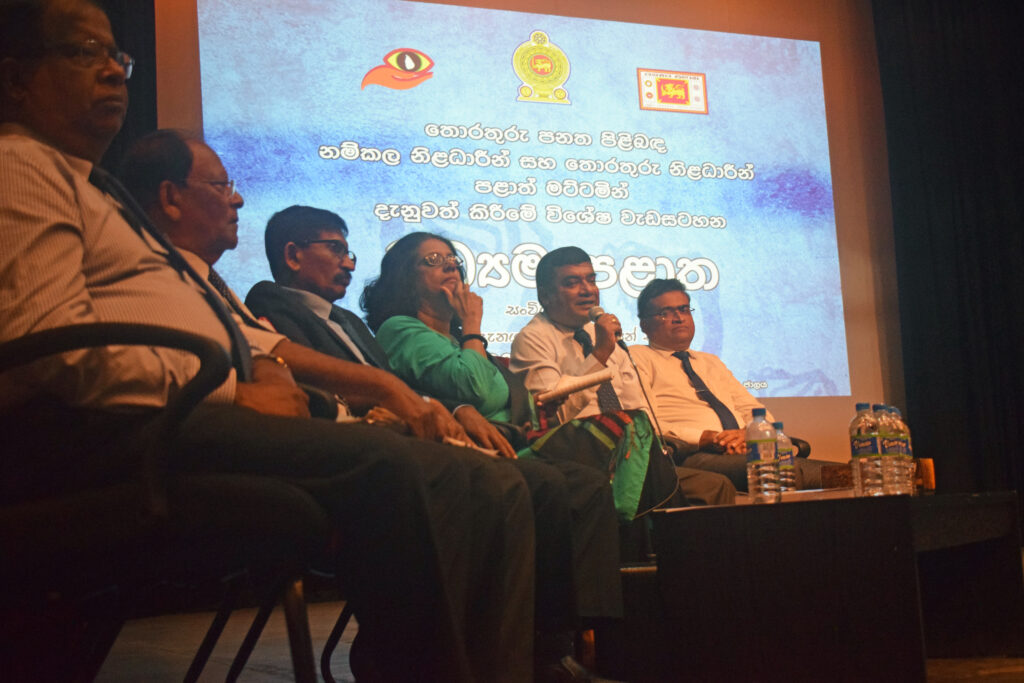
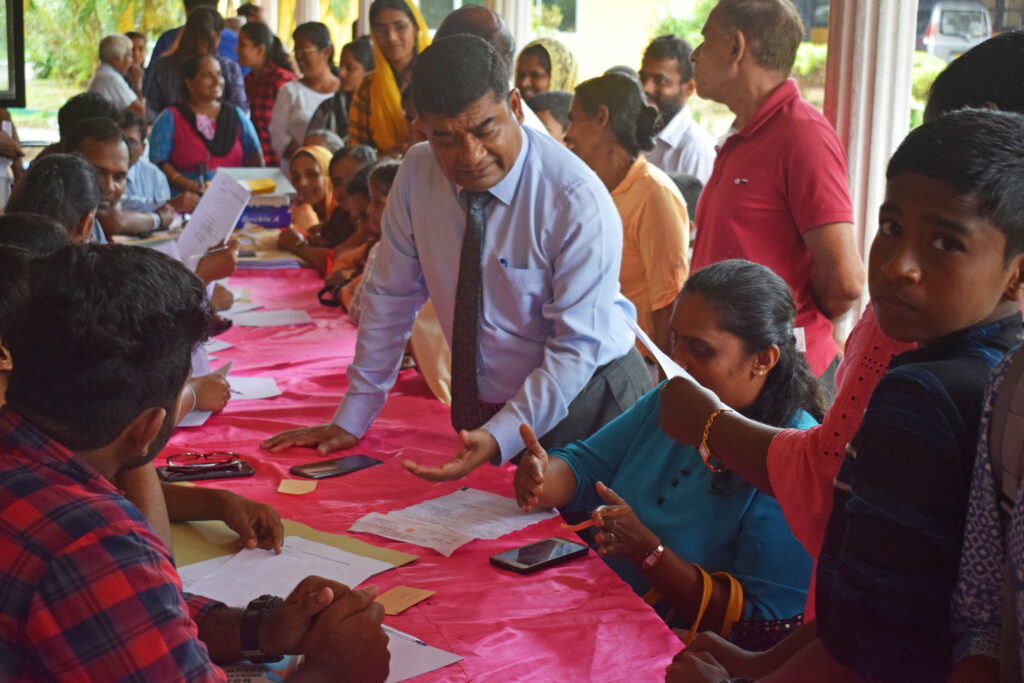
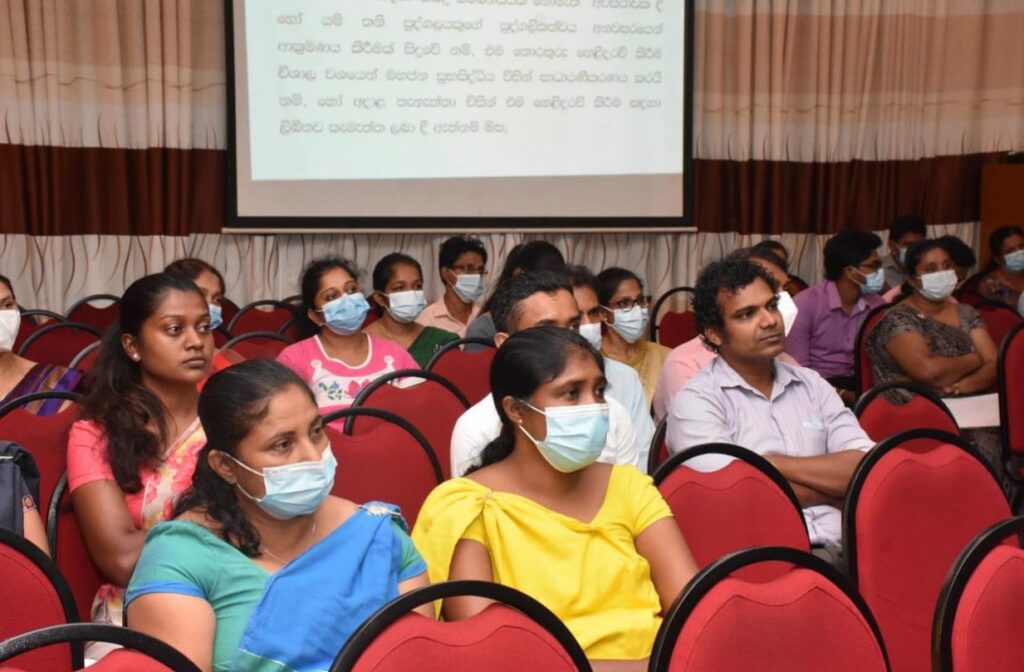
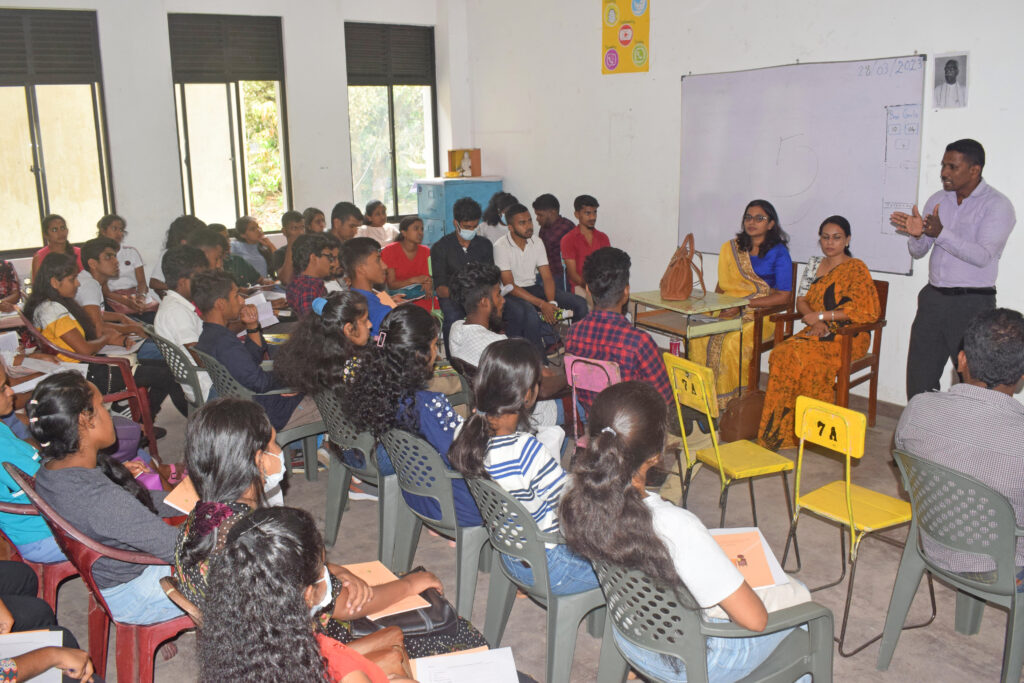
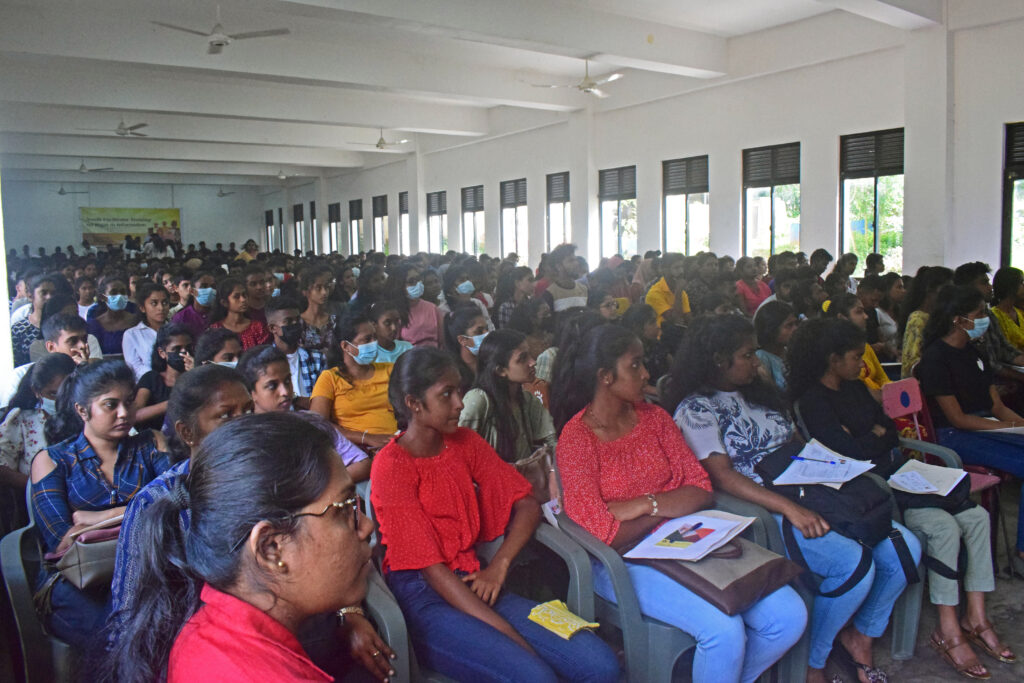
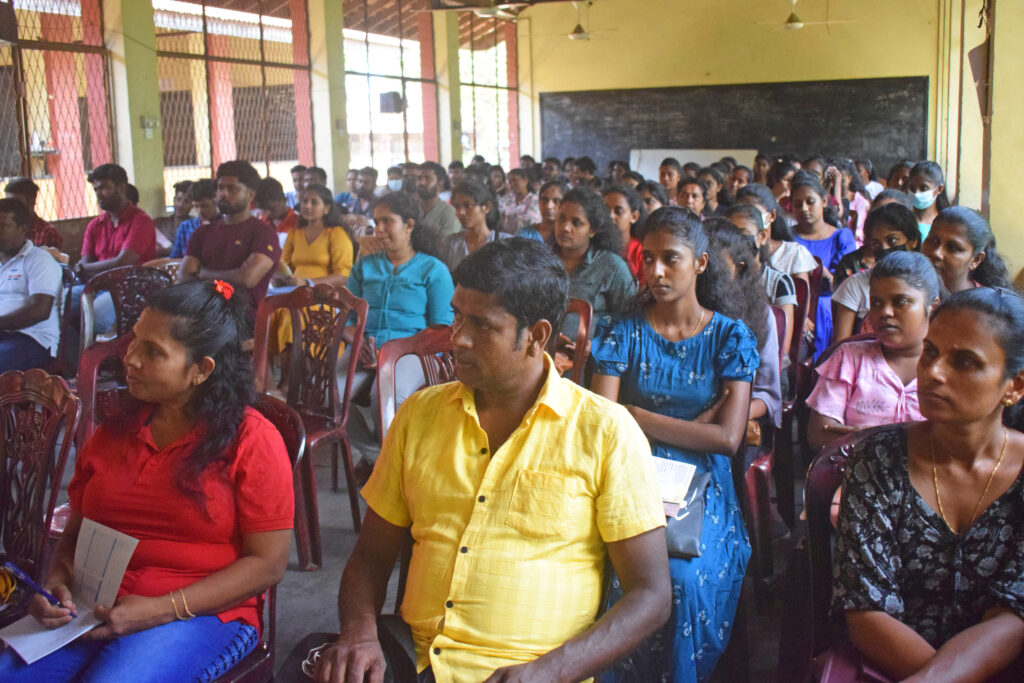
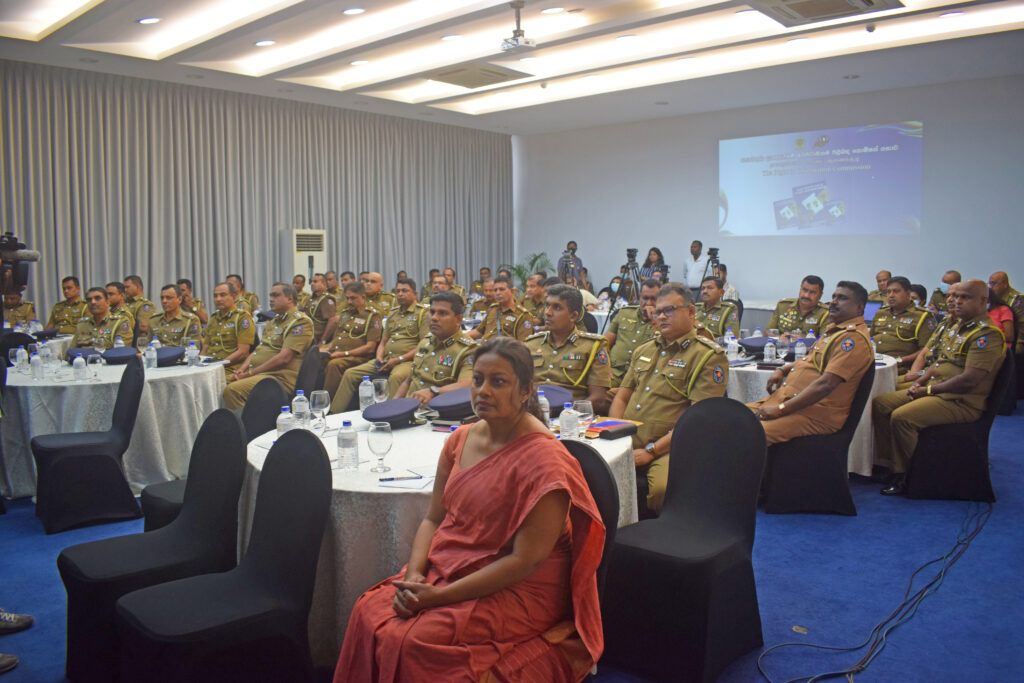
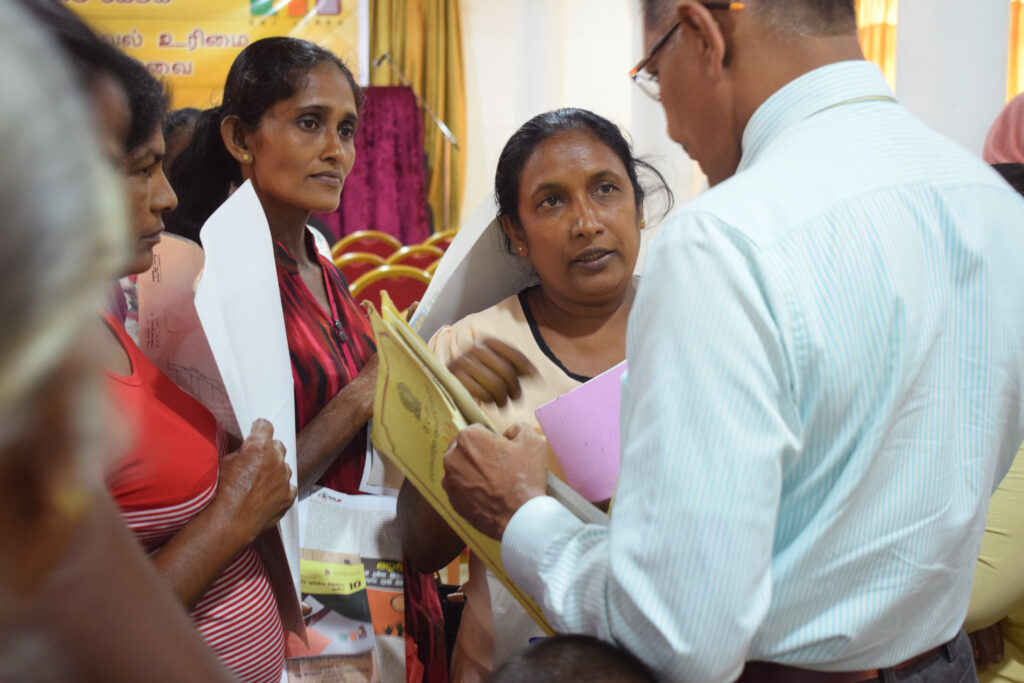
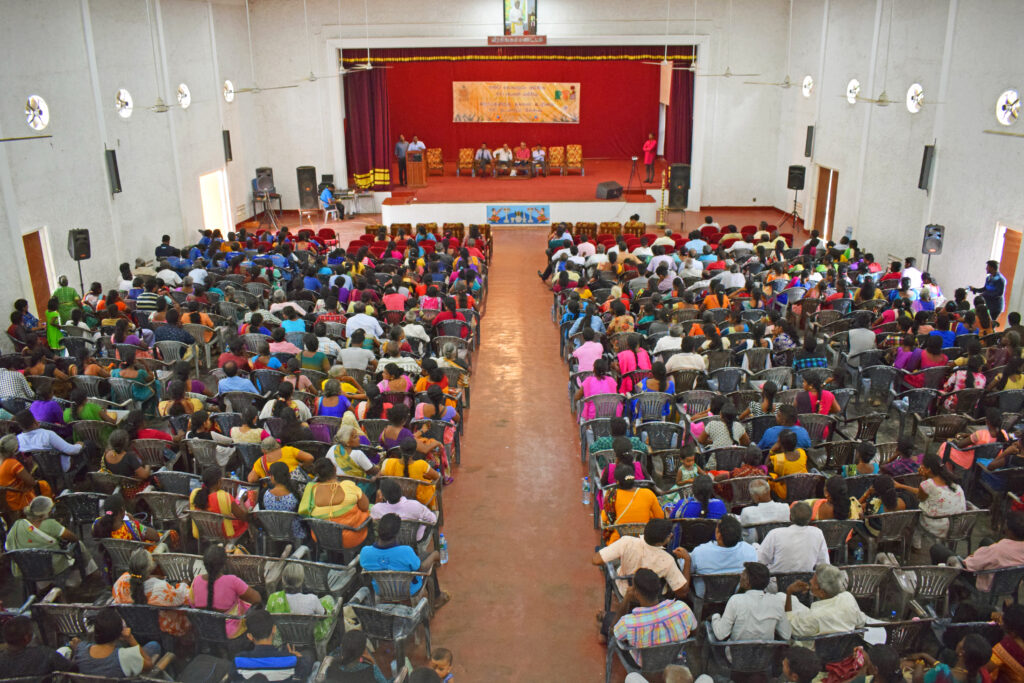
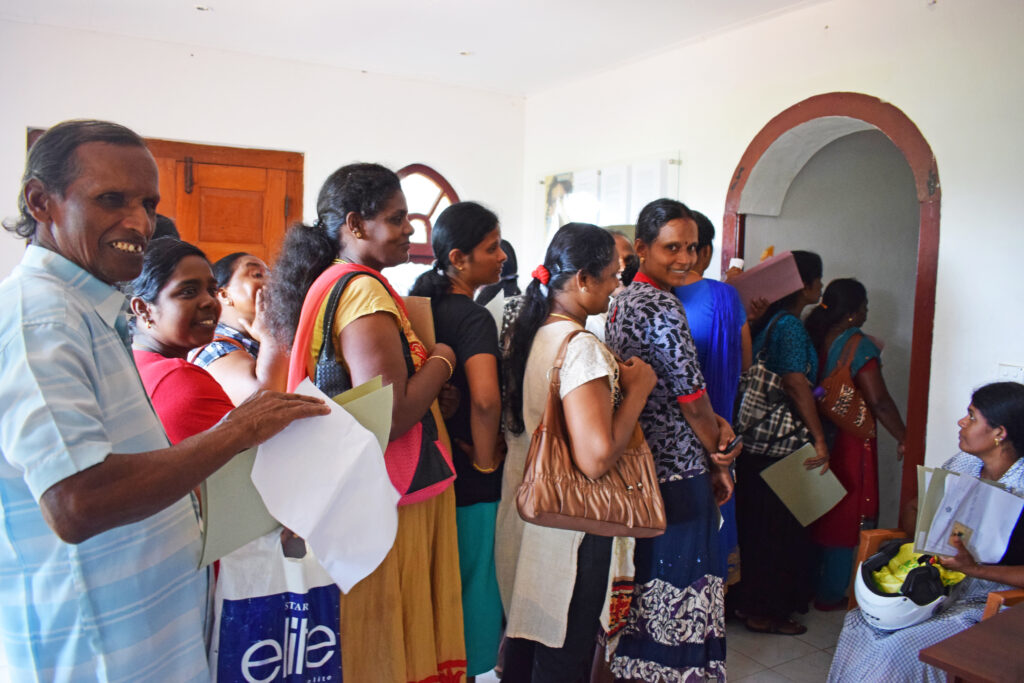
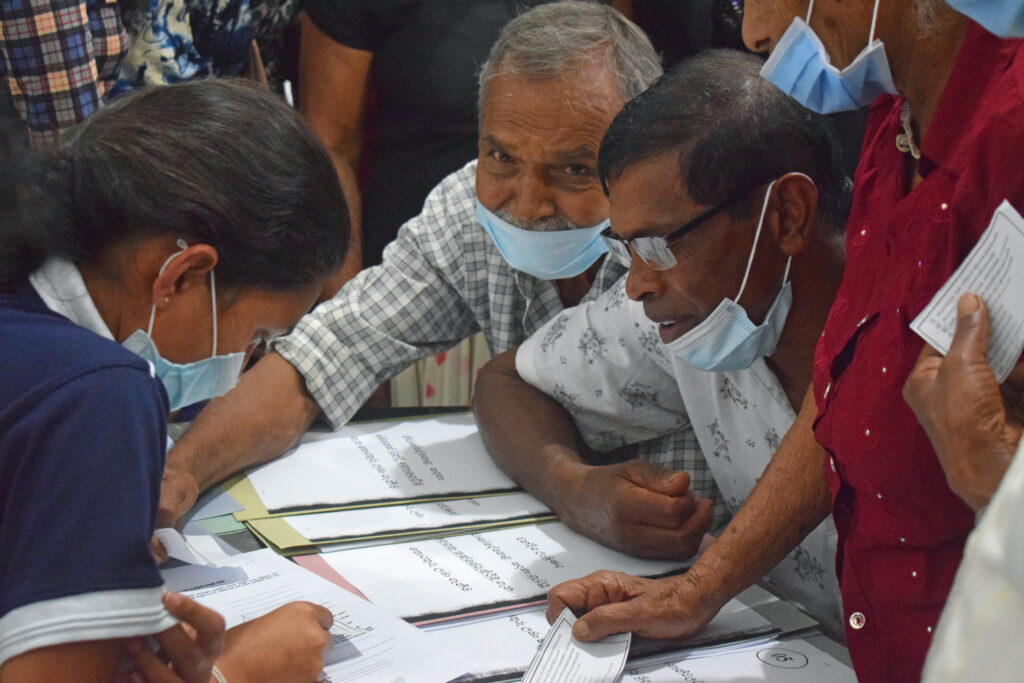
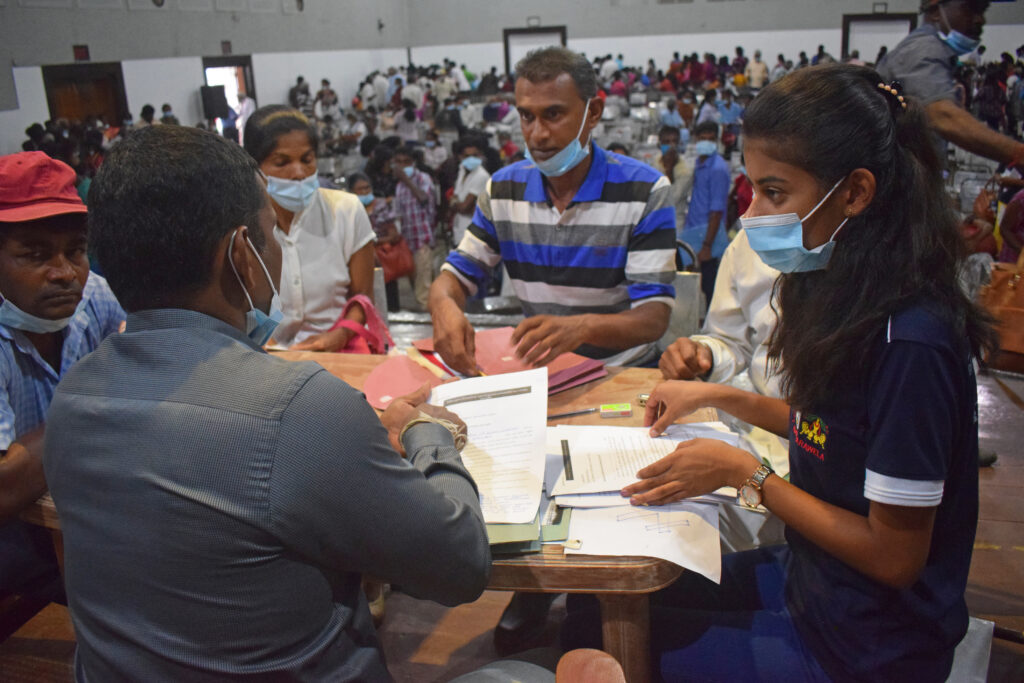
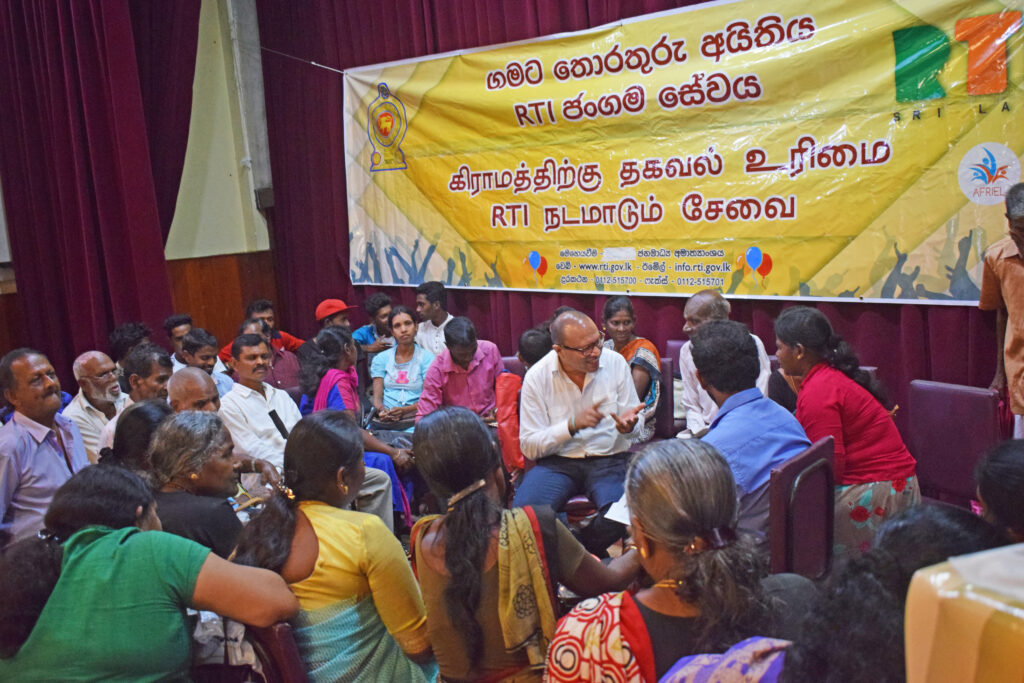
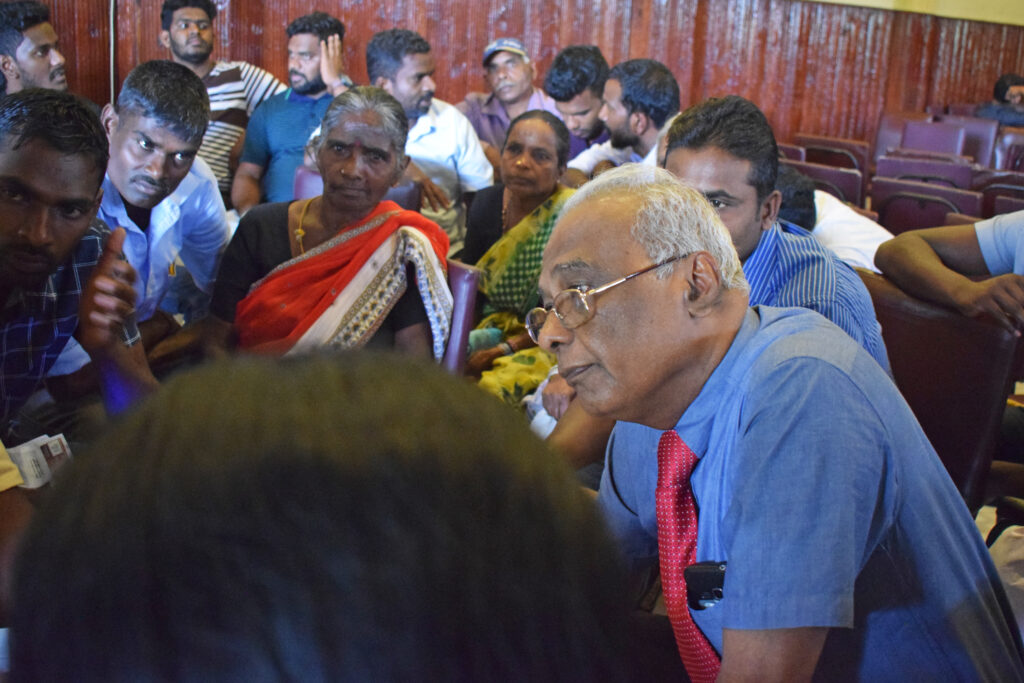
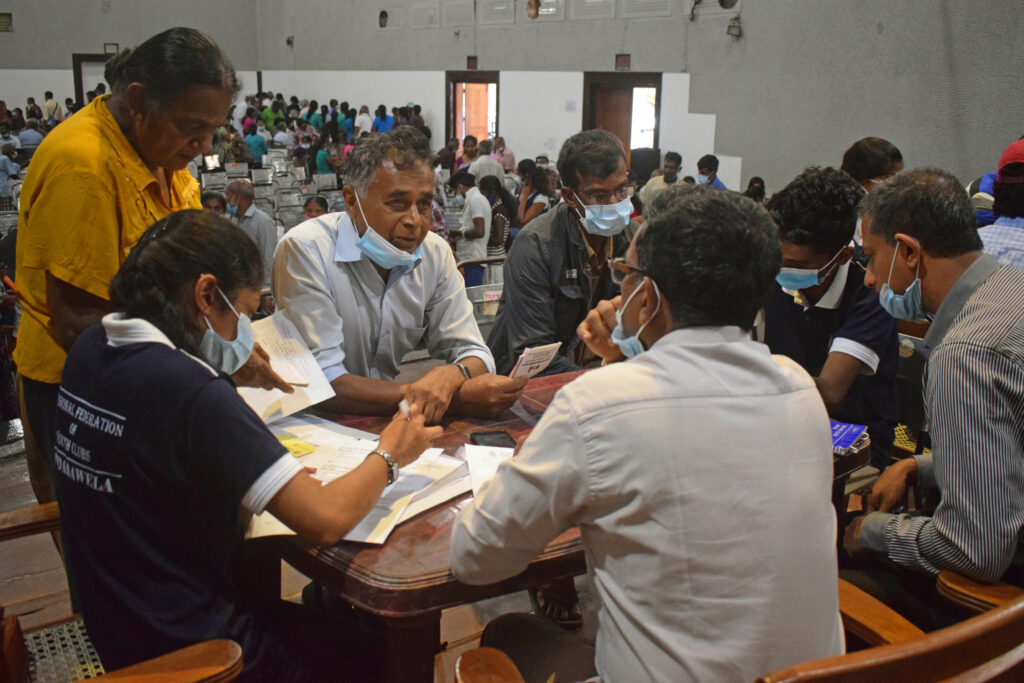
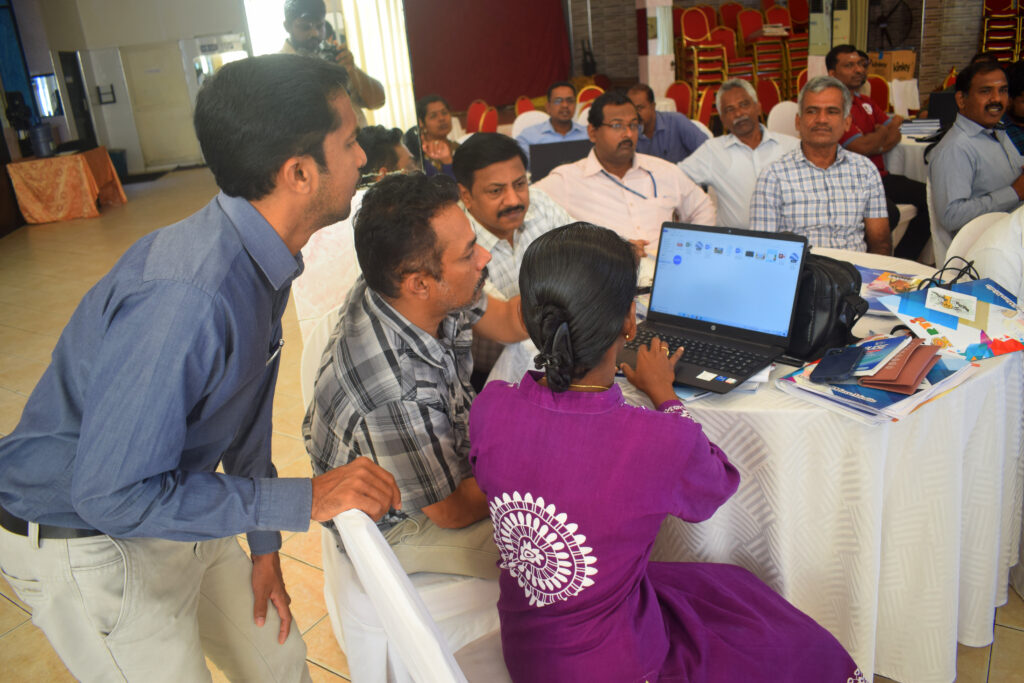
Anti-corruption
In the past 10 years, AFRIEL youth have worked closely with victim communities, addressing day-to-day rights-based issues and uncovering numerous corruption cases within public service delivery, local governance, law enforcement, and political campaigns. Recognizing the interconnectedness of corruption within political, business, and religious circles, youth observed a pattern of mutual protection. Initially engaging with communities and government officials through forums and roundtable discussions, AFRIEL youth sought to comprehend the underlying causes of corruption and its impact on governance.
Subsequently, large-scale anti-corruption initiatives were launched in 2016 and 2017, including community awareness programs and legal advice clinics that reached 2,479 individuals. To enhance advocacy, AFRIEL harnessed the creativity and skills of youth for a comprehensive social media campaign in 2021, producing 66 videos, short films, dramas, and interviews along with 490 Facebook posts. This campaign reached an impressive audience of 197,324 views, 14,135 reactions, 7,533 comments, and 6,968 shares organically. Empowered by the campaign, youth groups from grassroots joined the fight against corruption and championed integrity.
Recently, AFRIEL launched a second campaign targeting corruption within government institutions, fostering direct engagement with officials, dialogues, and social media pressure. This effort has led to the establishment of a network comprising youth community-based organizations and government officials dedicated to combating corruption.
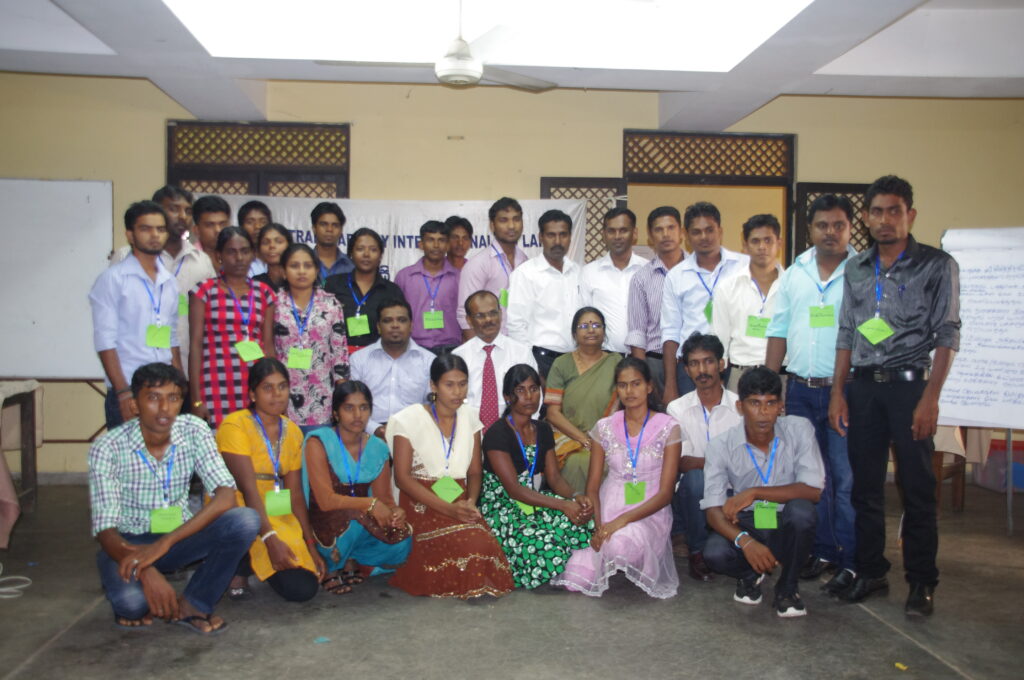
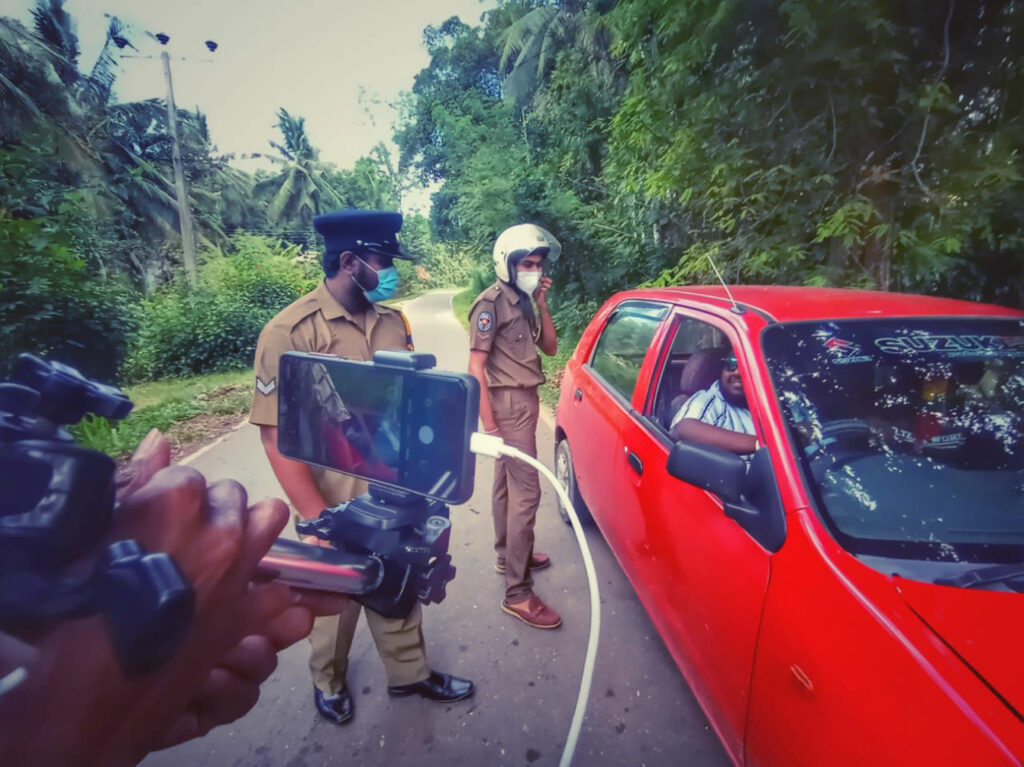
Constitutional Reform
Two months after the establishment of AFRIEL in 2013, we gathered three hundreds youth from the North and East in Jaffna to advocate for various human rights concerns, sparking a movement towards understanding the political solutions needed for equality, justice, freedom, and dignity in minority regions. A subsequent gathering in 2014 in Jaffna, involving 1,700 youth, amplified demands for improved human rights conditions in the minority regions.
Following foundational years of engagement with people, policymakers, and civil society groups, AFRIEL formulated a draft policy framework for political solutions. This framework was presented at a national civil society conference in 2015, garnering intellectual participation from major political parties. Building on this foundation, AFRIEL initiated dialogues with grassroots communities, identifying and addressing their challenges, thus gaining increased public support for constitutional reform.
In 2017, AFRIEL submitted a proposal reflecting public expectations on constitutional reform to the Prime Minister and the Constitutional Reform Committee. Beginning in early 2020, AFRIEL engaged in discussions with political and civil society leaders on accountable governance, constitutional democracy, and the strengthening of independent commissions.
From 2013 to the present, AFRIEL’s ongoing efforts include dialogues and advocacy to implement the 13th Amendment, exerting pressure on the government for a robust power-sharing model. Particularly concerning the provincial council system, AFRIEL established a large-scale network in the southern regions to raise awareness and garner support for strengthening provincial councils.
Throughout the constitutional reform process, AFRIEL actively engaged with 82,386 individuals through 689 activities.
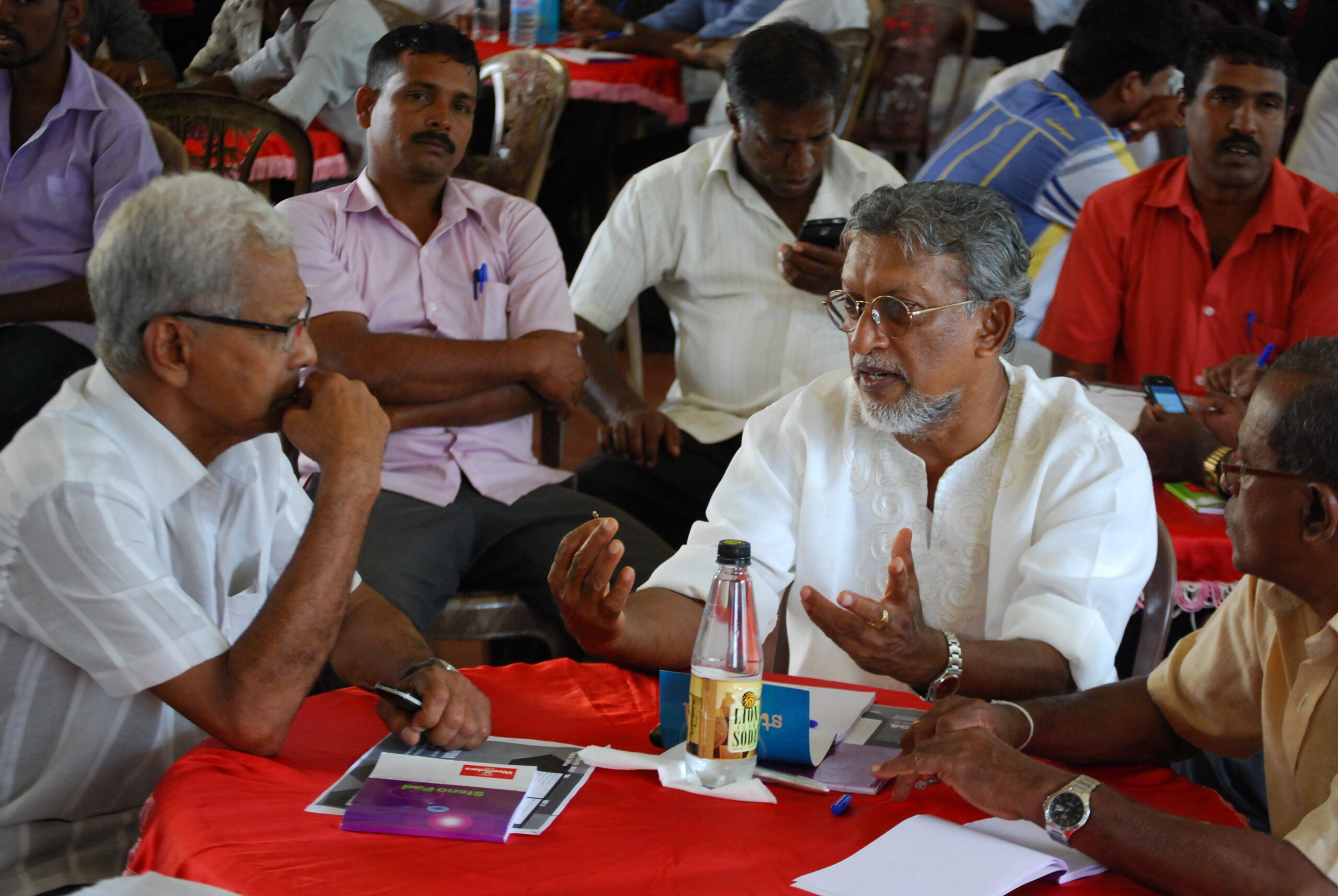
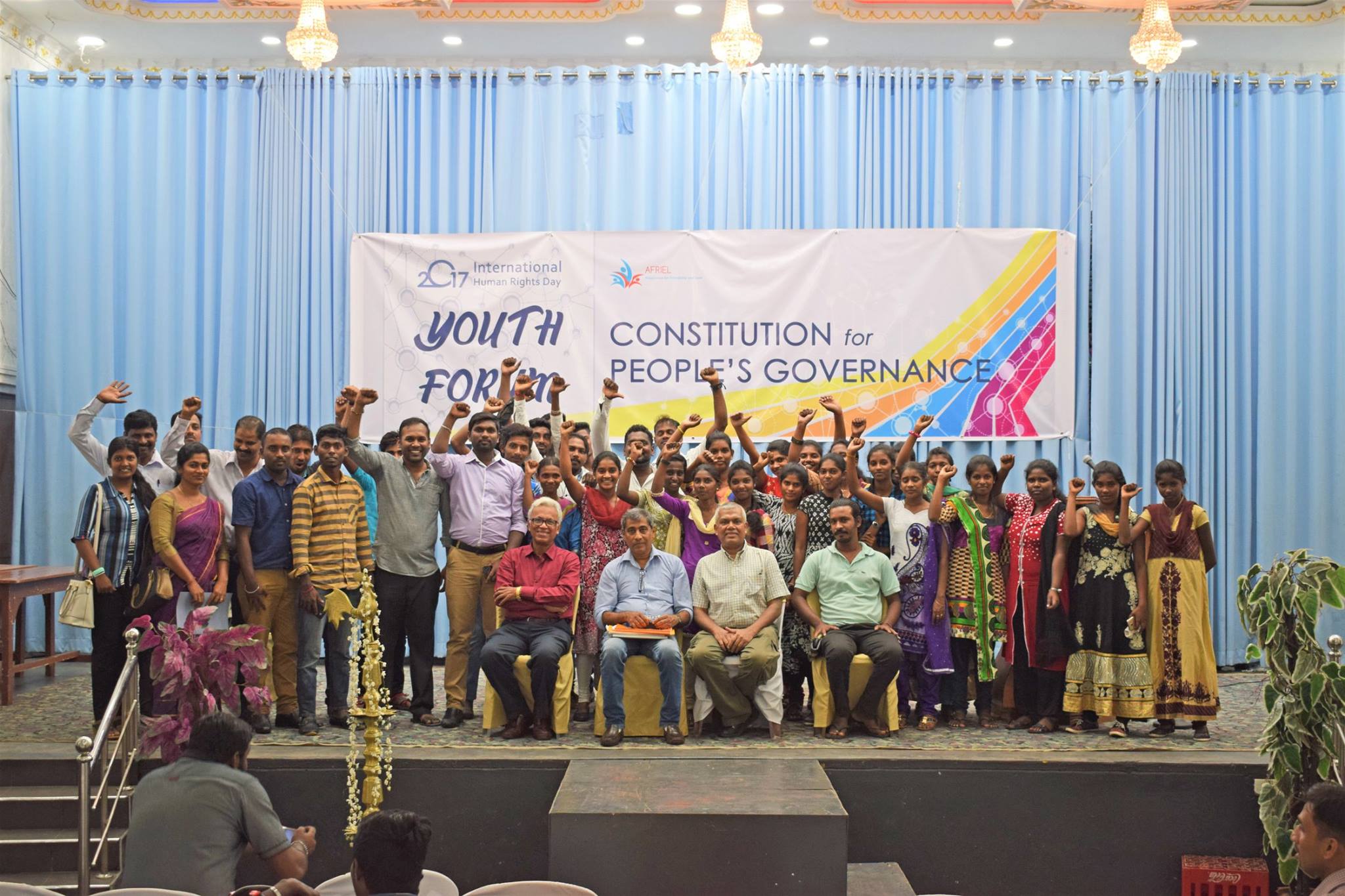
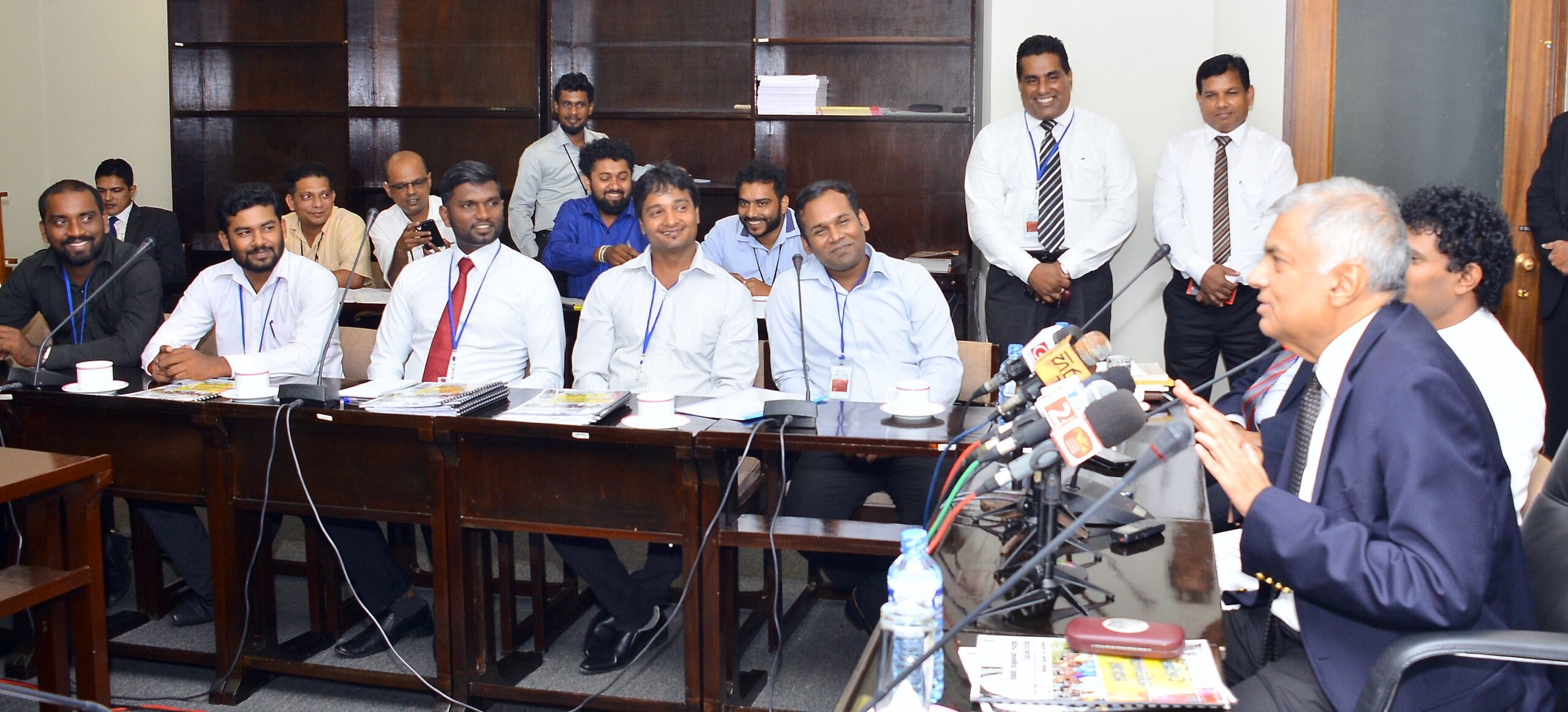
Policy Reforms
Over the past decade, AFRIEL has diligently worked to bridge the gap between grassroots citizens’ and victims’ perspectives and policymakers’ understanding of societal realities. We proposed alternative suggestions to create sustainable policies for enhancing the socio-economic and political situation in the country.
In this endeavor, AFRIEL organized 18 public forums engaging 1,475 youth and community members to gather information and analyze people’s problems and opinions, valuable for shaping sustainable policies. Subsequently, AFRIEL conducted 20 meetings and roundtable discussions involving 1,082 intellectuals, senior government officials, civil society activists, and political leaders, seeking advice on policy reforms related to democratic values, systemic changes, and human rights protection.
In 2022, AFRIEL youth crafted comprehensive policy reform proposals with a detailed implementation plan, presenting them to the President and major political parties in Sri Lanka. Encompassing 24 specific areas, the proposals sparked national dialogues and were widely discussed among political parties and within the government. Several proposals, addressing issues such as land rights, government employment reduction, industrial zones, curriculum reform, tax adjustments, tourism enhancement, and renewable energy, have already been adopted by the government, showcasing the significant impact of our initiatives.
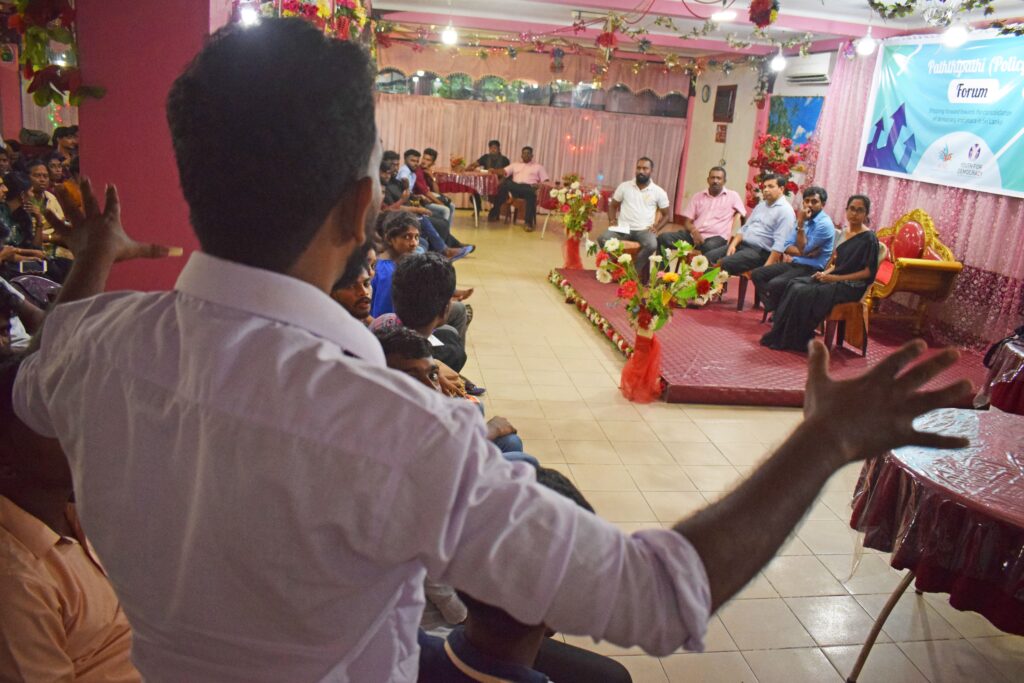
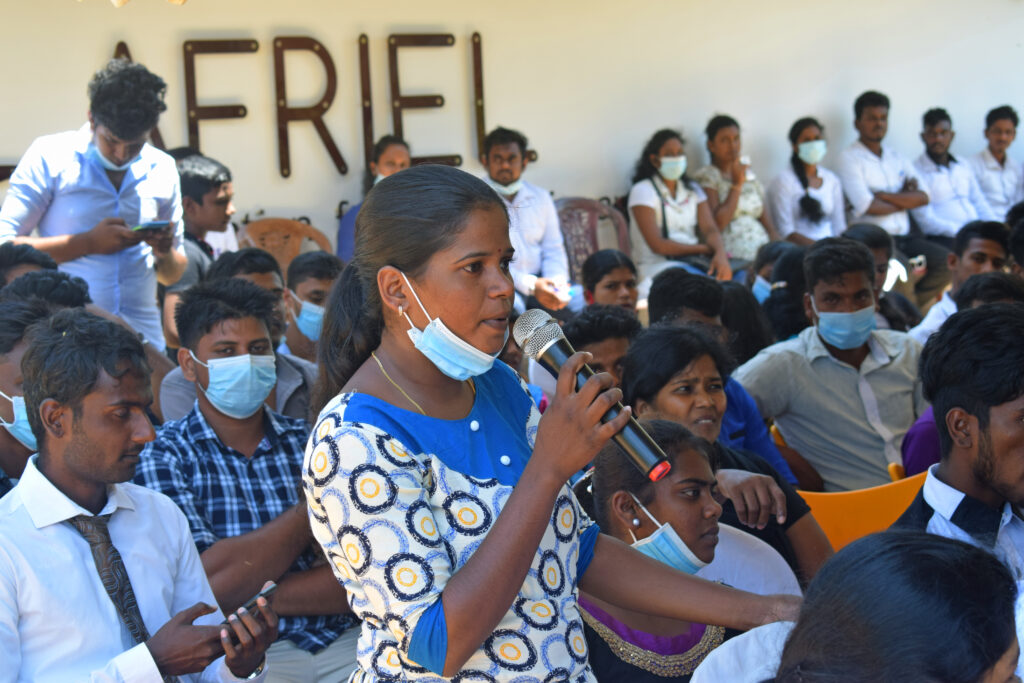
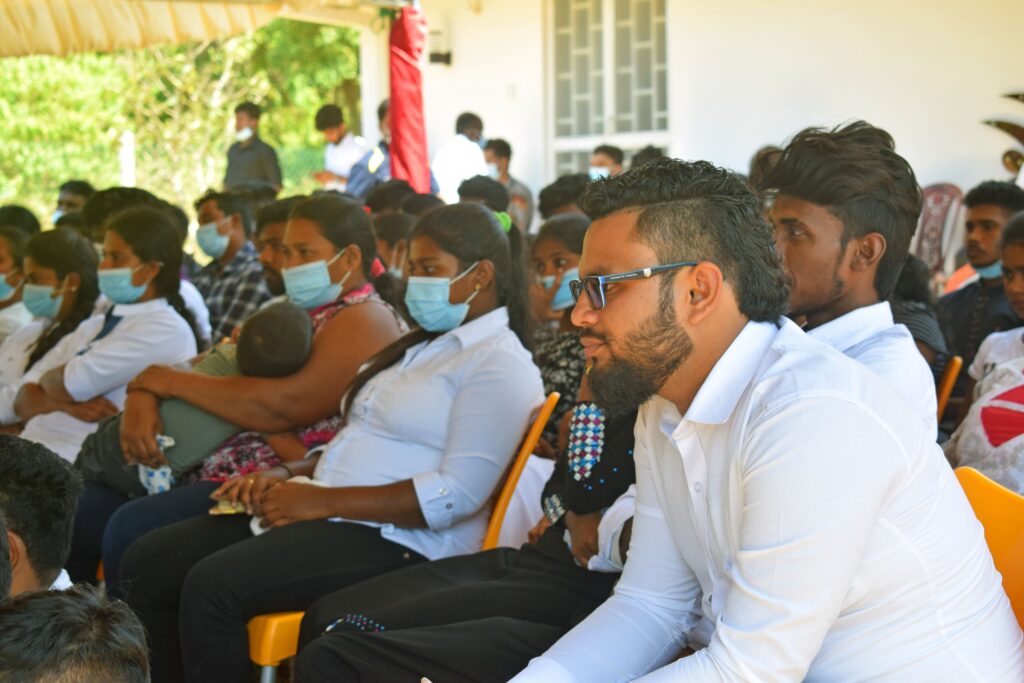
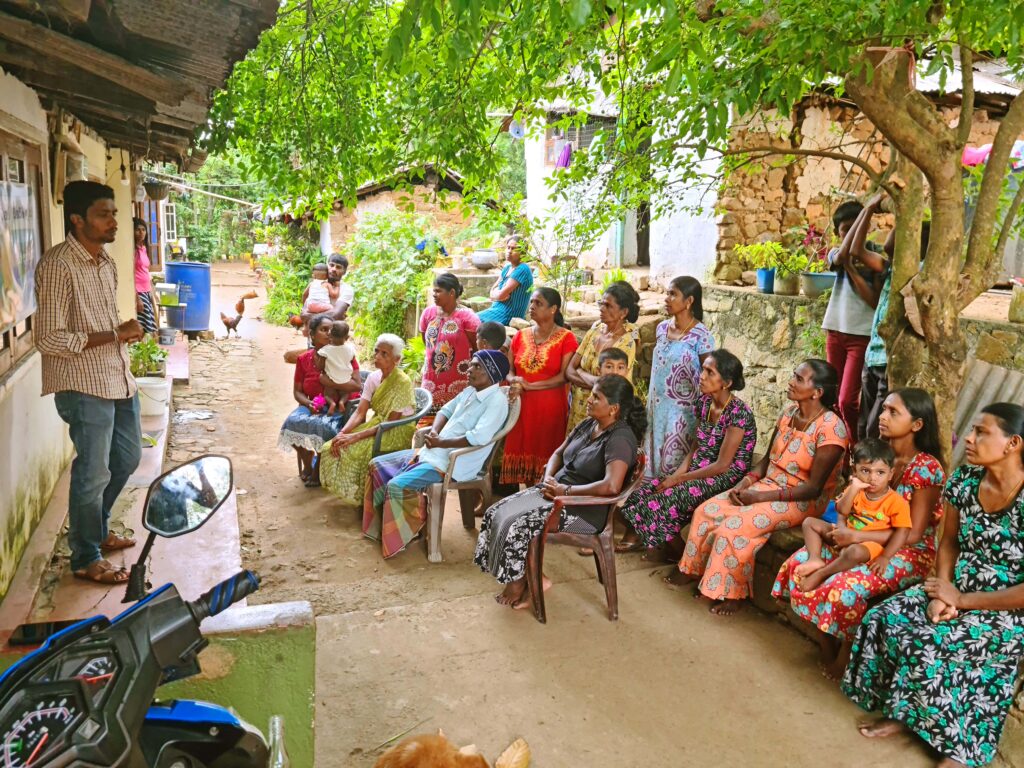
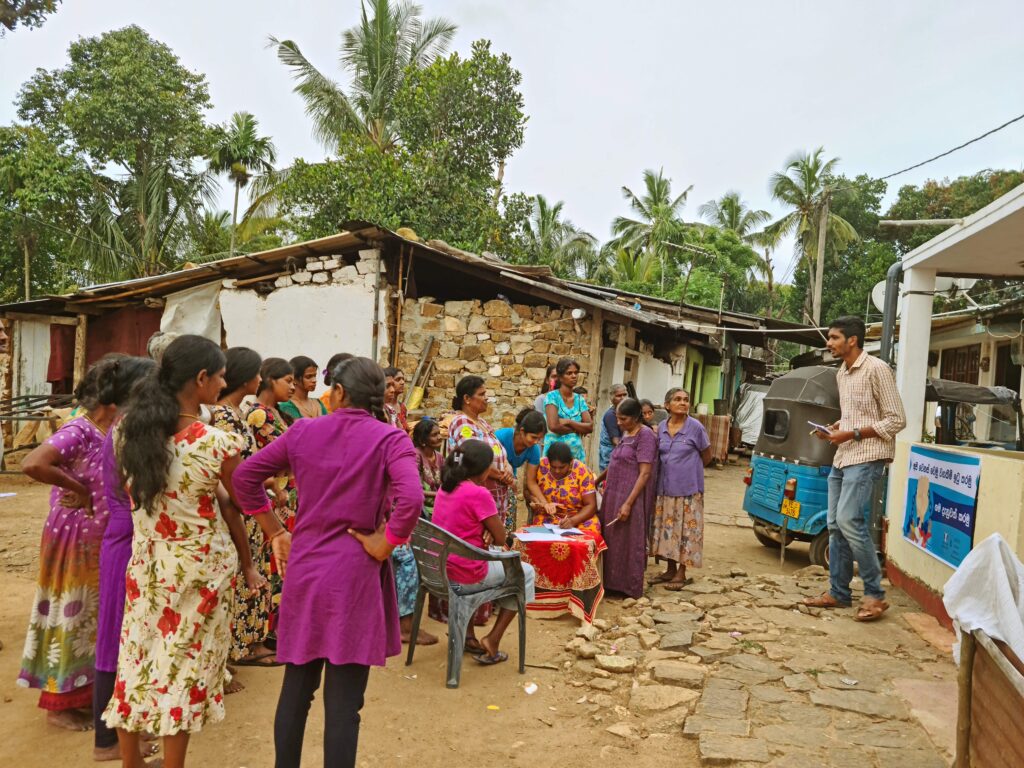
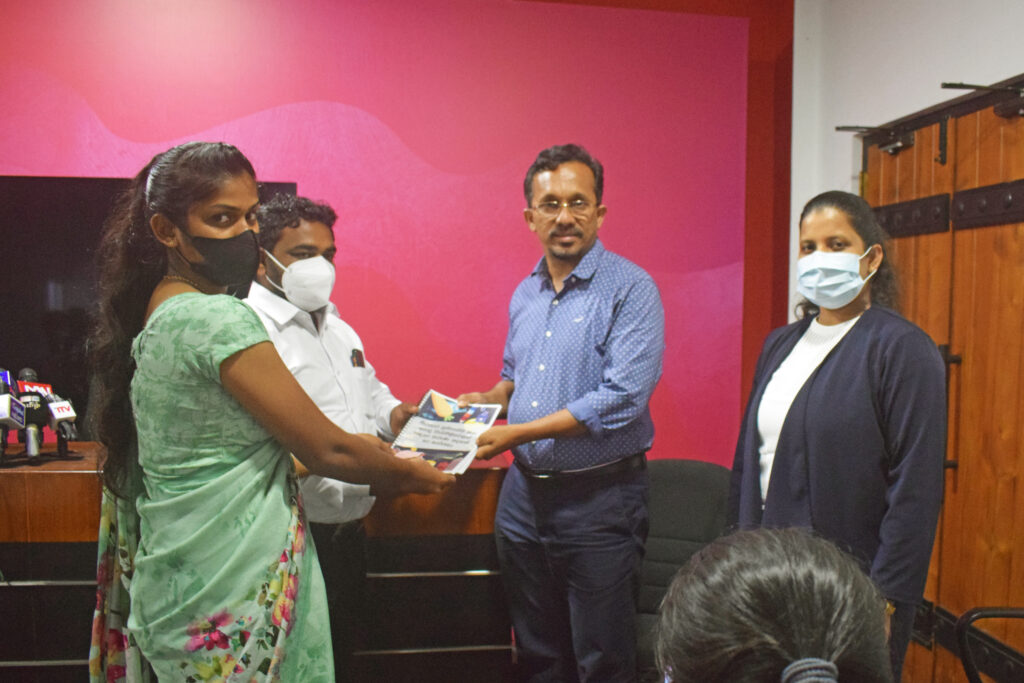
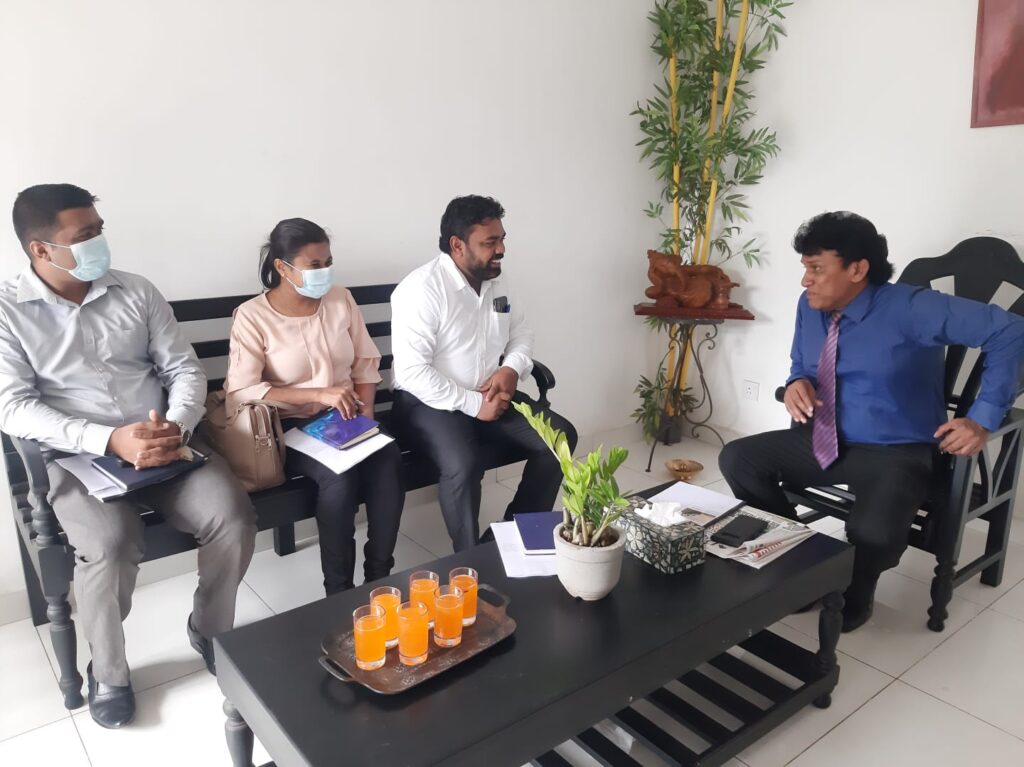
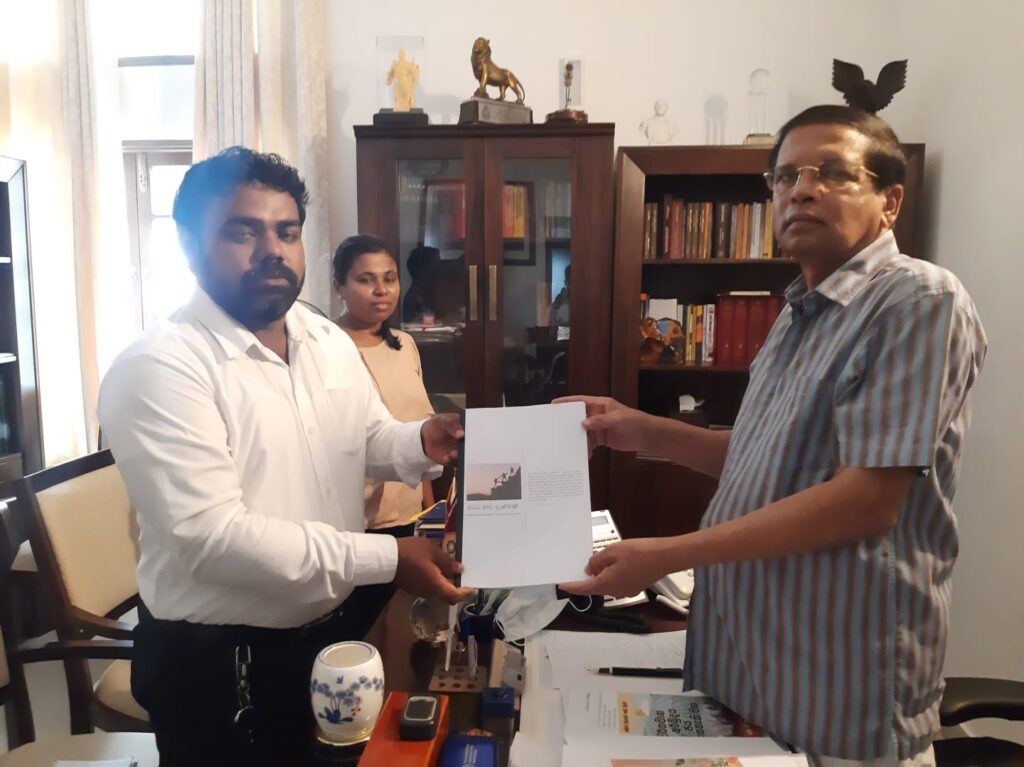
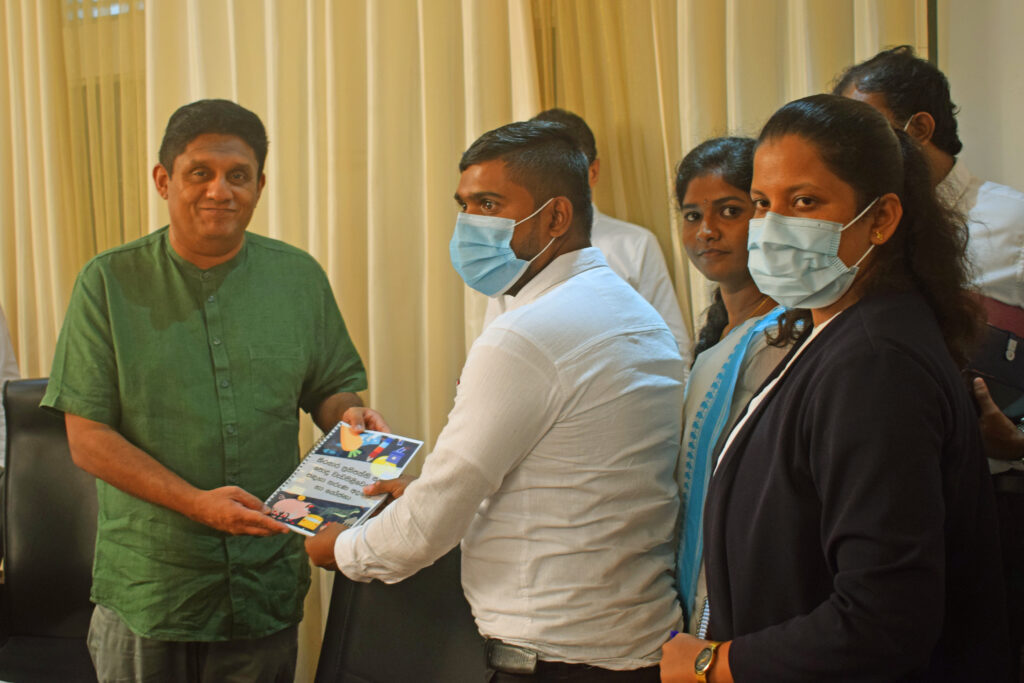
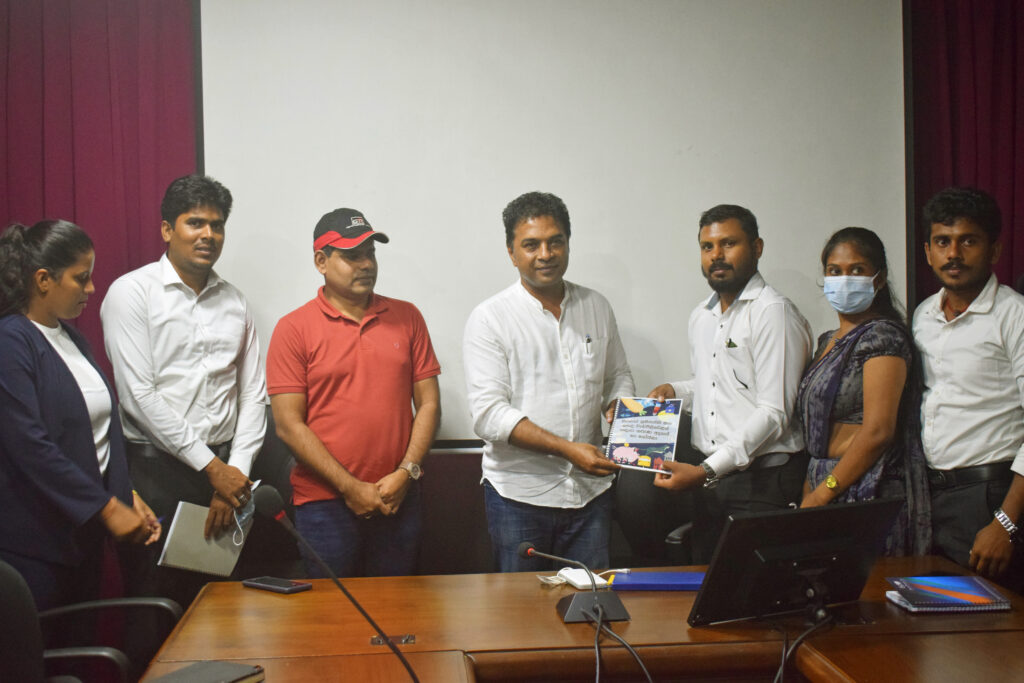
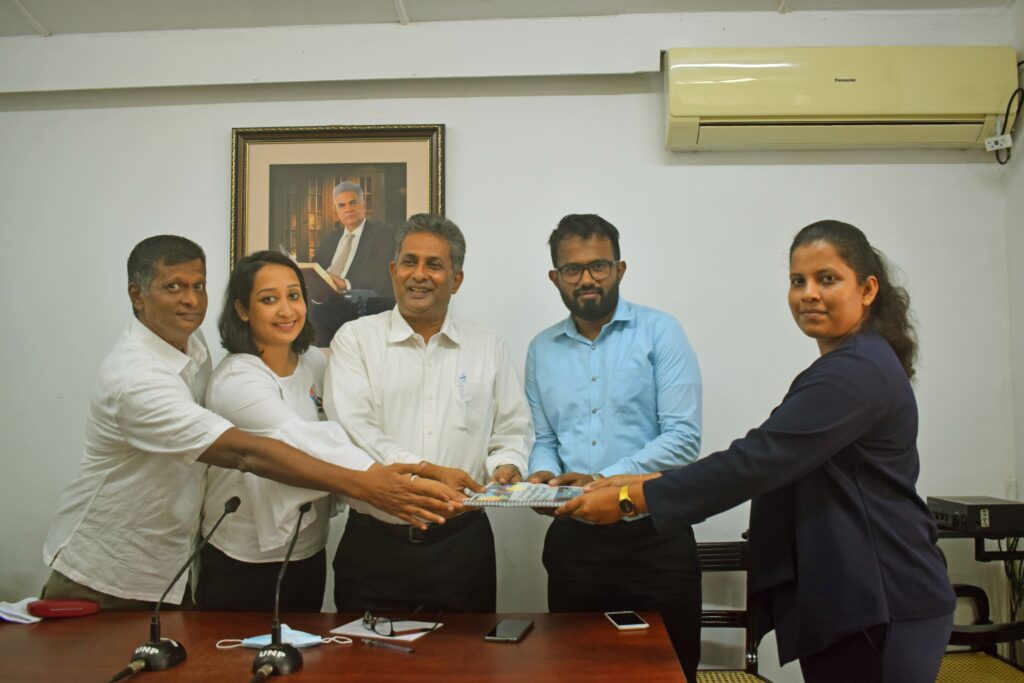
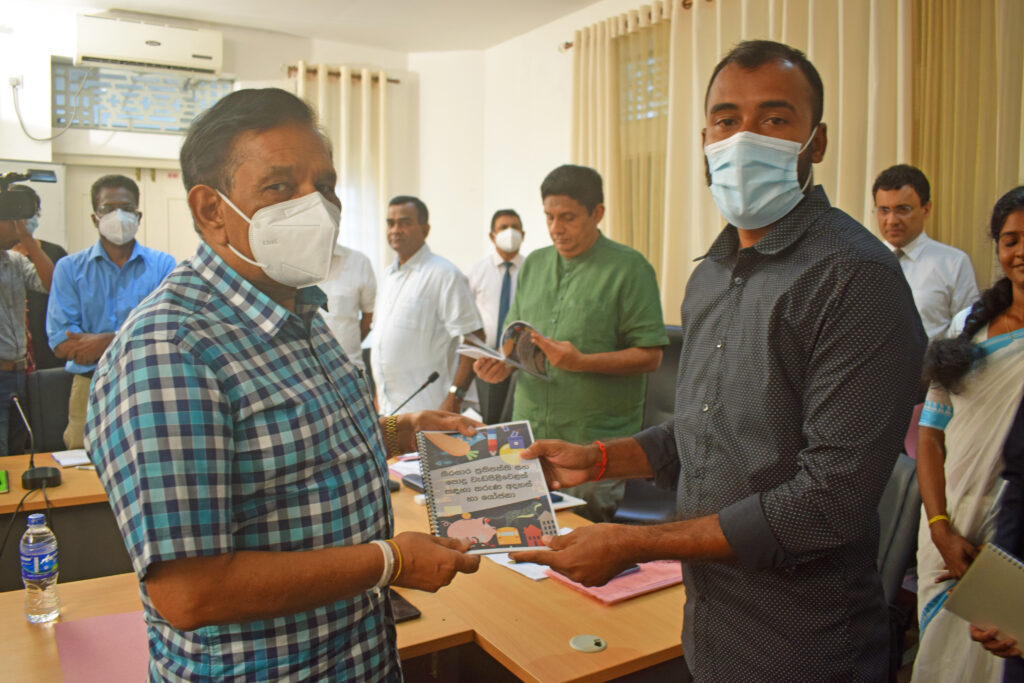
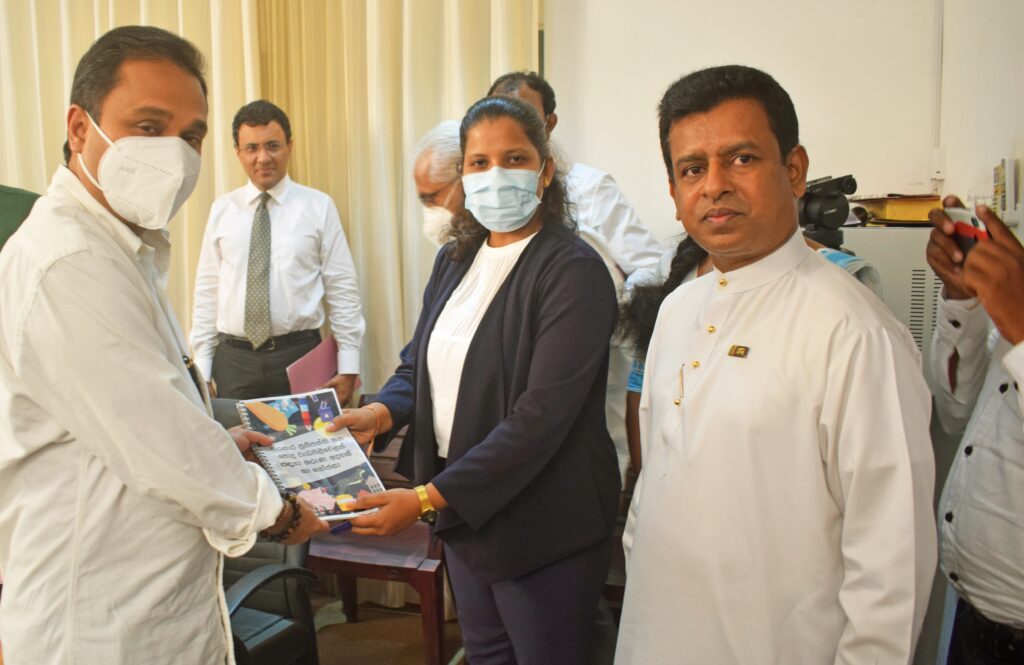
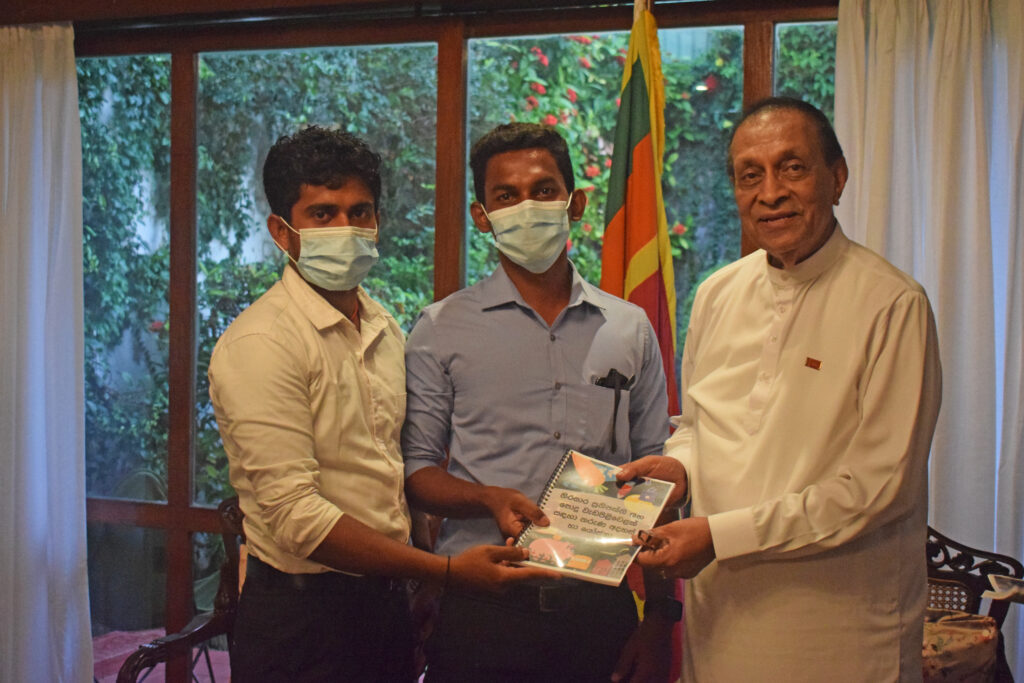
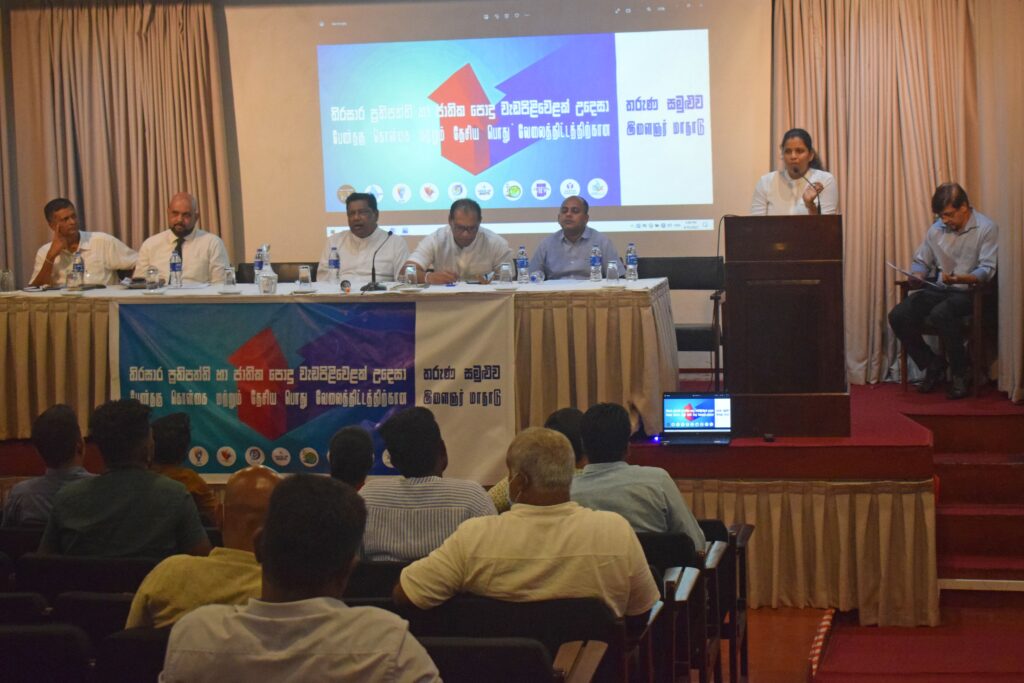
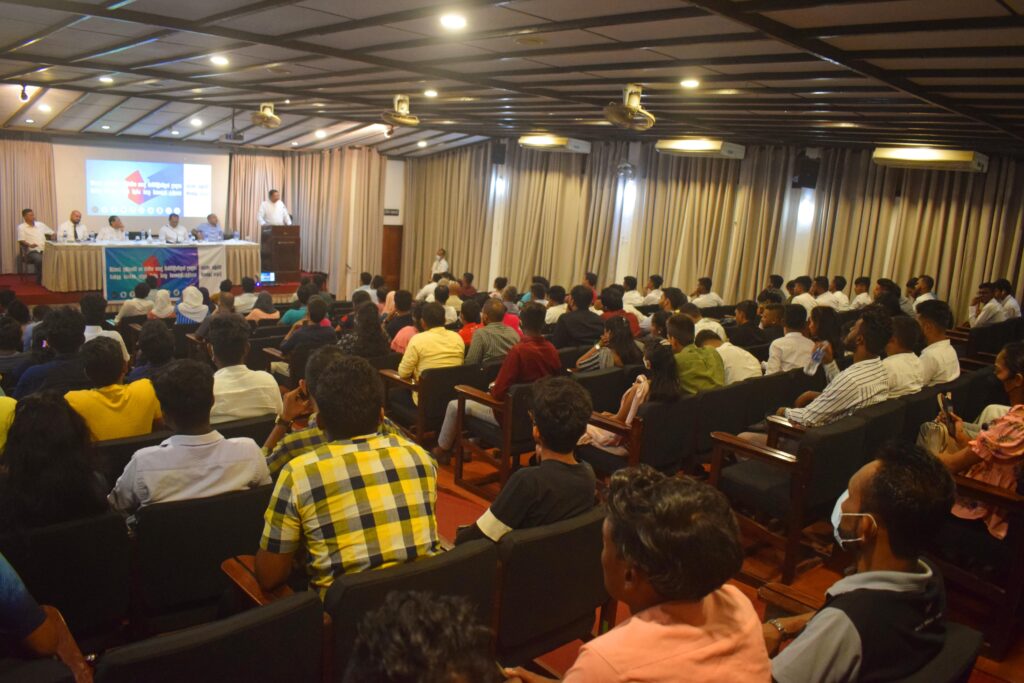
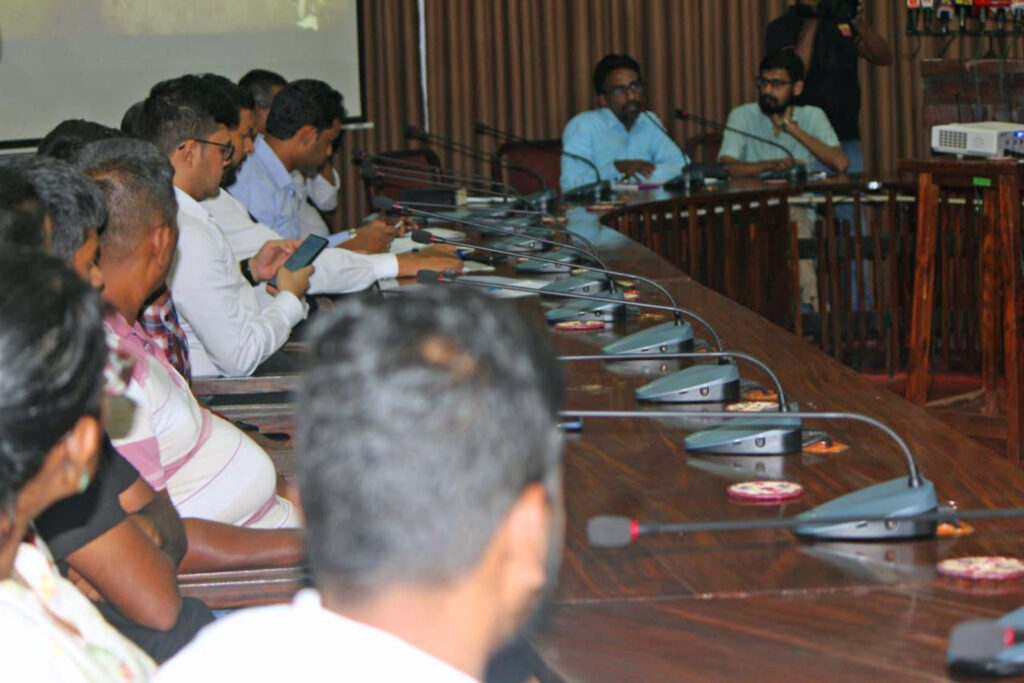
Governance
In the past decade, AFRIEL youth actively engaged with grassroots communities, identifying key issues in the local governance system and utilizing the right to information to gather in-depth insights into the causes of these problems. Having identified these issues, AFRIEL youth collaborated with journalist groups, amplifying their voice against malpractices and inefficiencies in the local governance system.
In response to the political and economic crisis after 2020, AFRIEL, alongside other civil society groups, proposed a basic policy framework for participatory democracy. Subsequently, the government established a mechanism named Janasabha. The Janasabha Secretariat team has maintained close dialogue with AFRIEL since then, focusing on ground-level realities and the practical implementation of the Janasabha system. Notably, most of the proposed suggestions by AFRIEL youth regarding the Janasabha Act were adopted. AFRIEL further supported the Janasabha team in implementing model Janasabha programs, developing training plans for a resource person pool, mobilizing trainers from government institutions, and building relationships with civil society organizations to strengthen participatory democracy in the country.
AFRIEL’s governance programs have so far engaged with 2,839 people and 429 institutions.
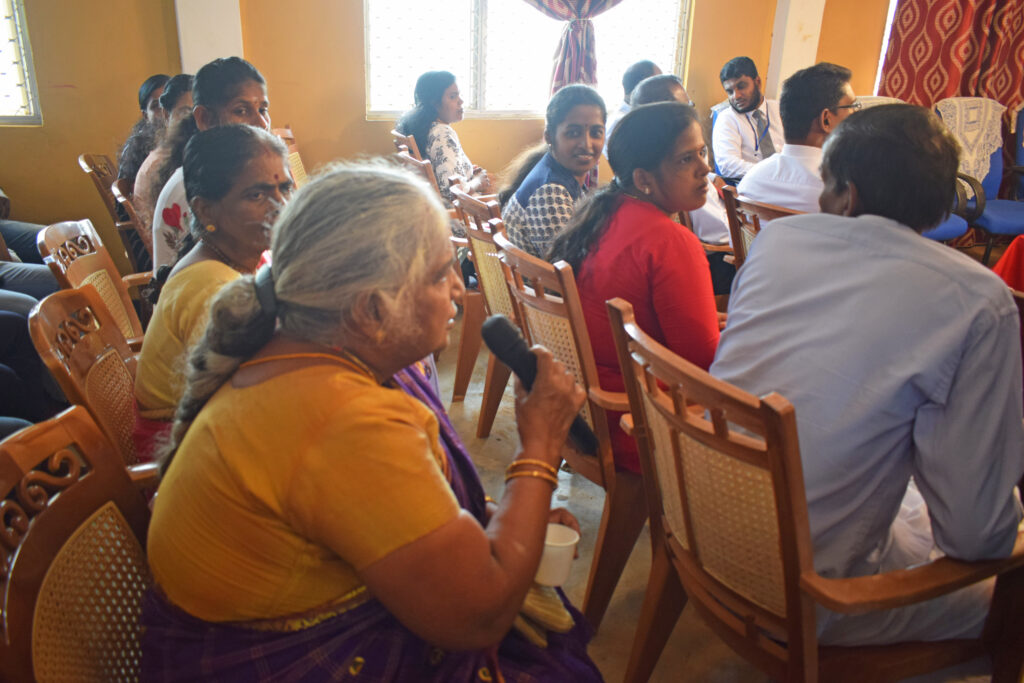
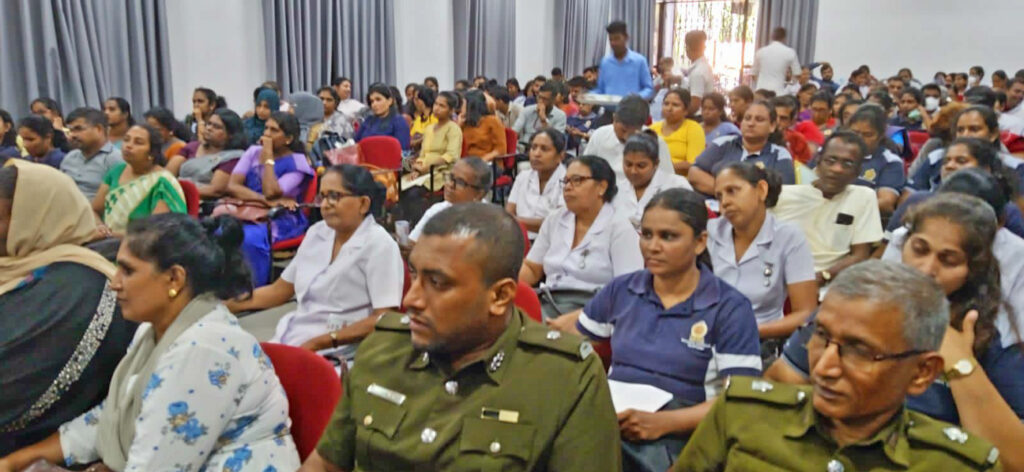
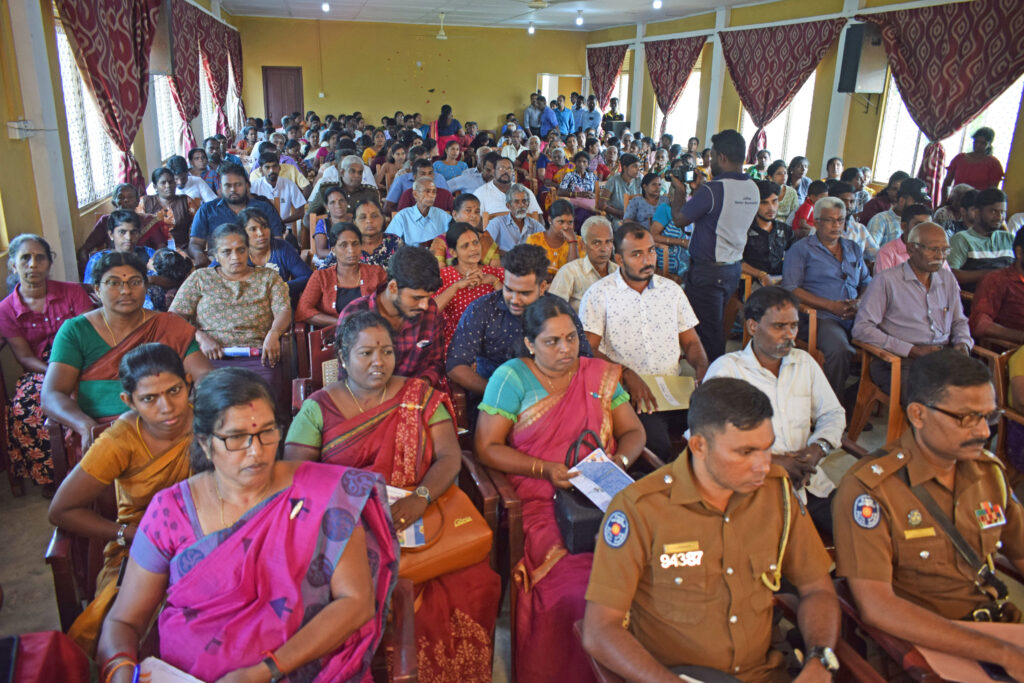
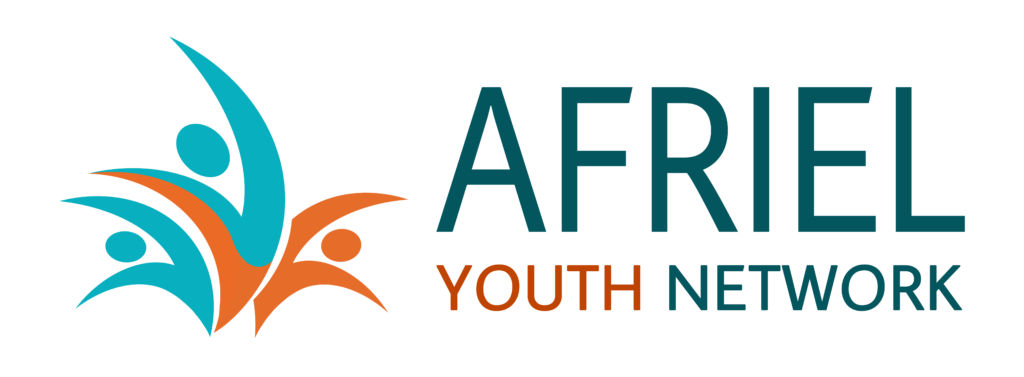
You must be logged in to post a comment.